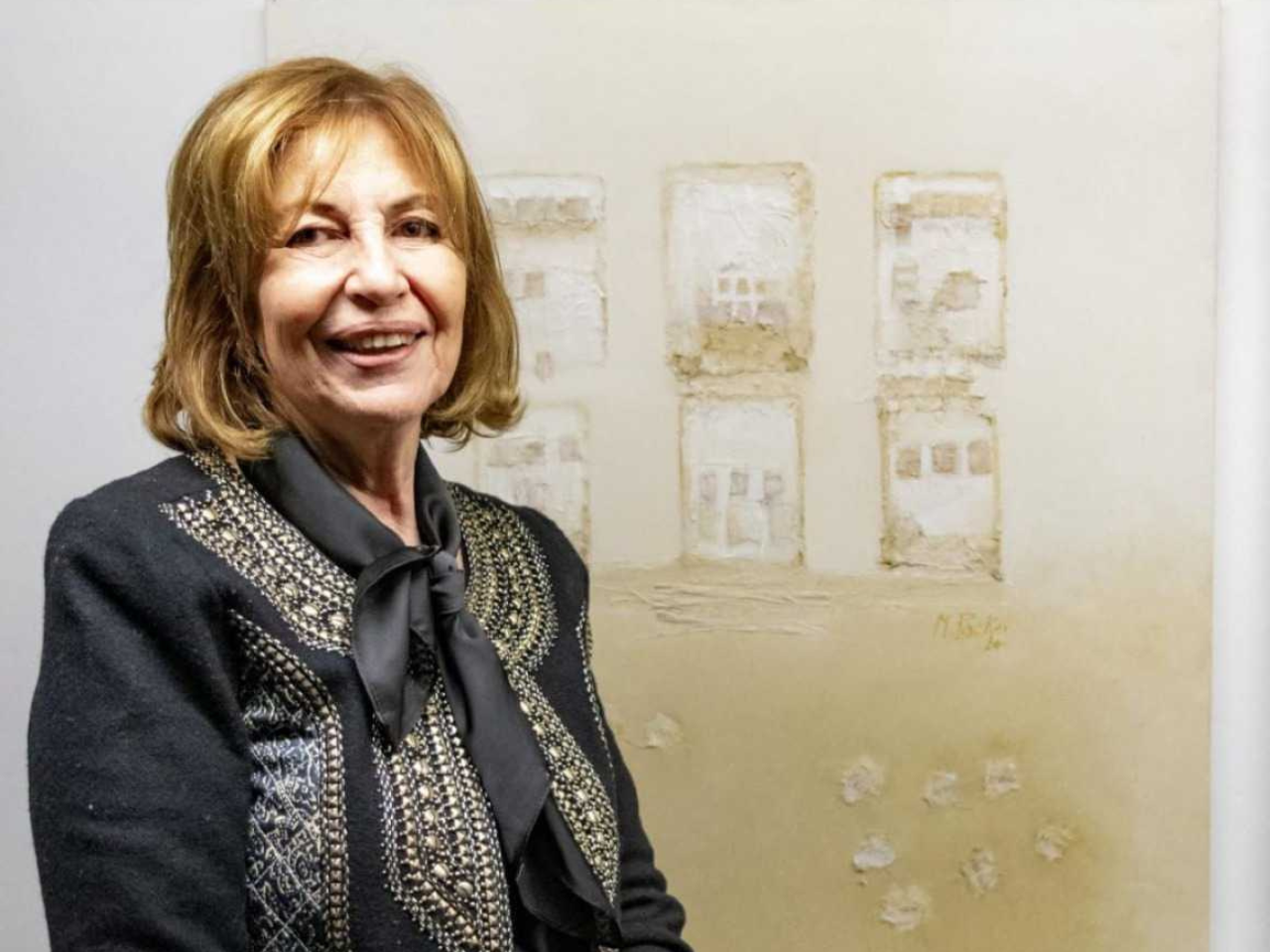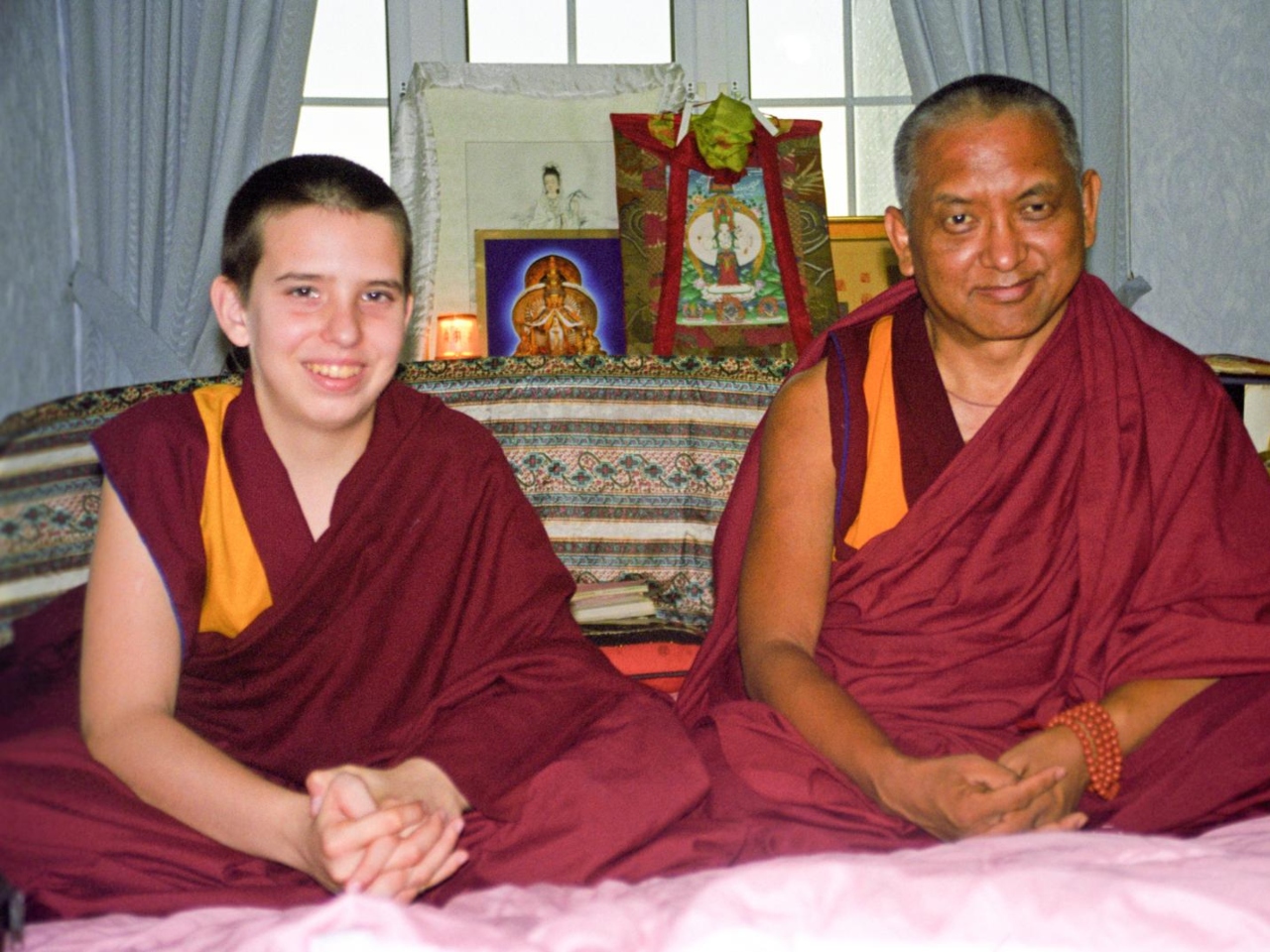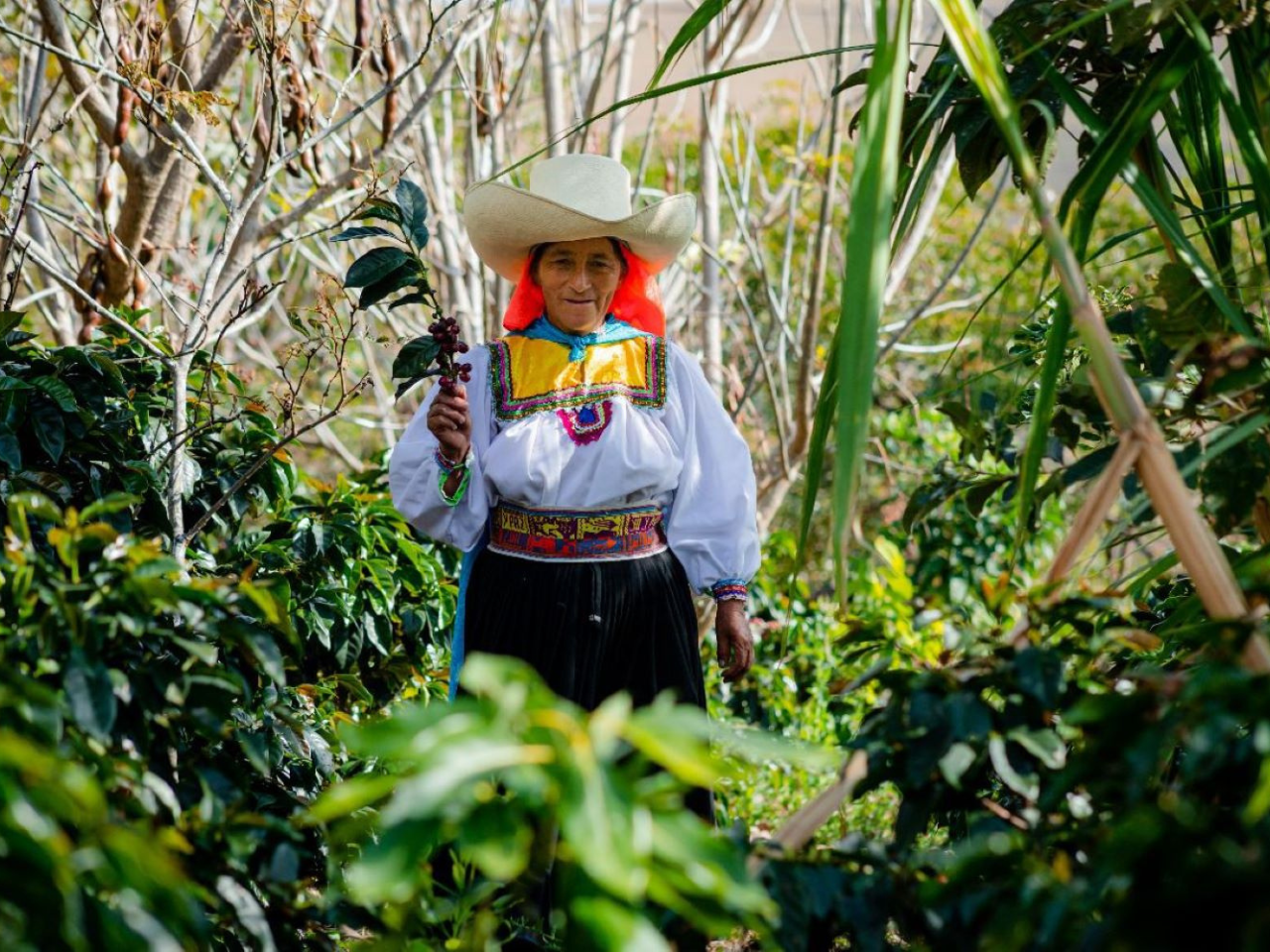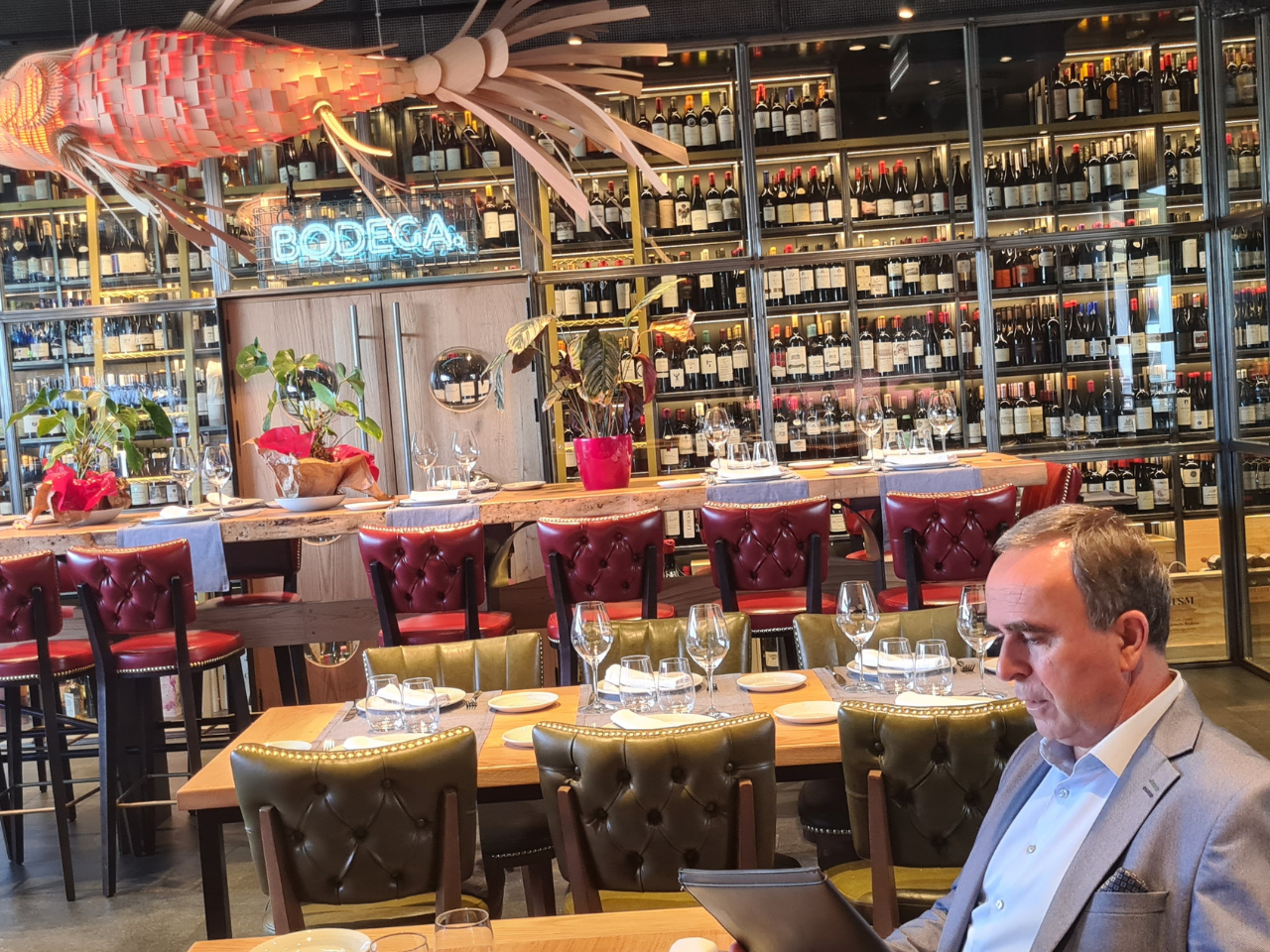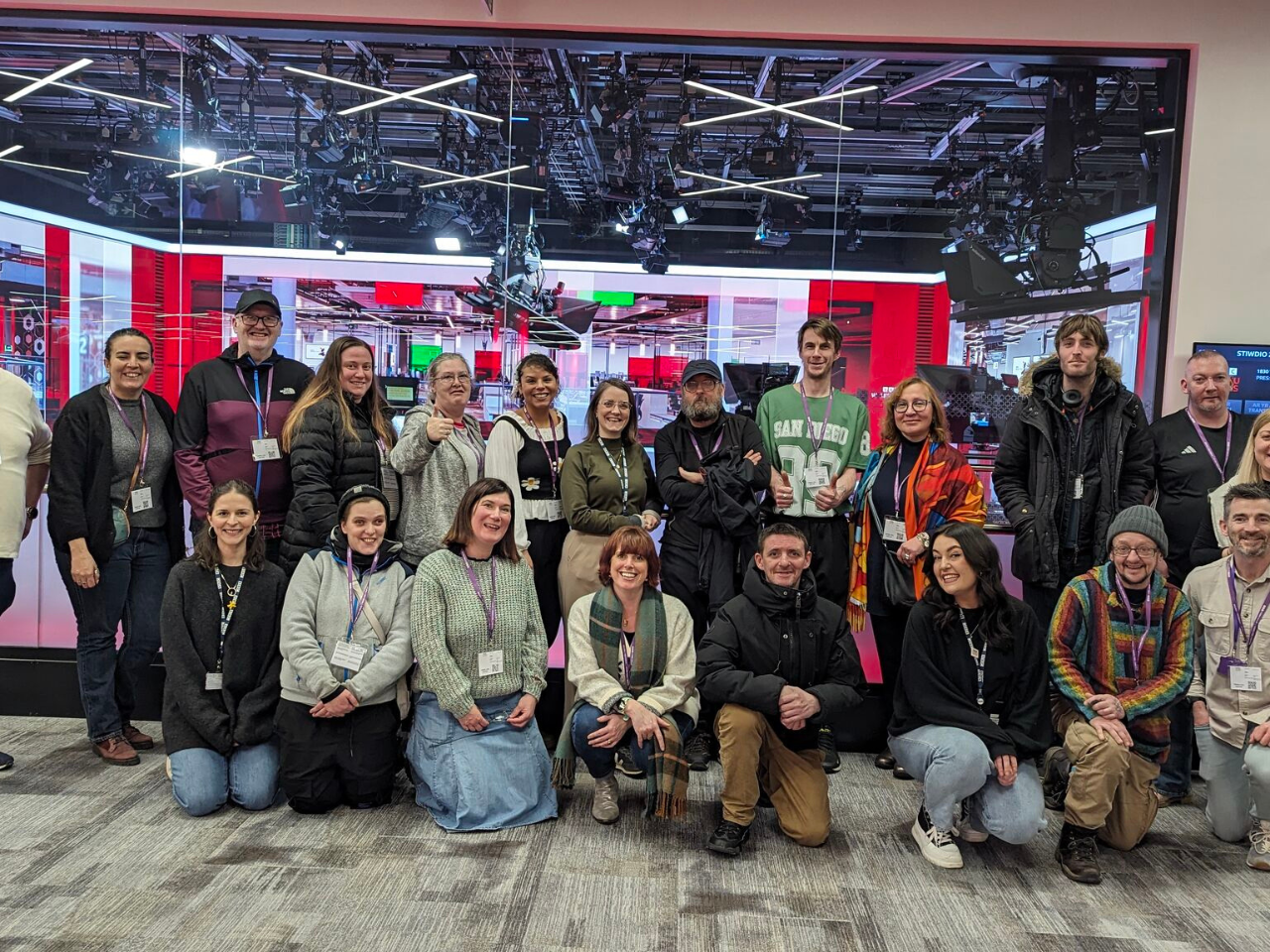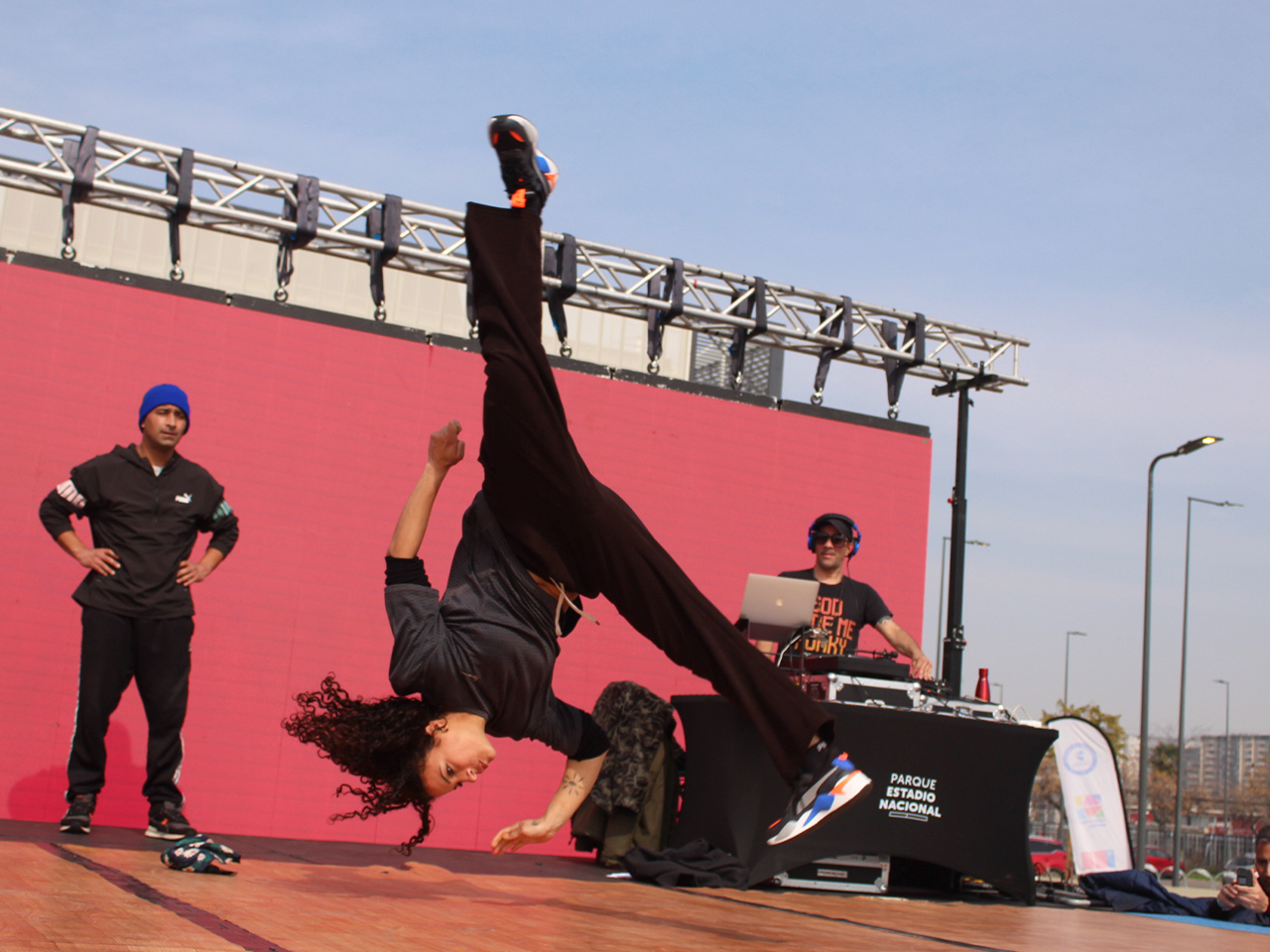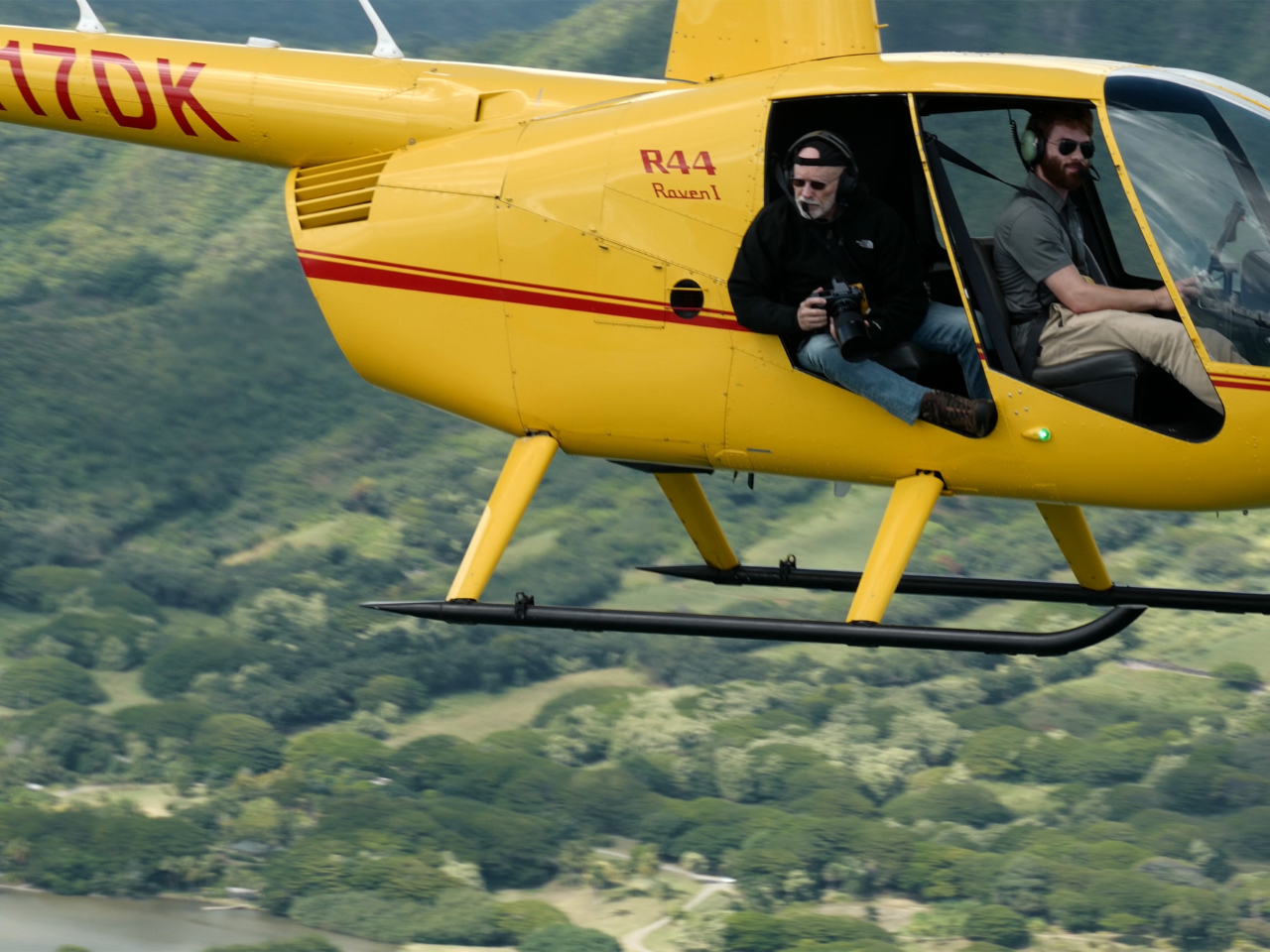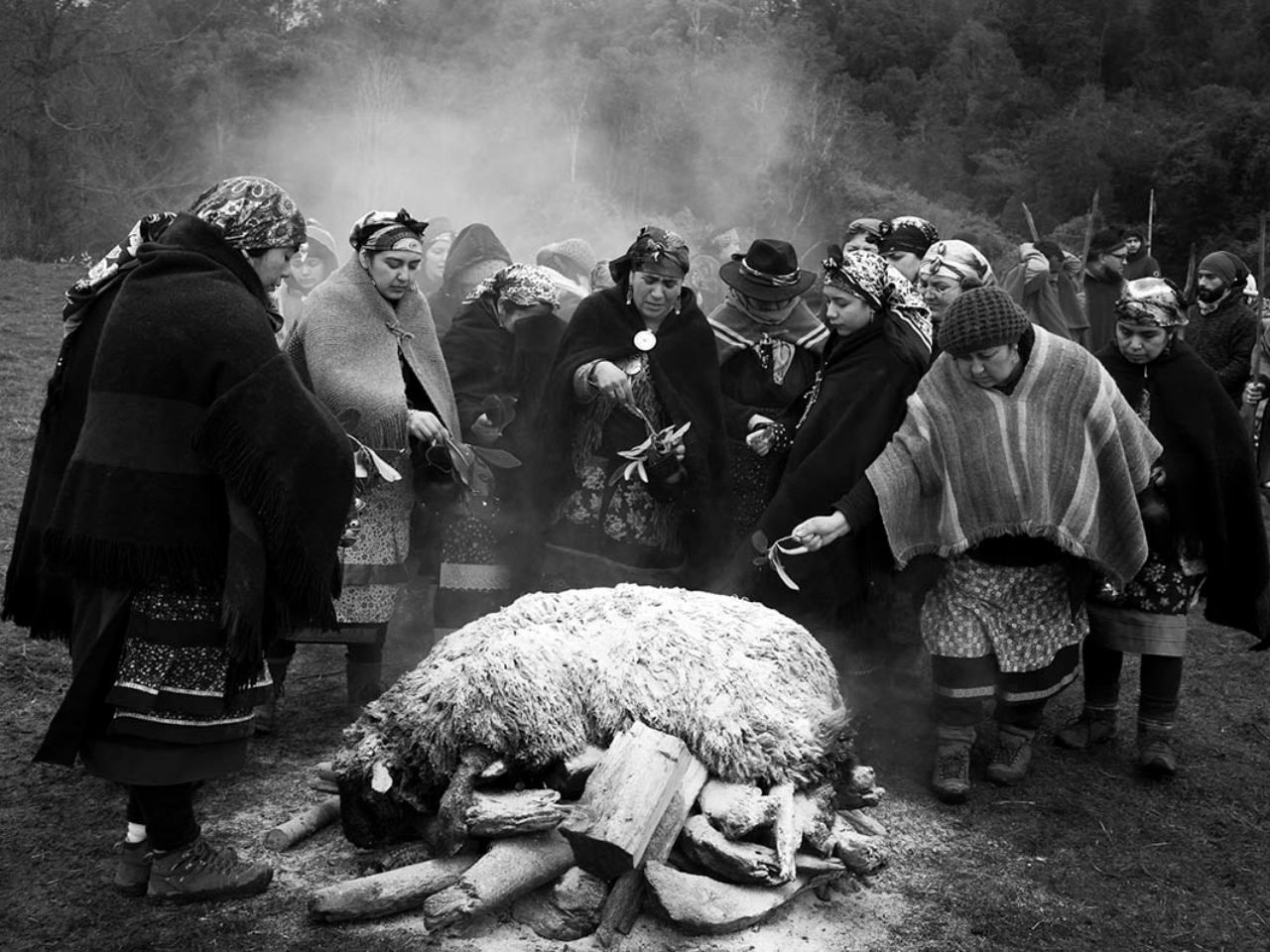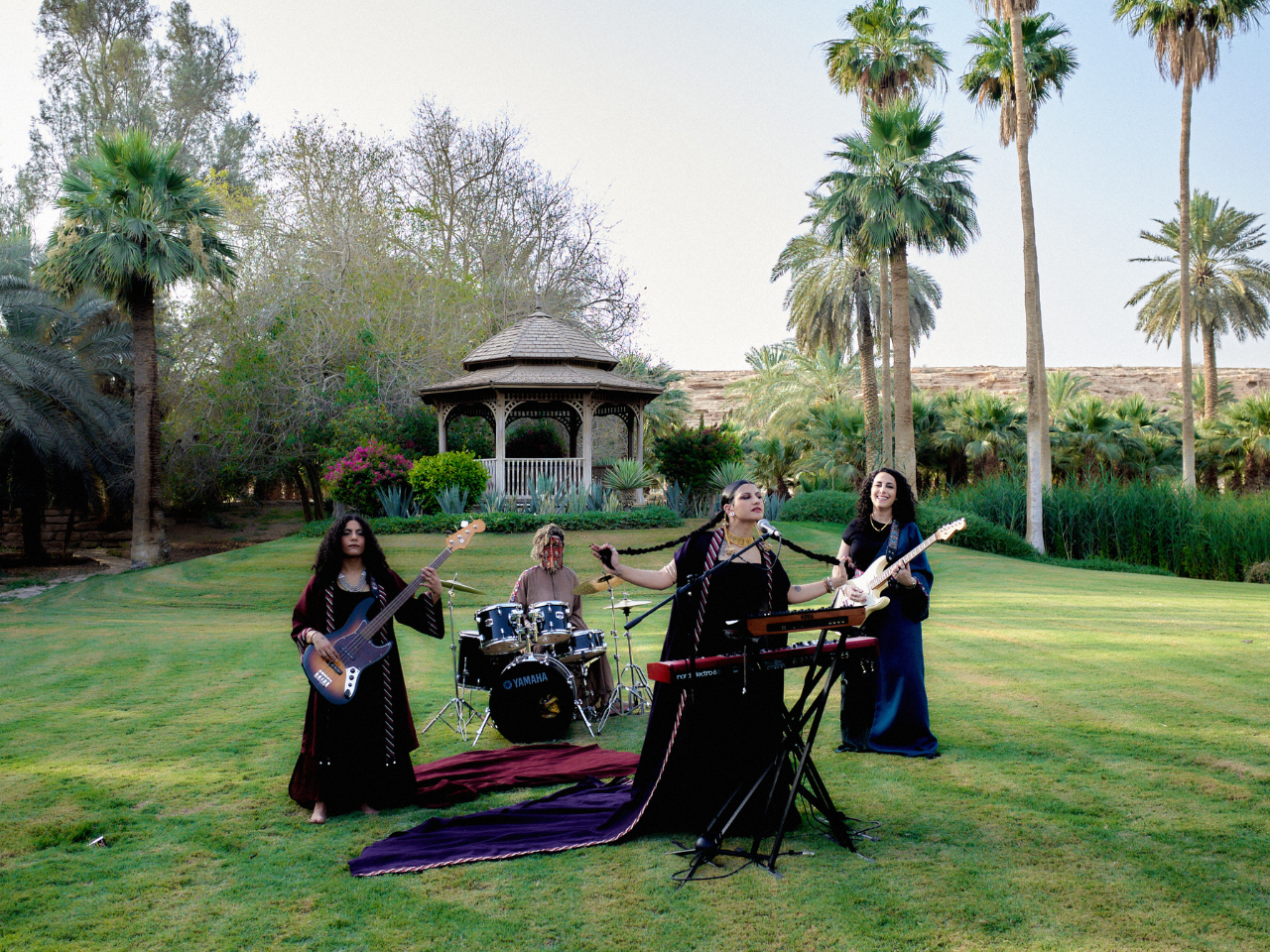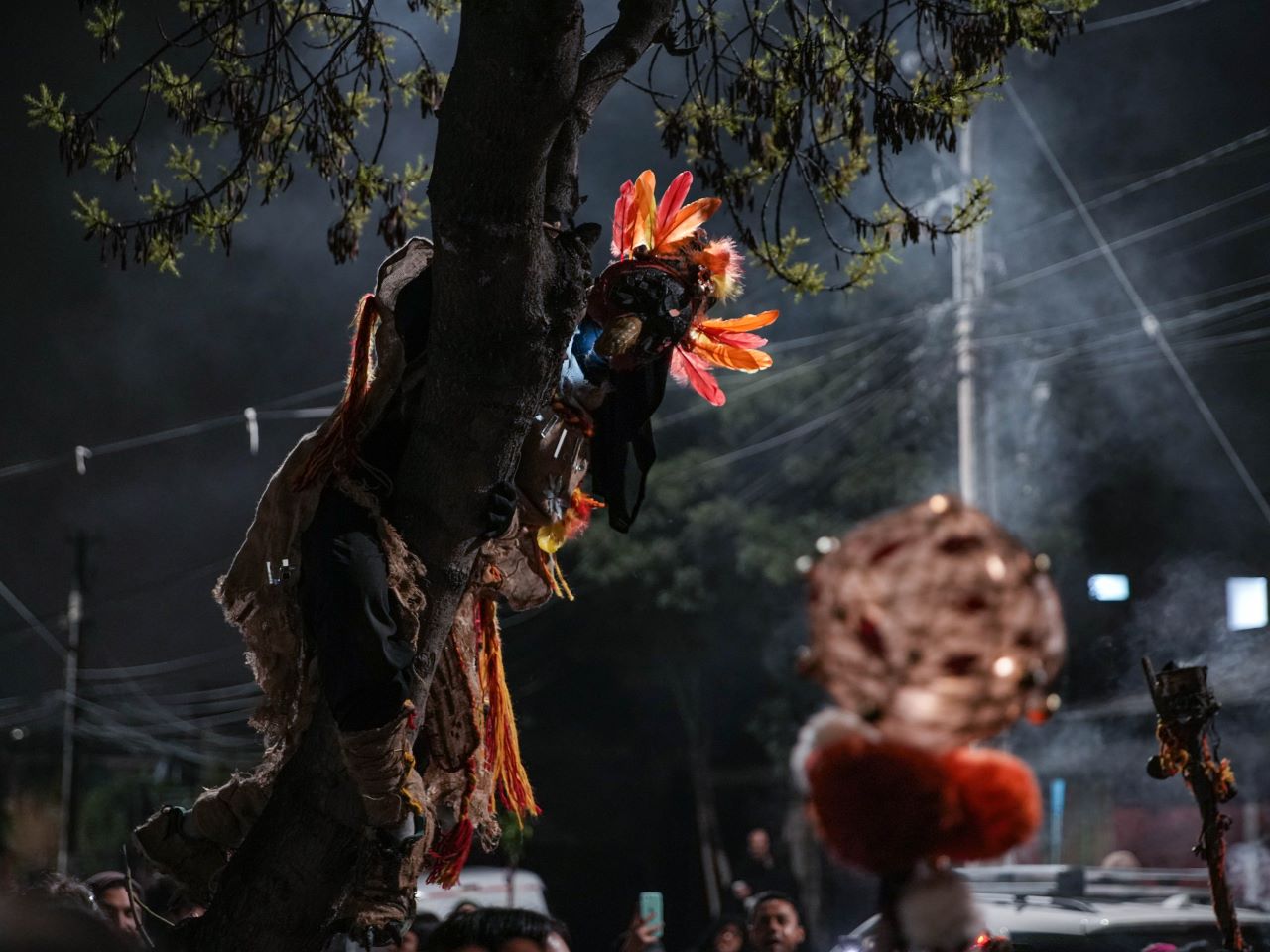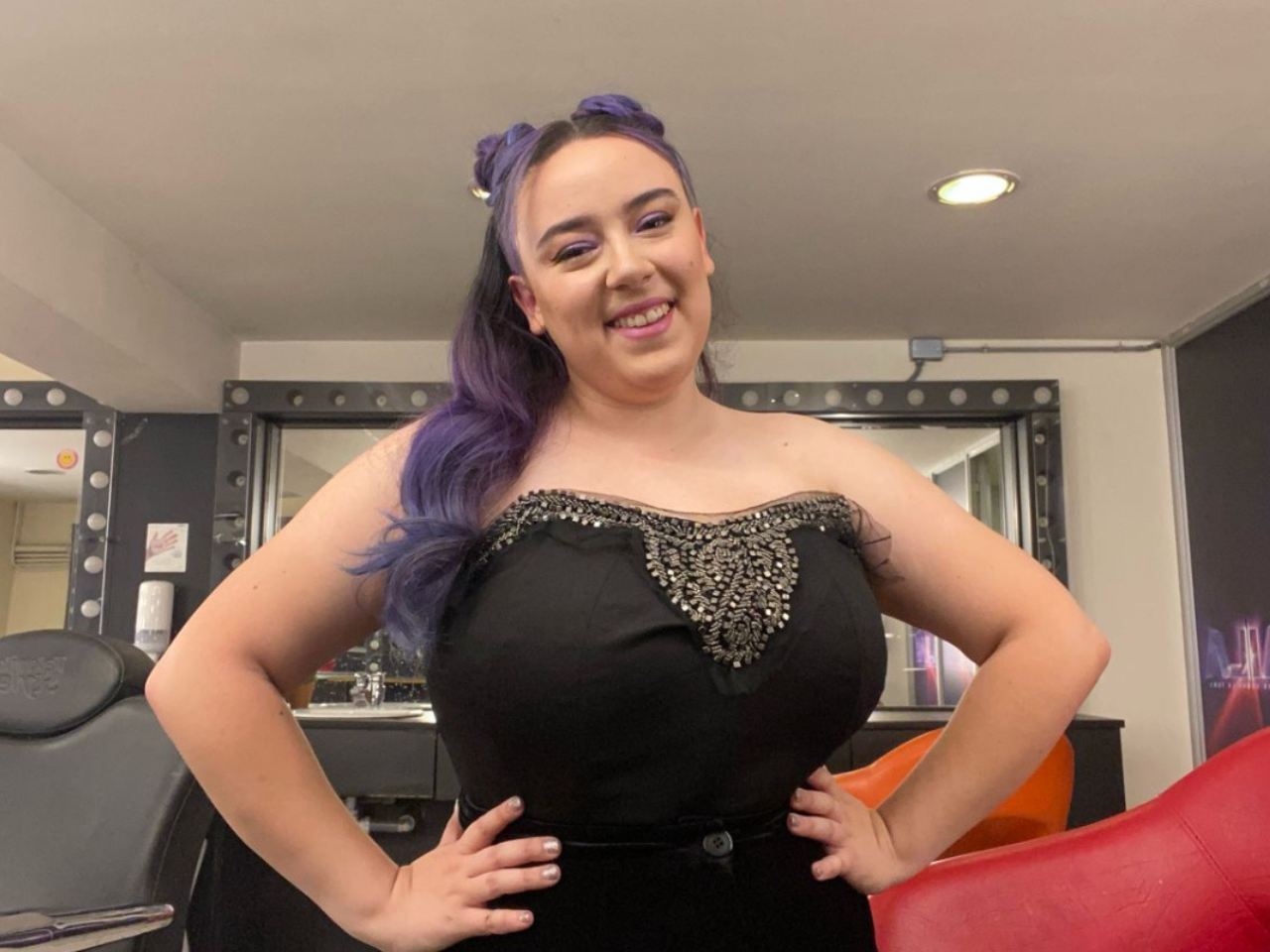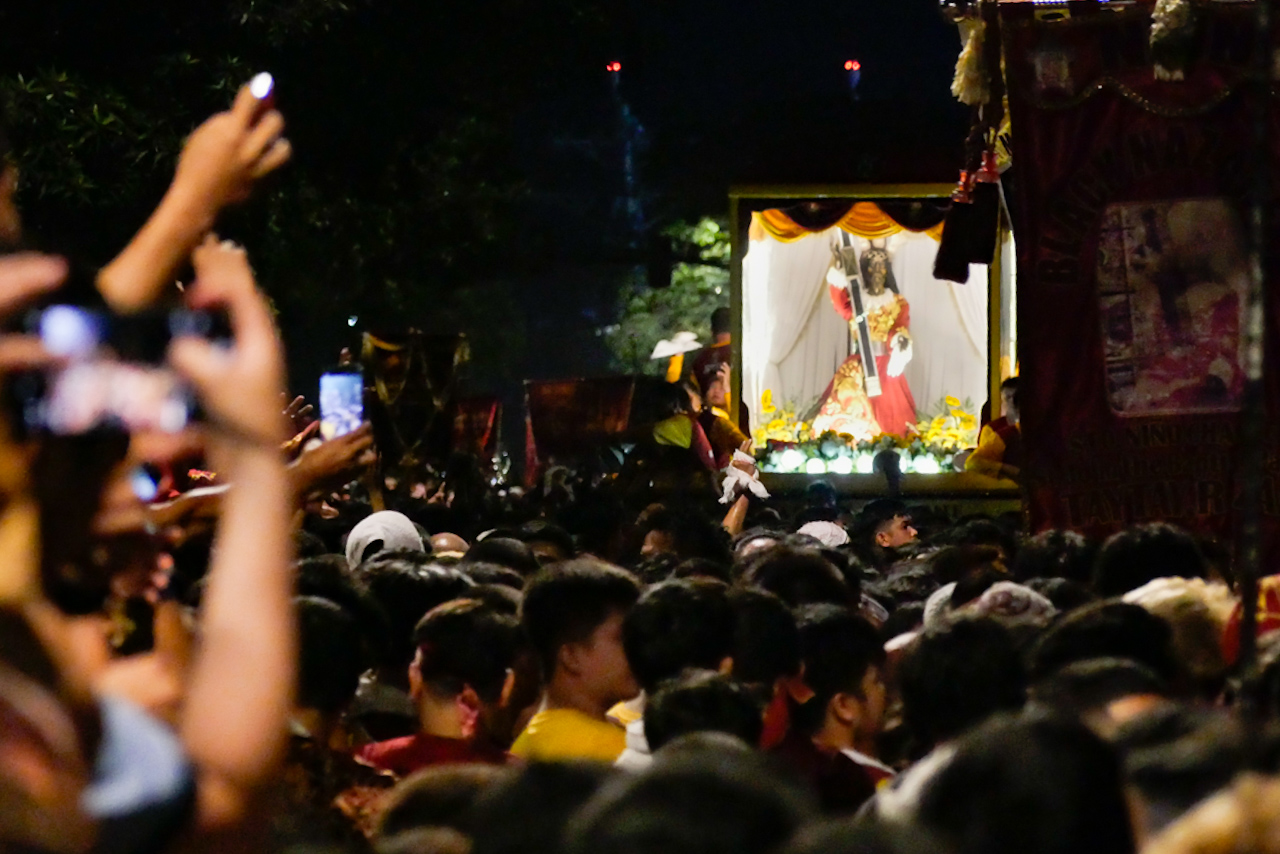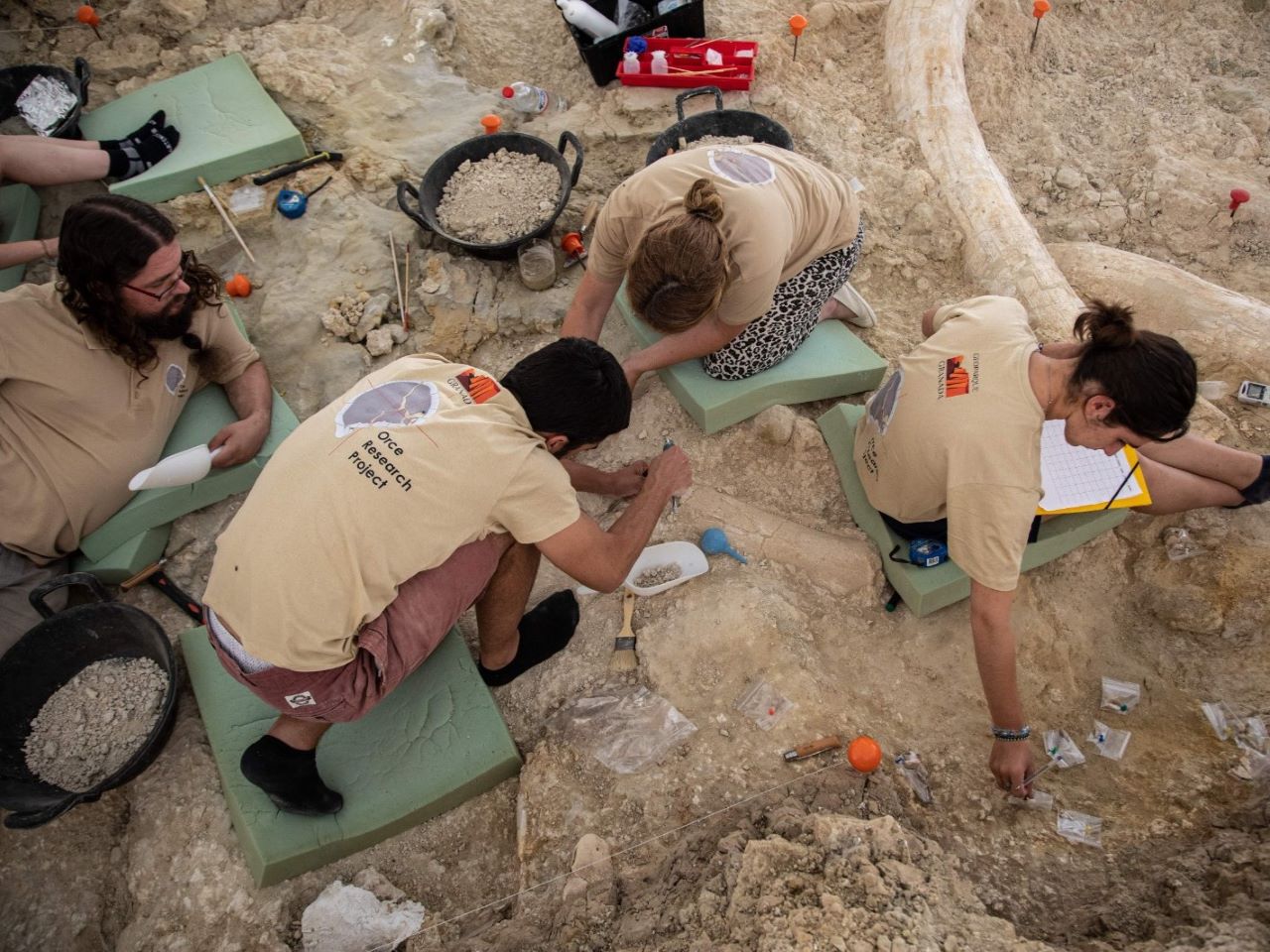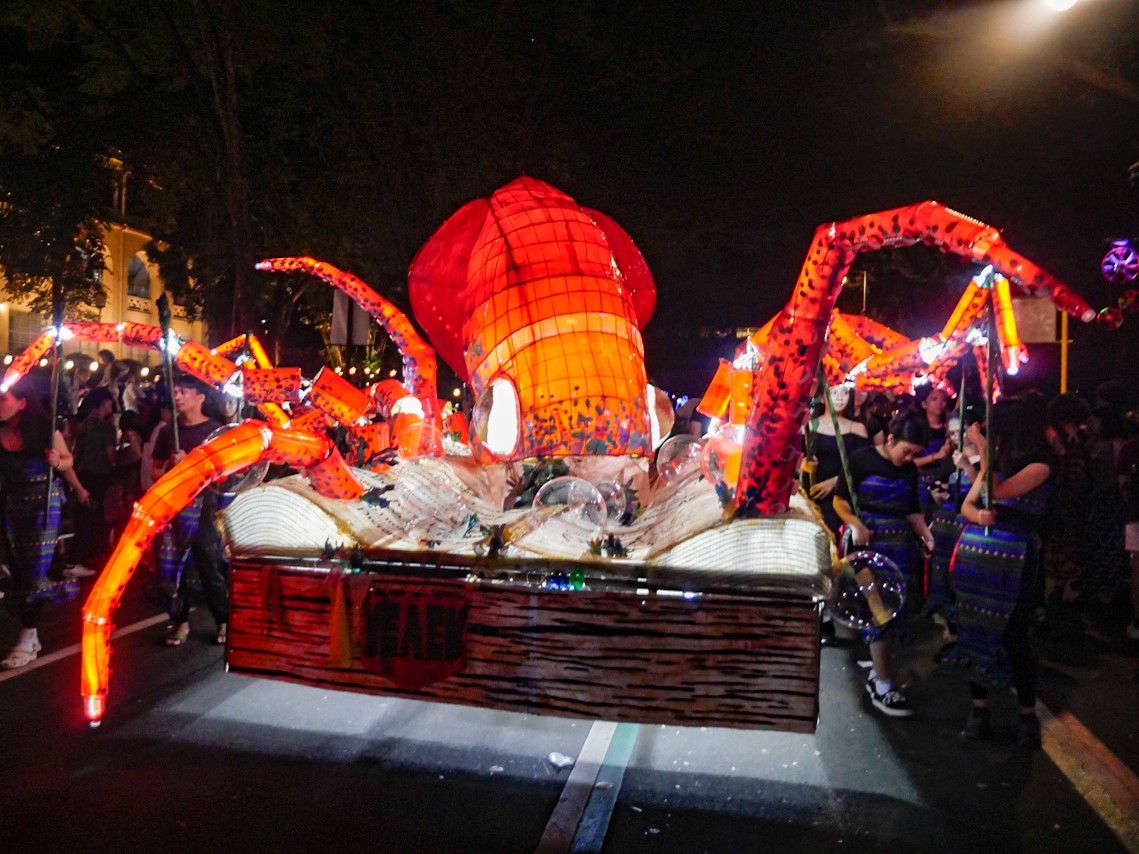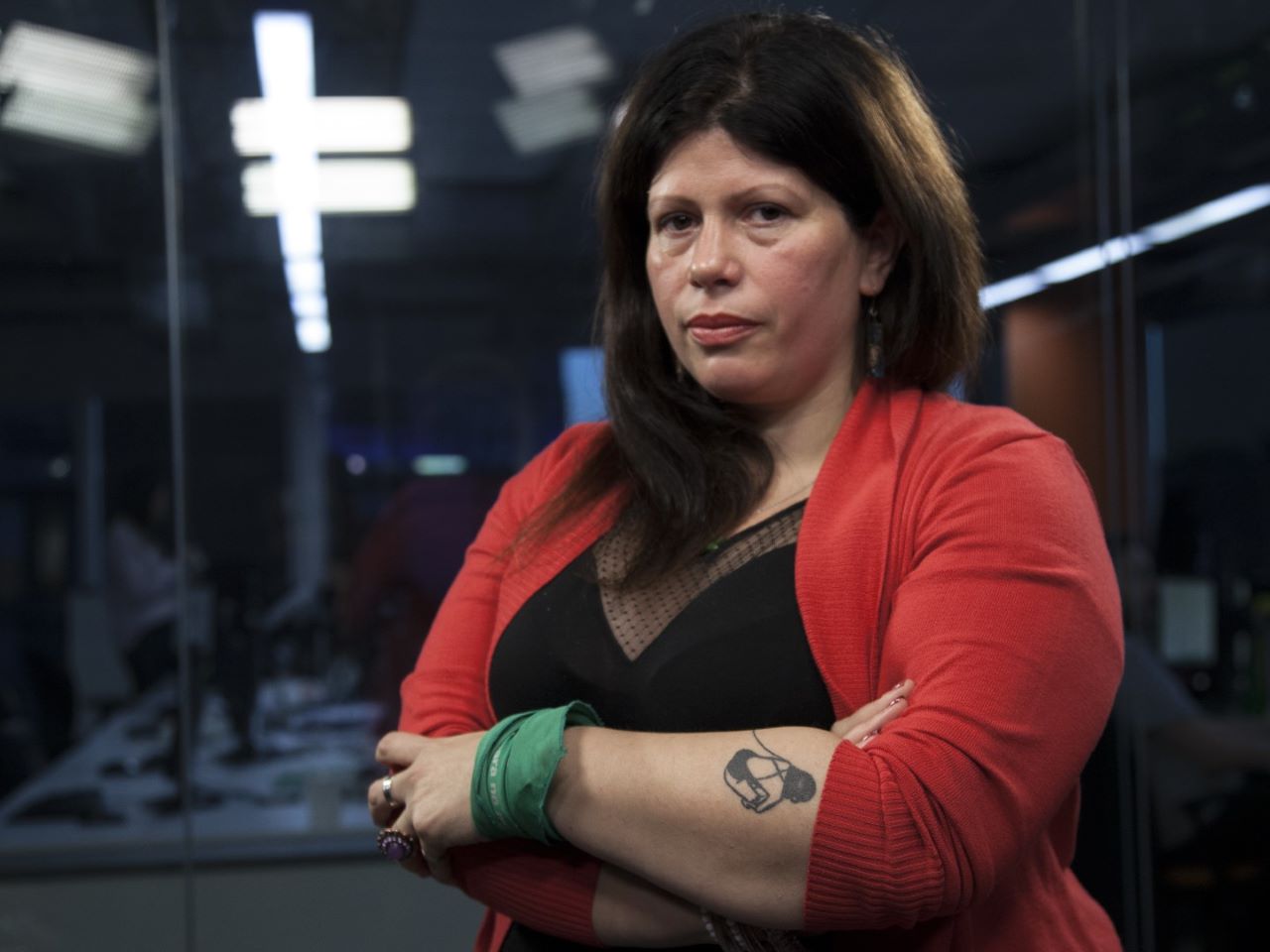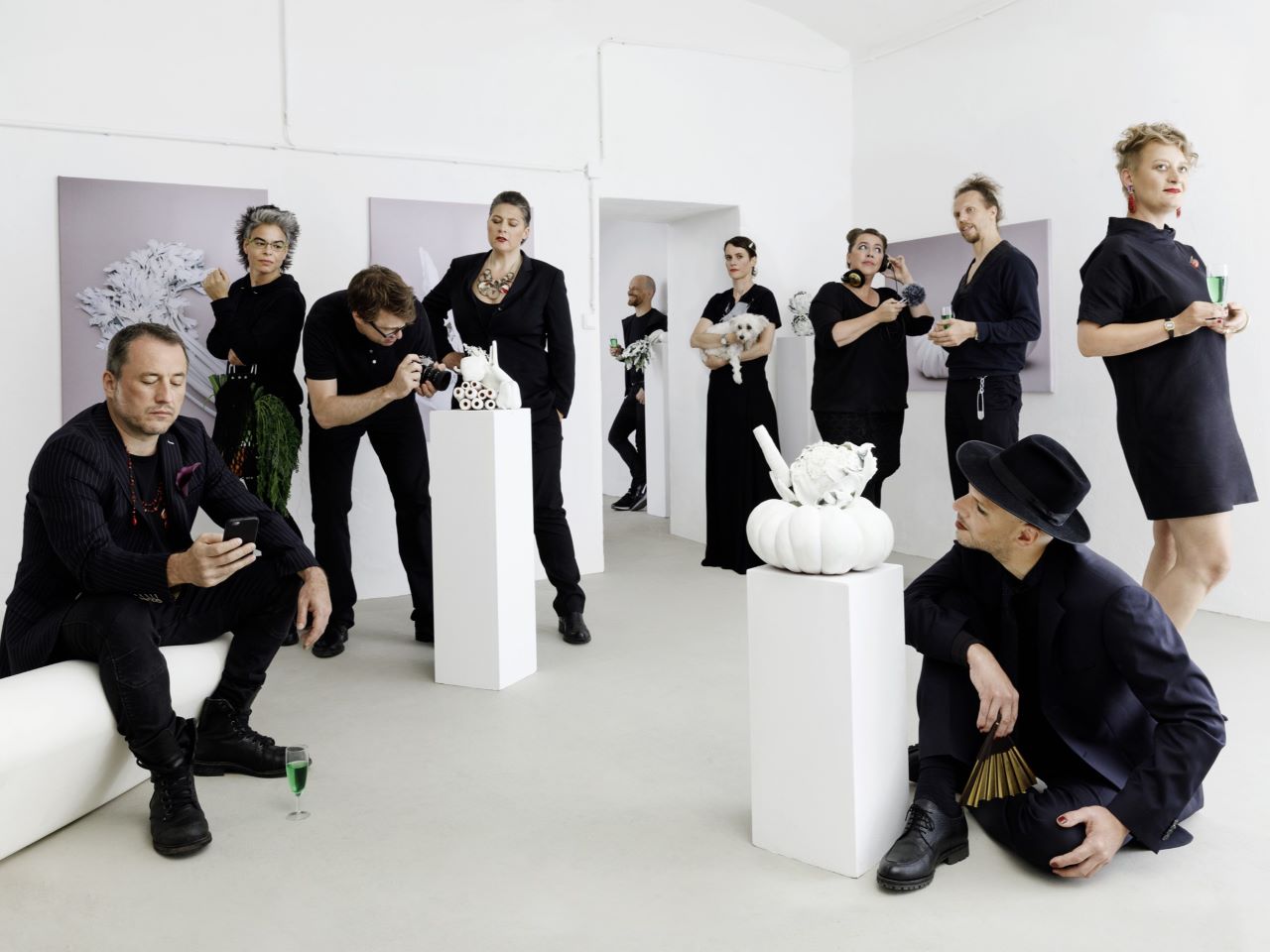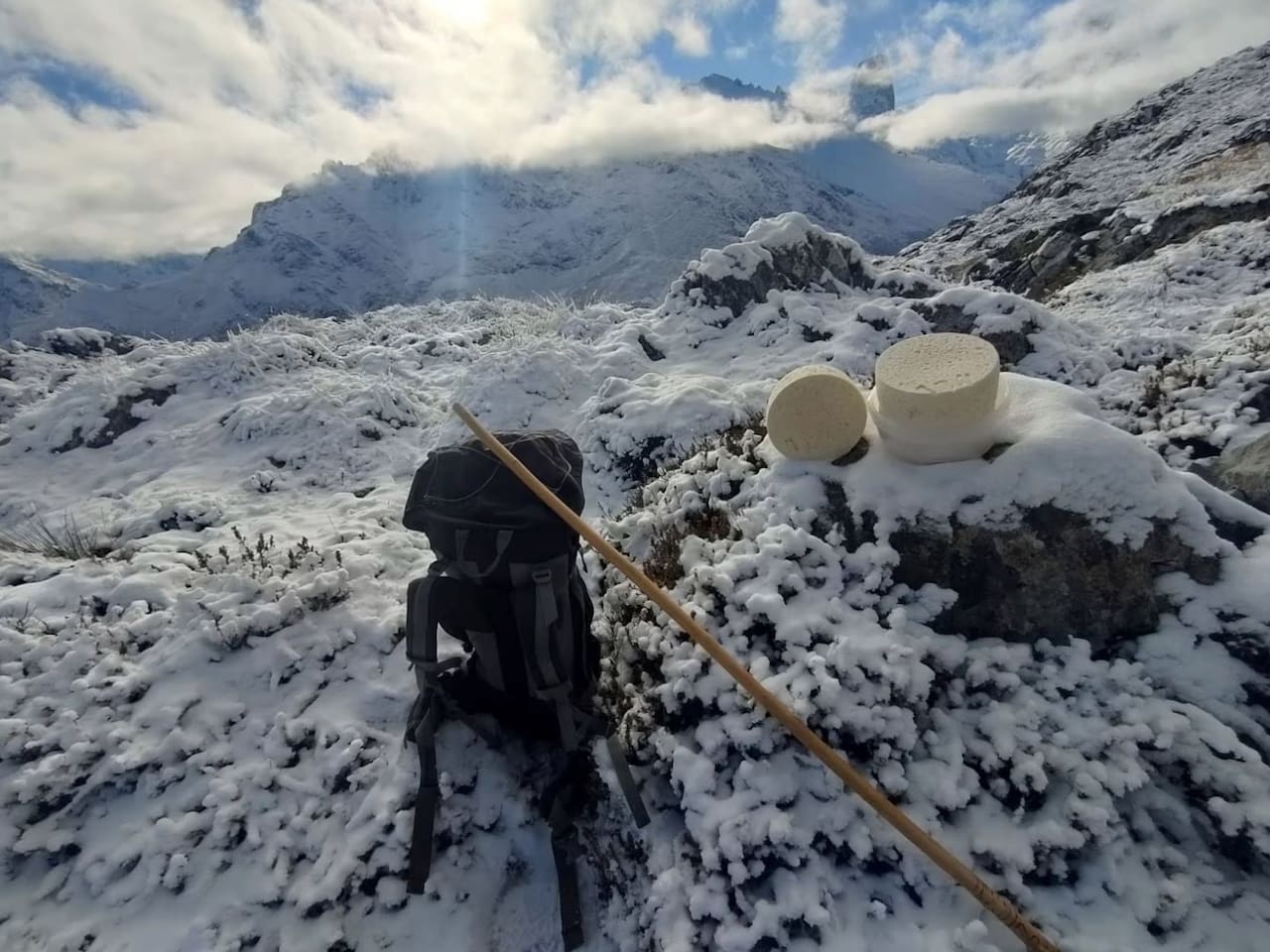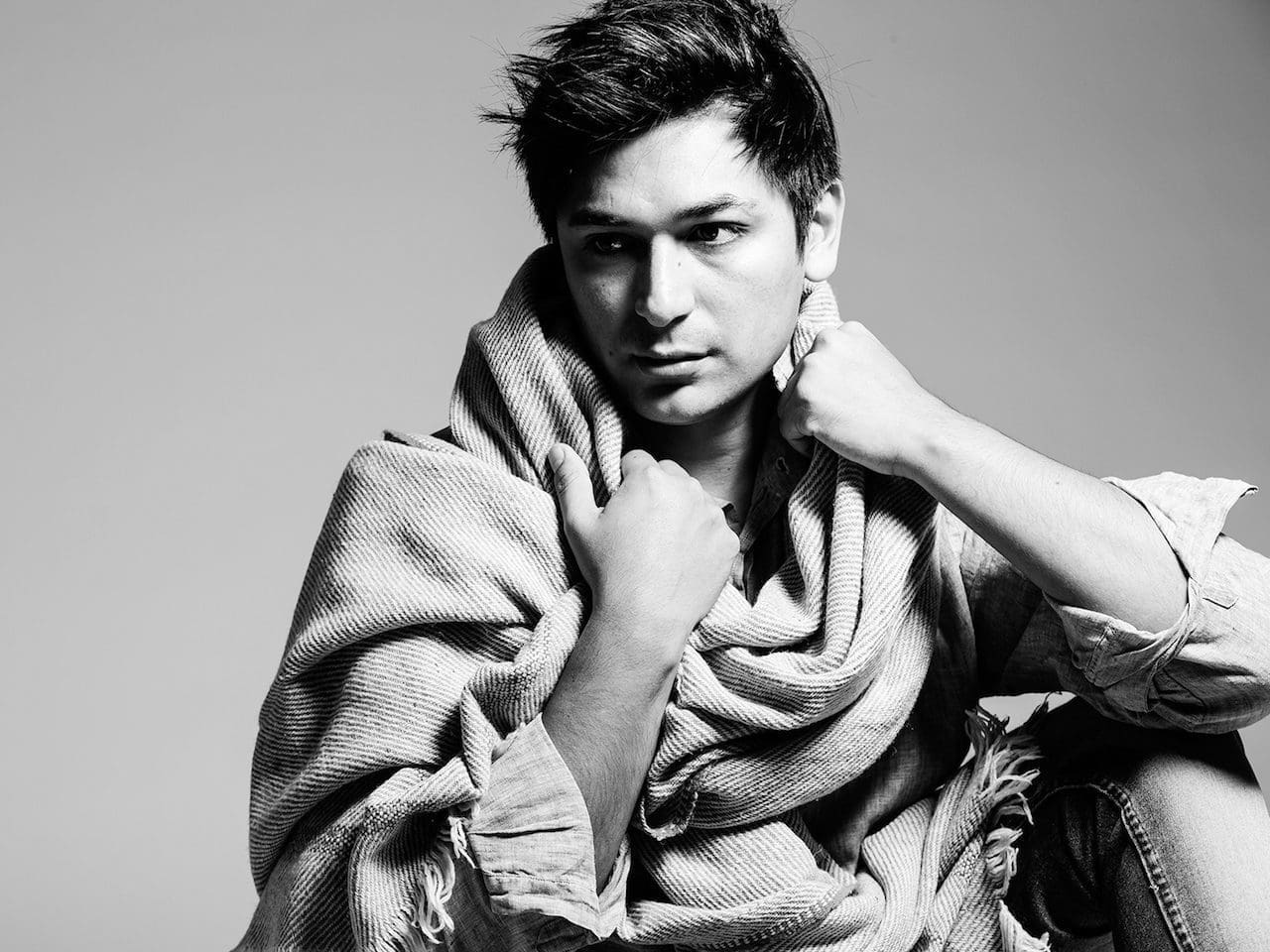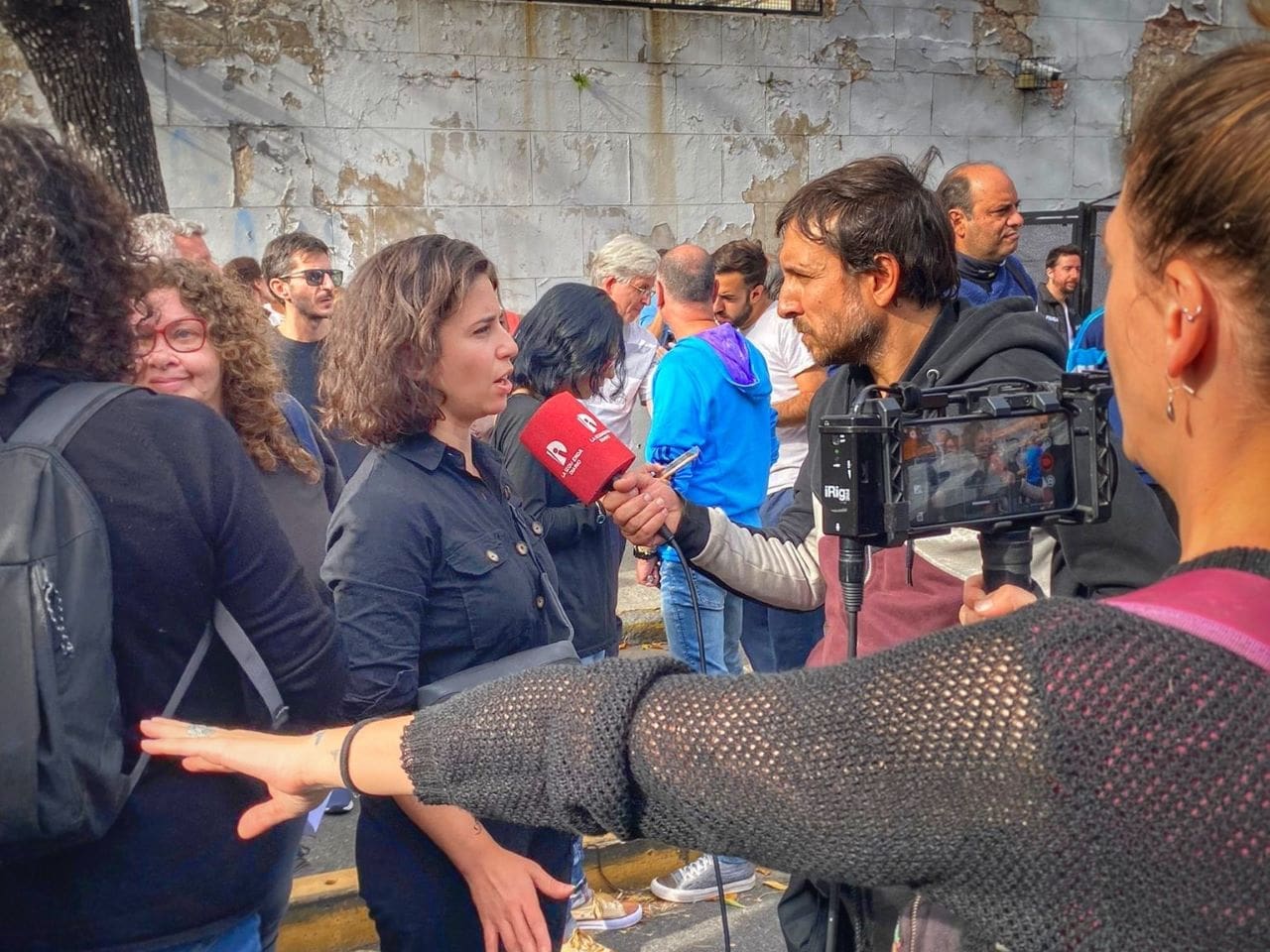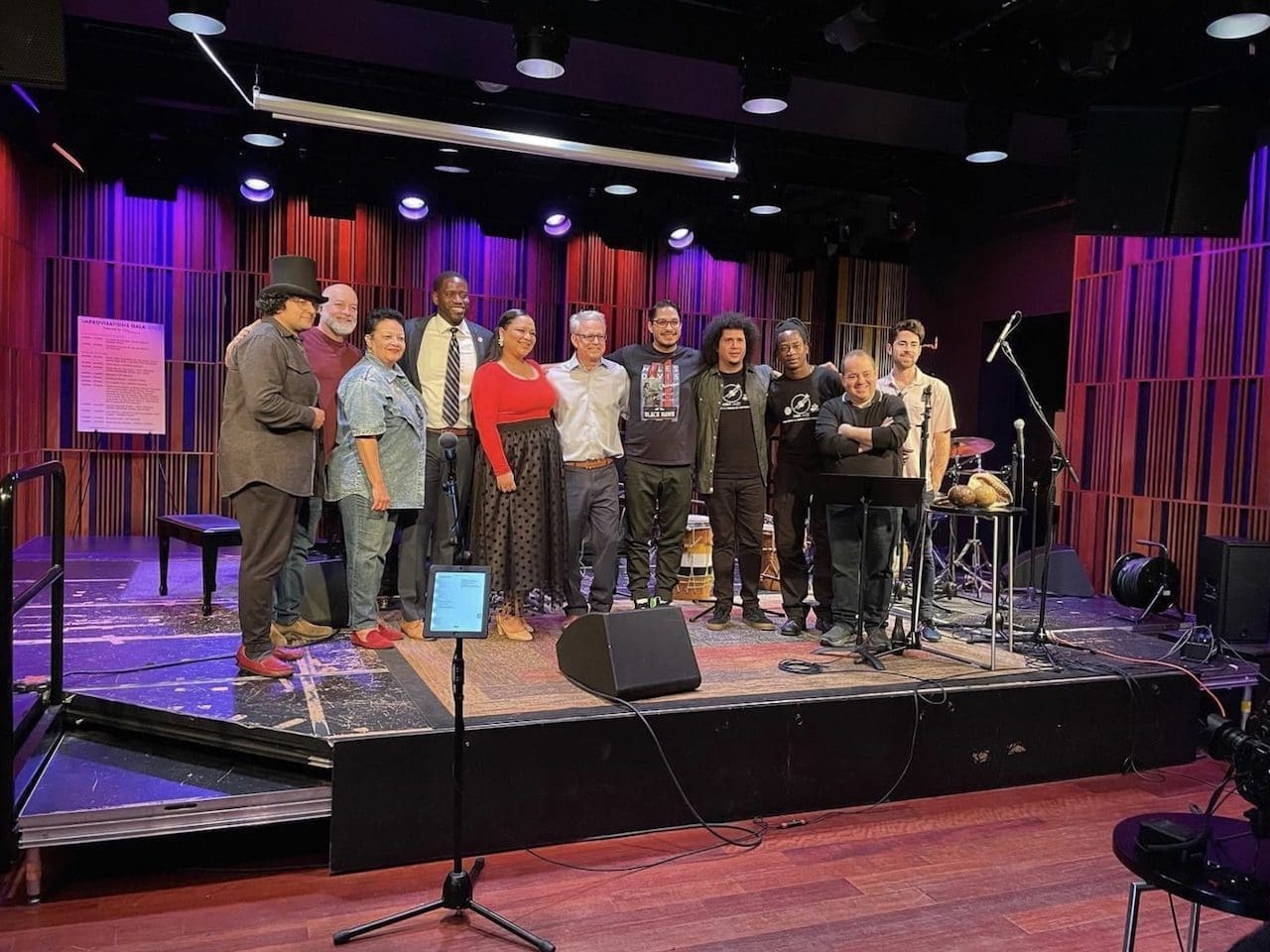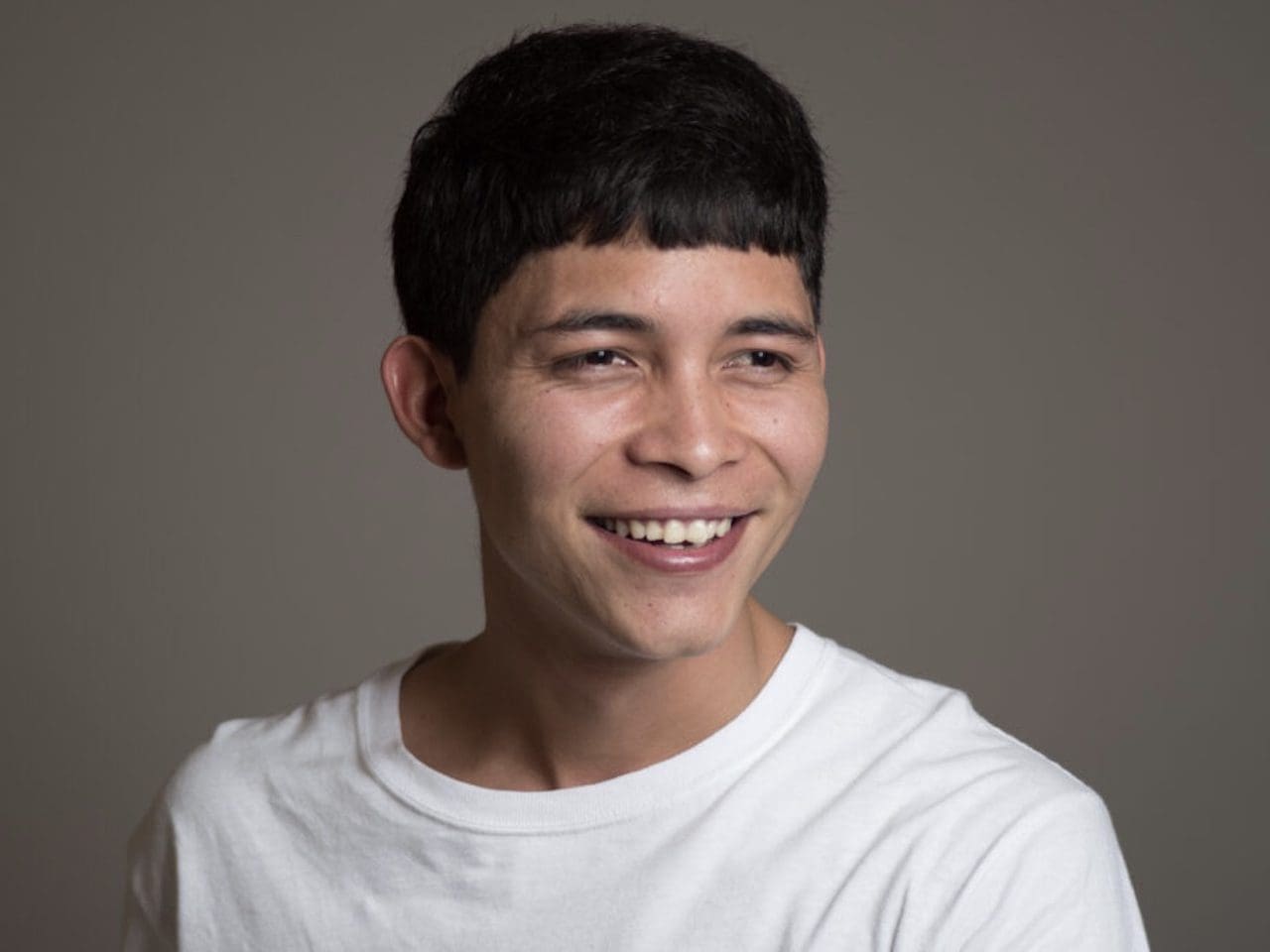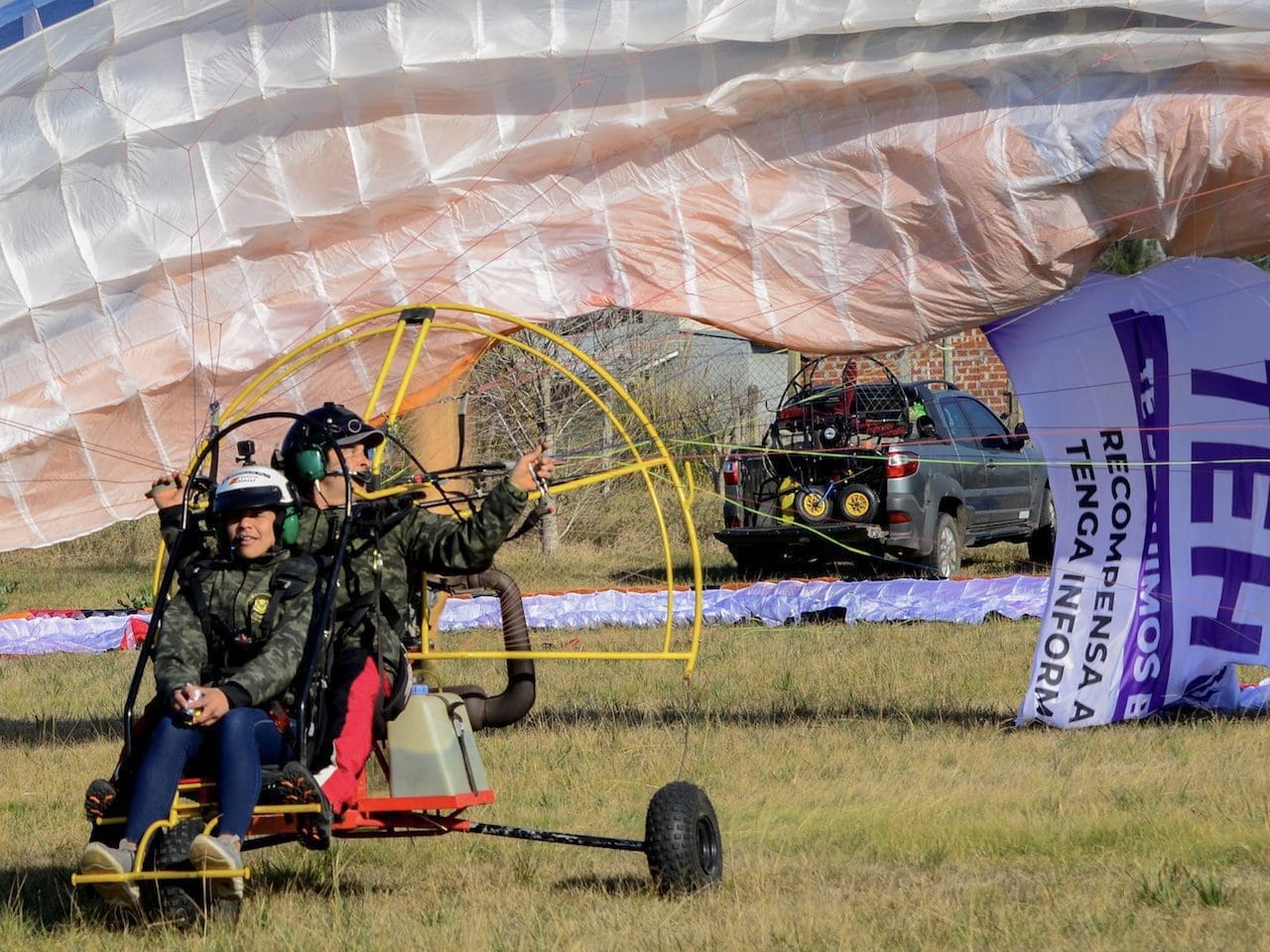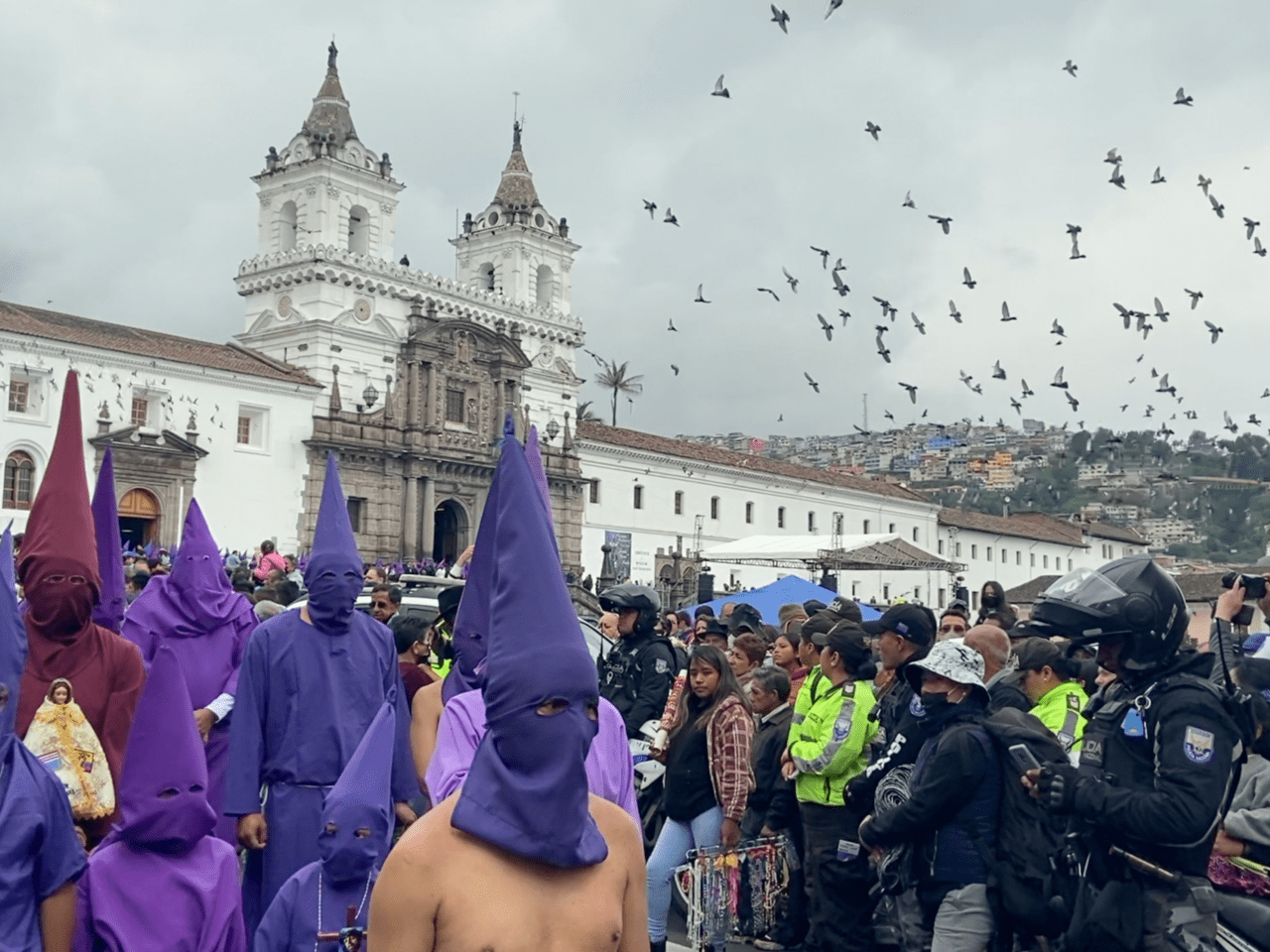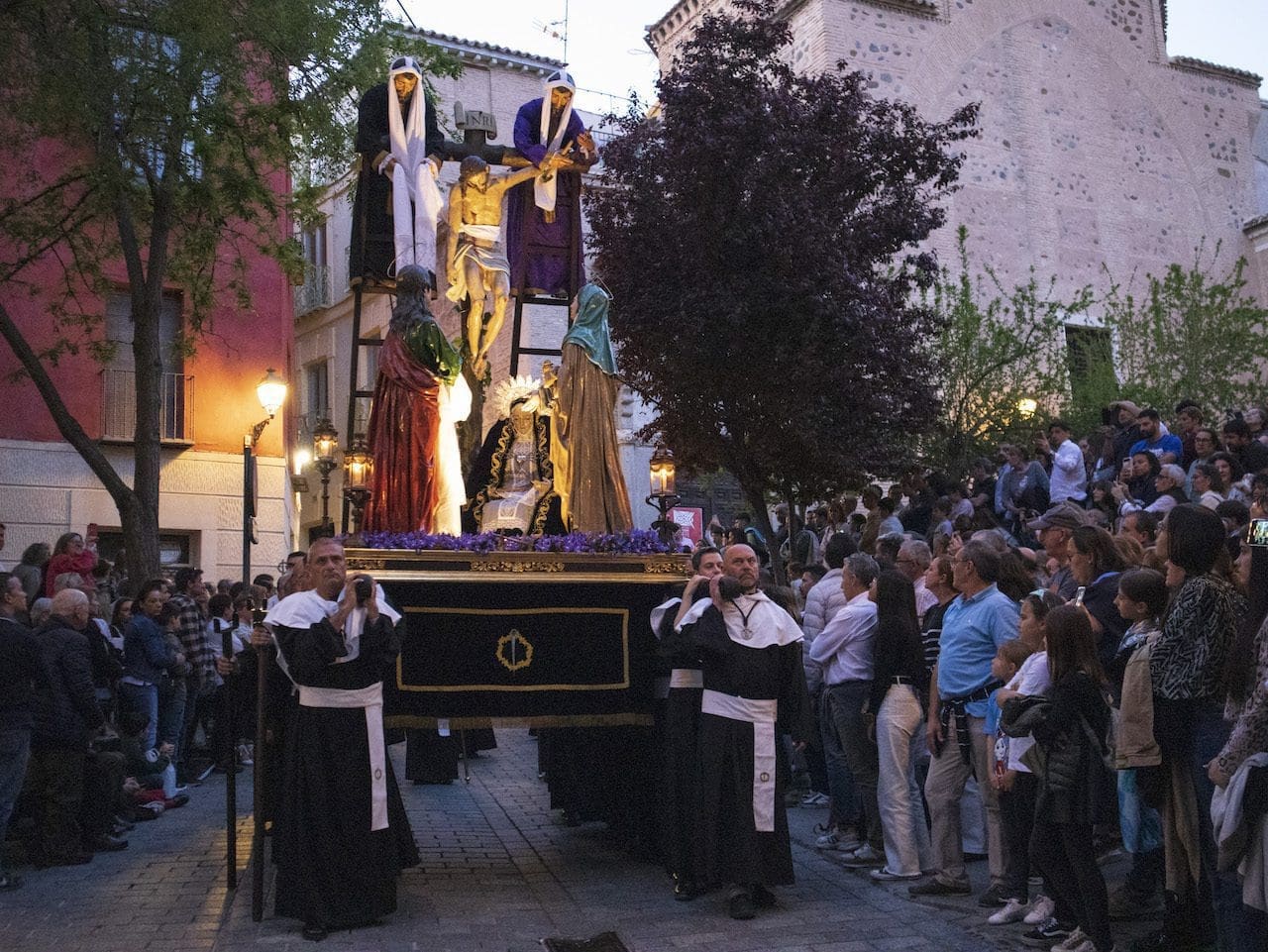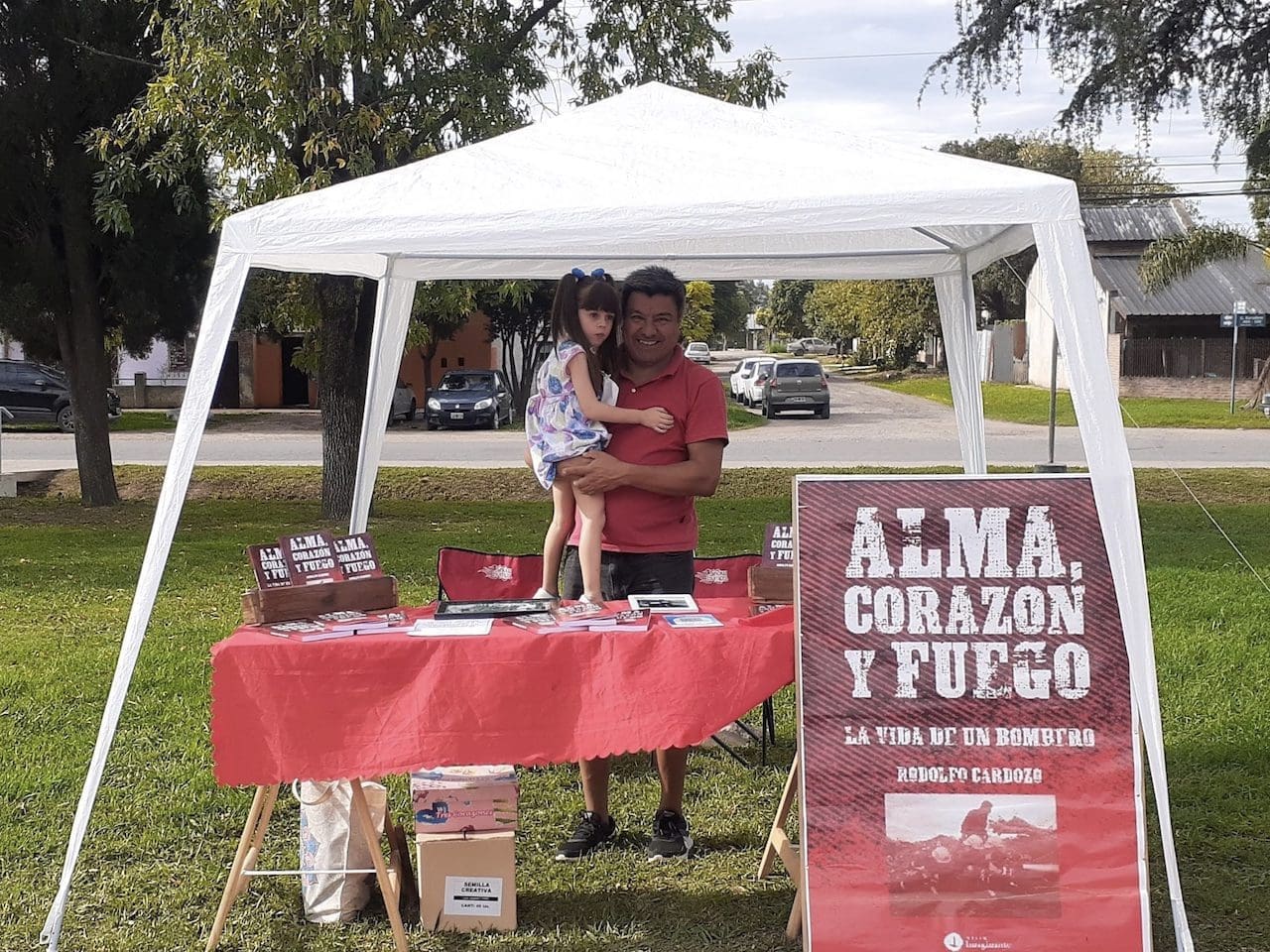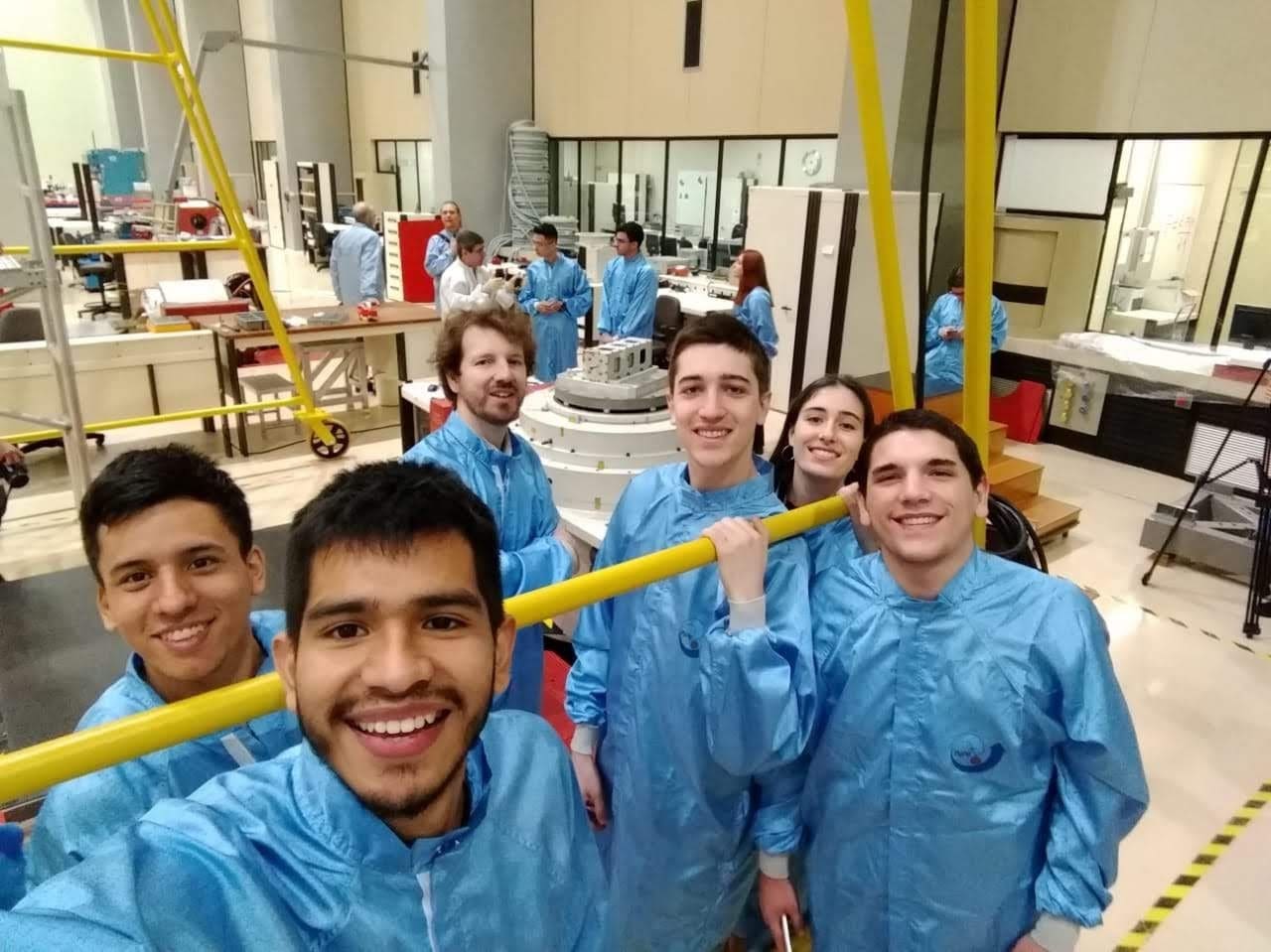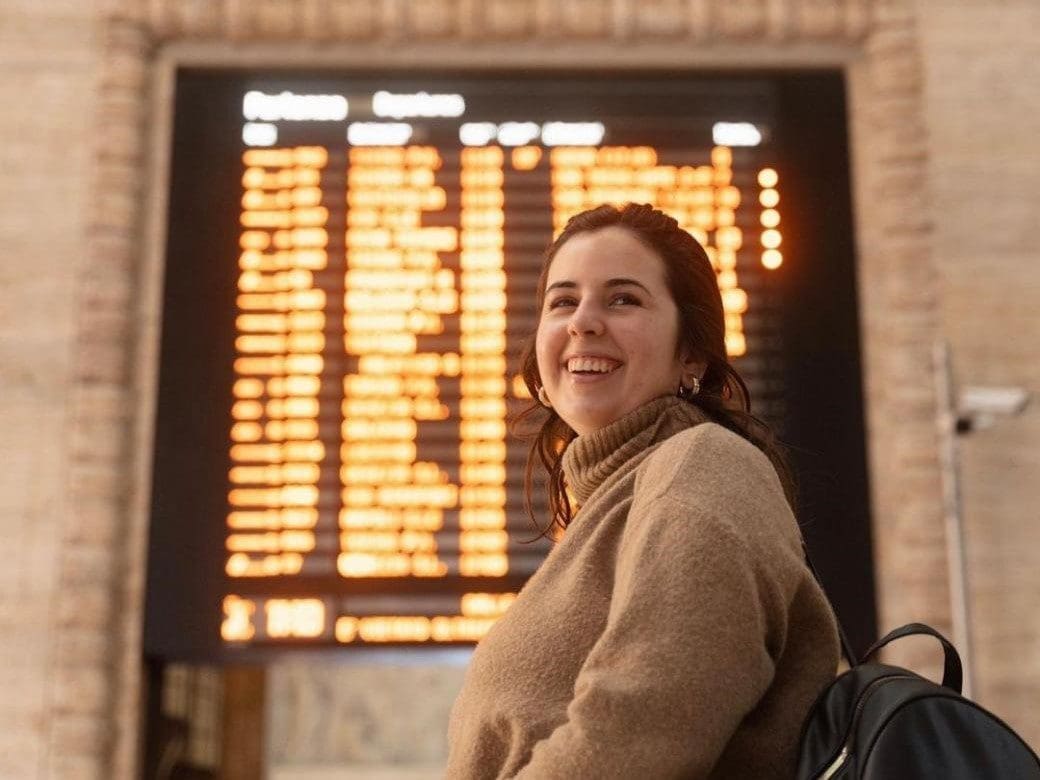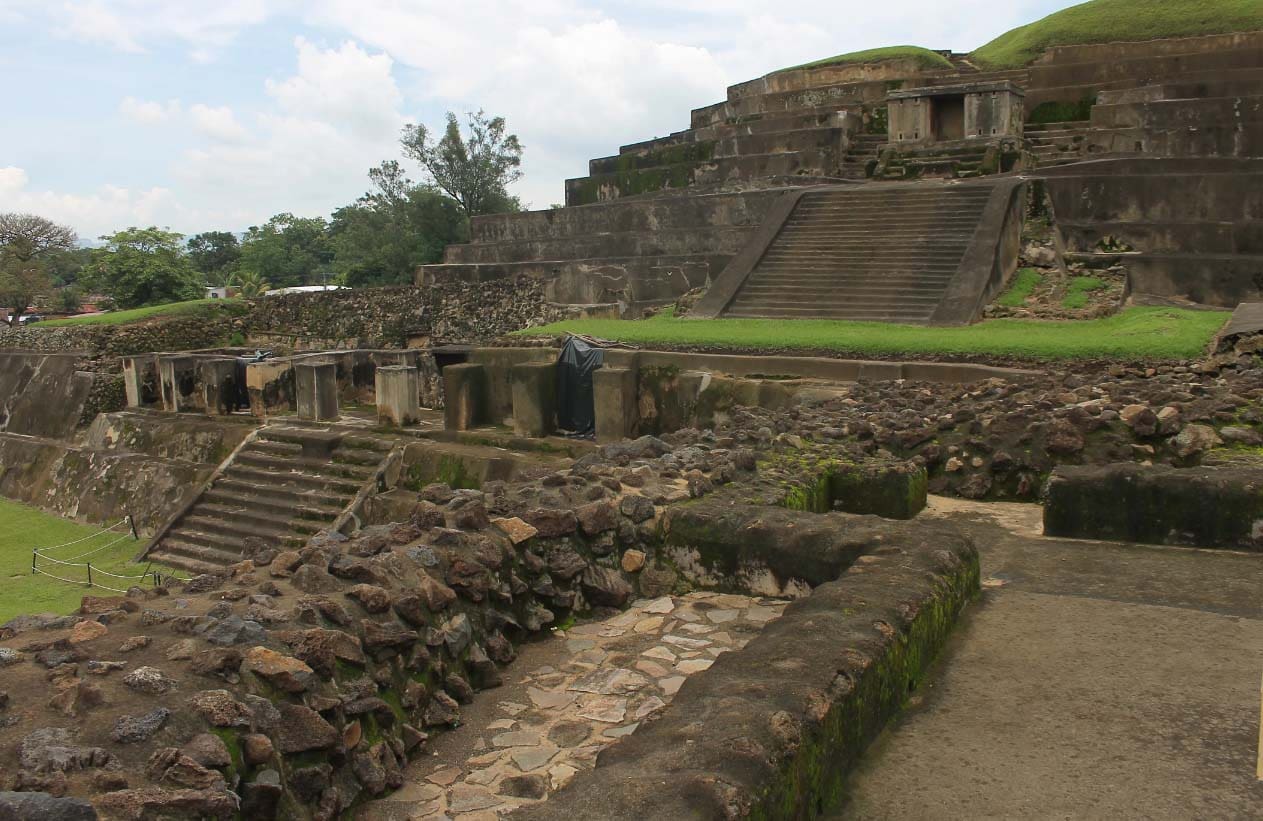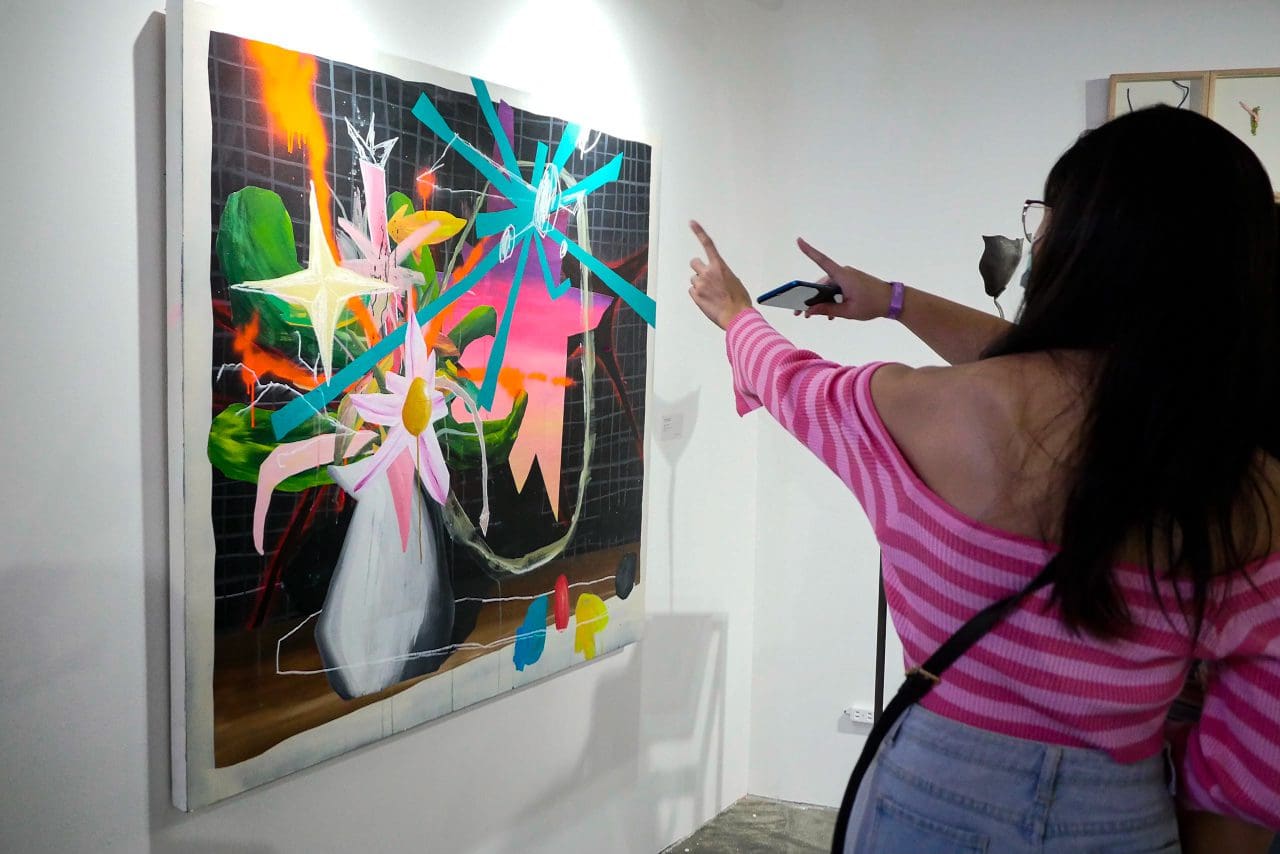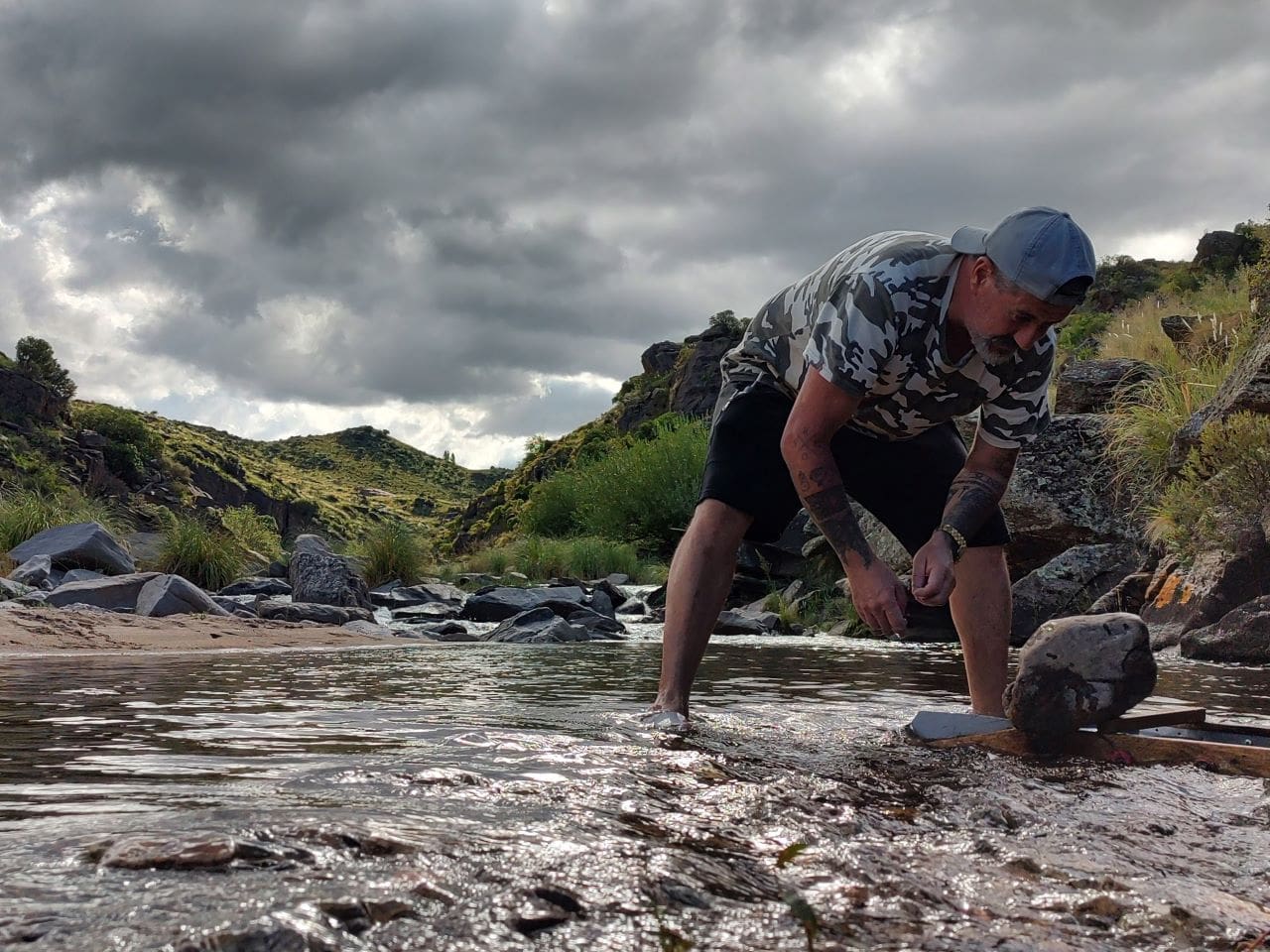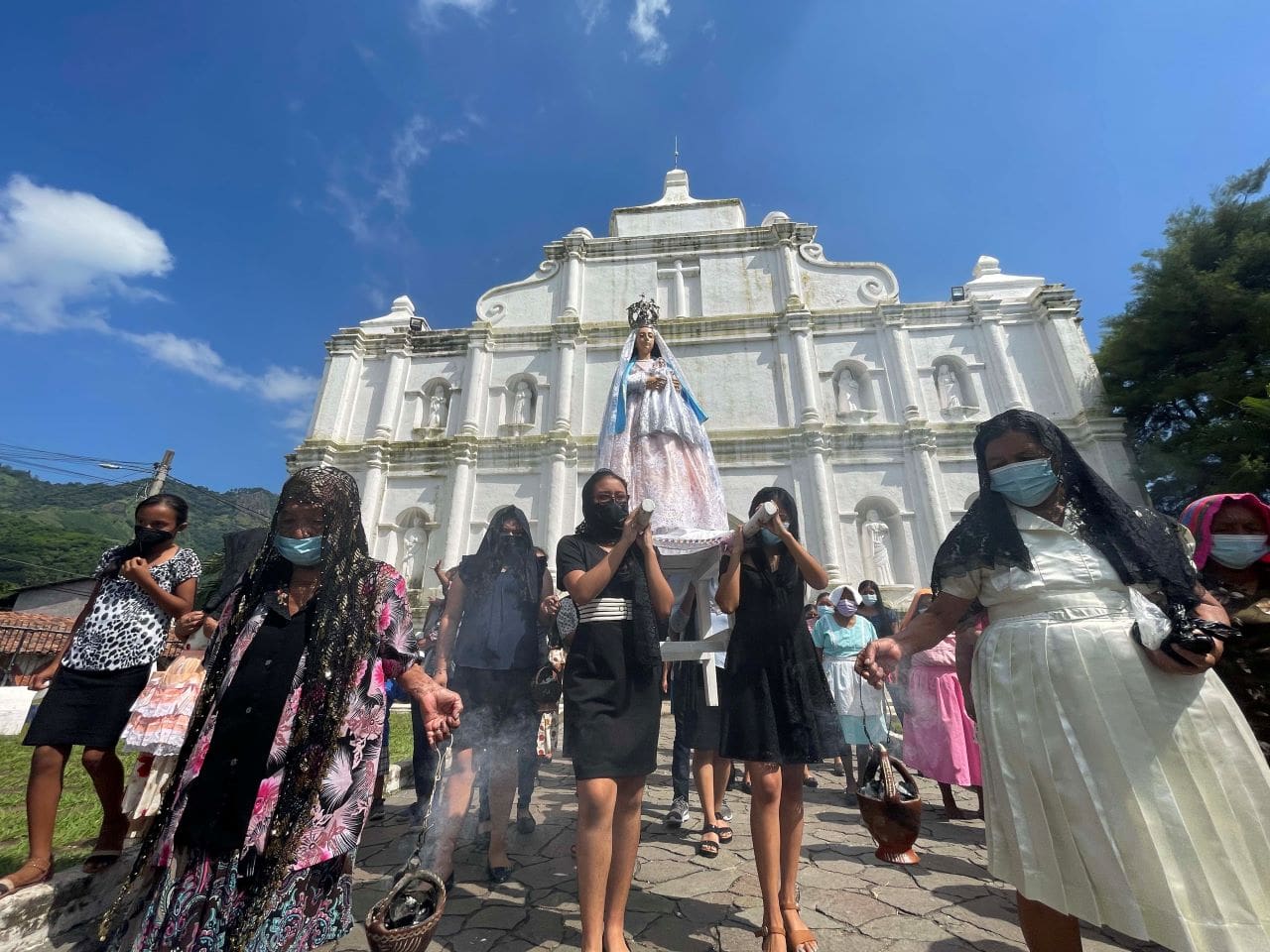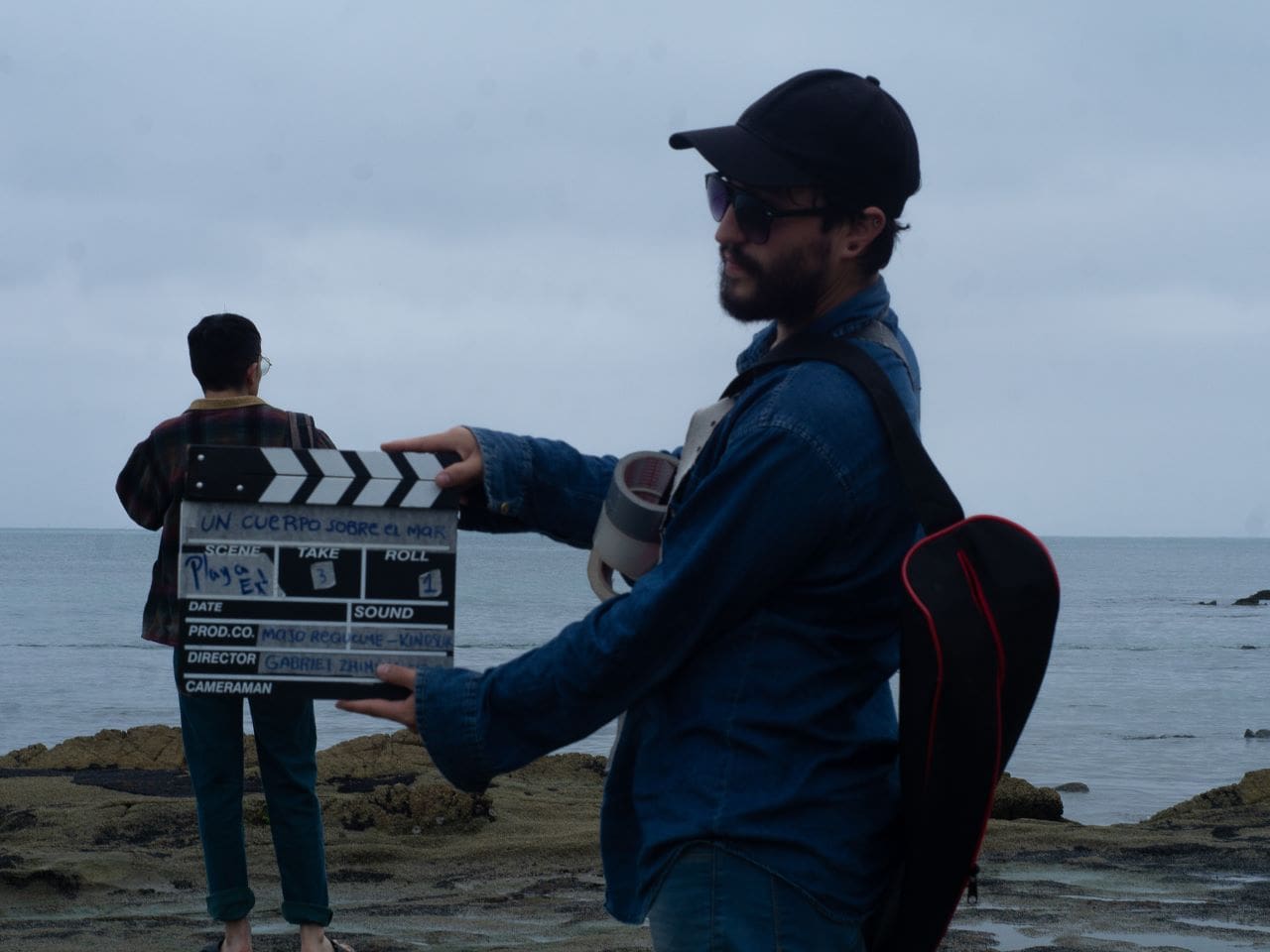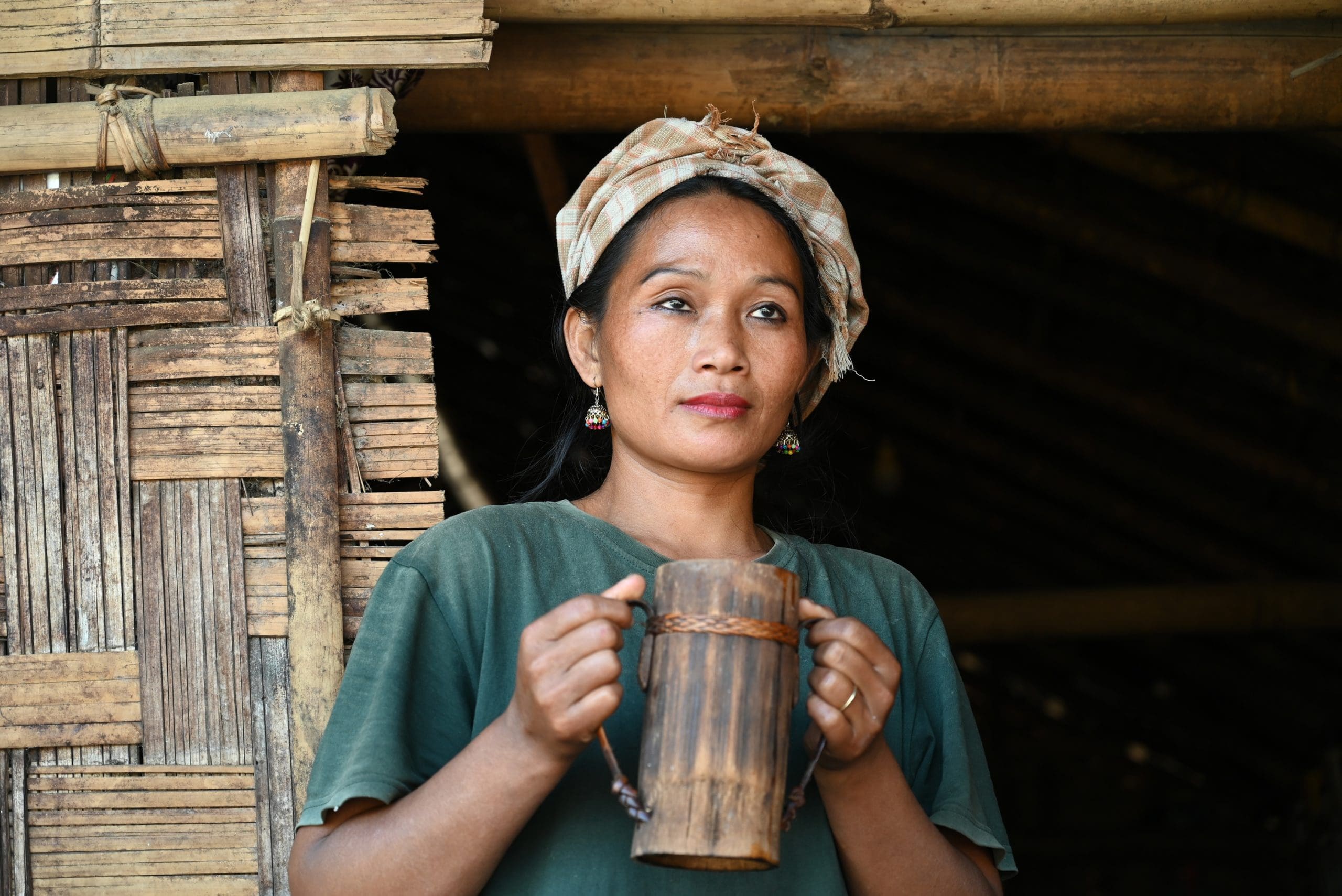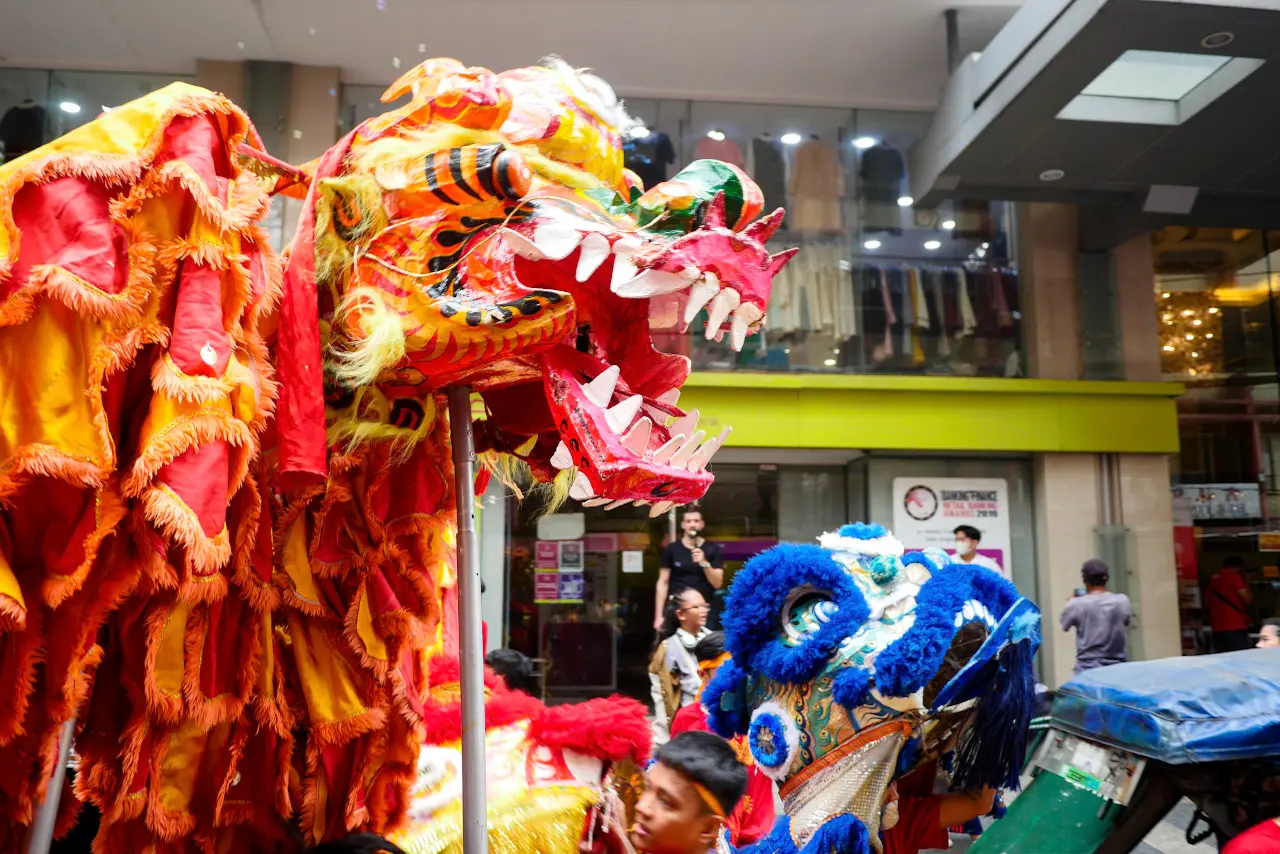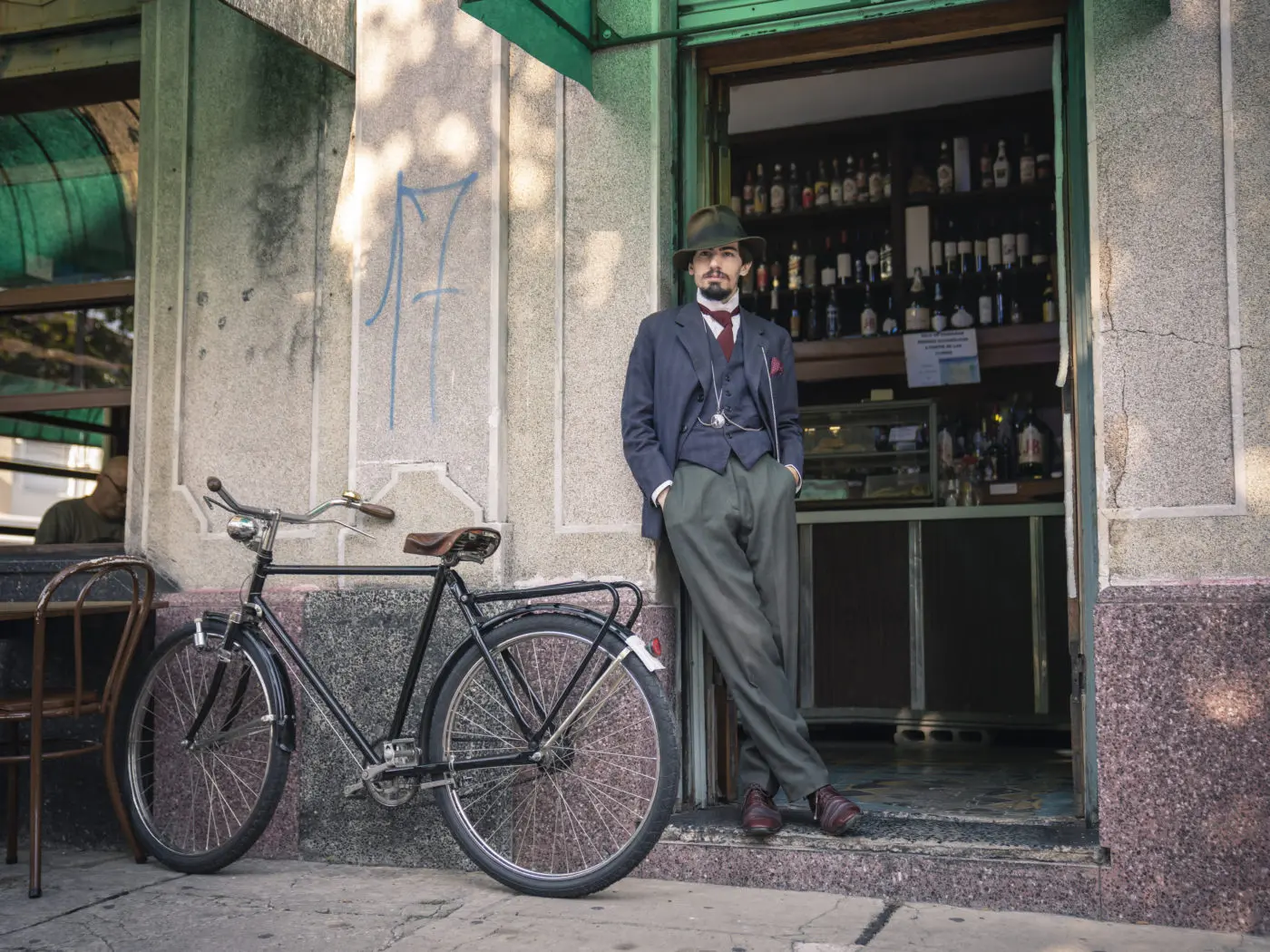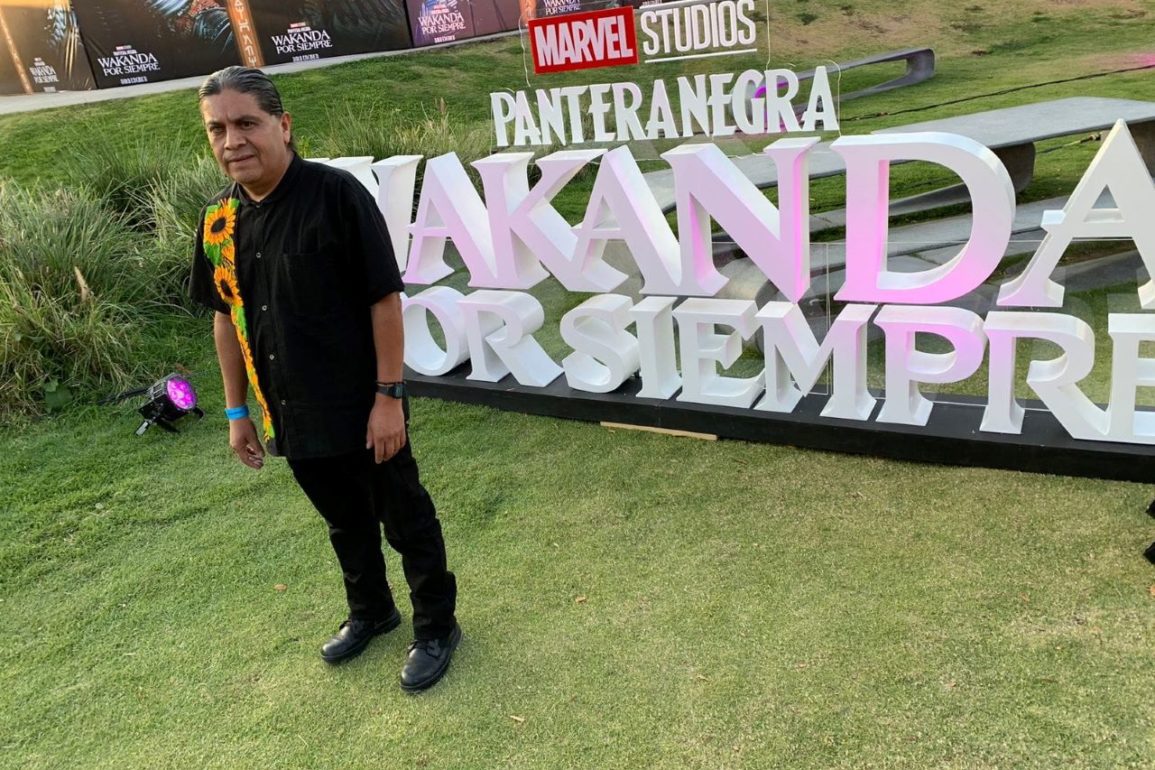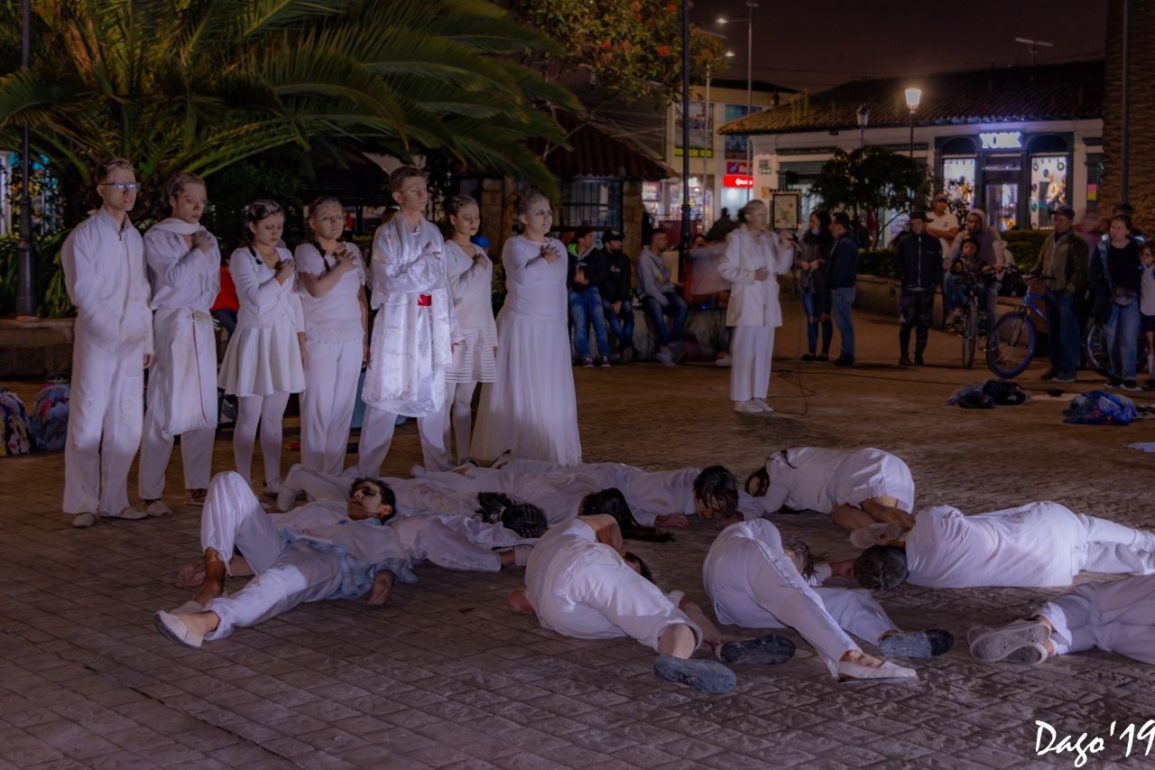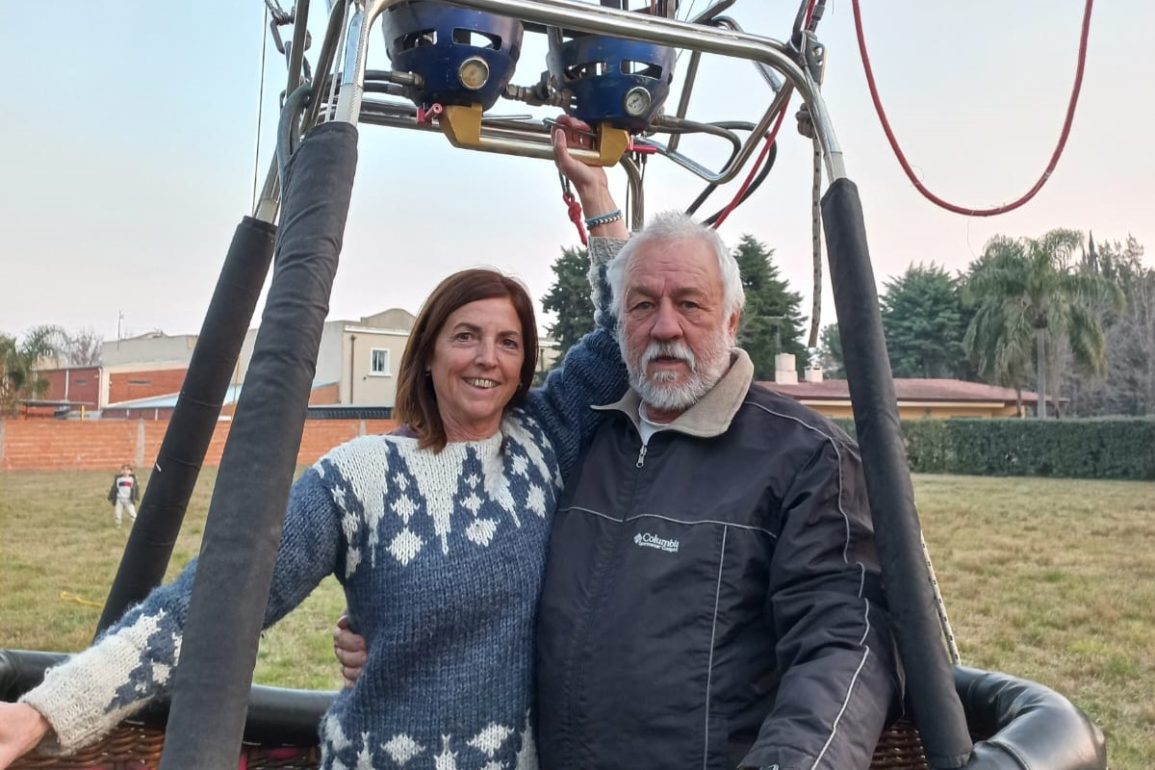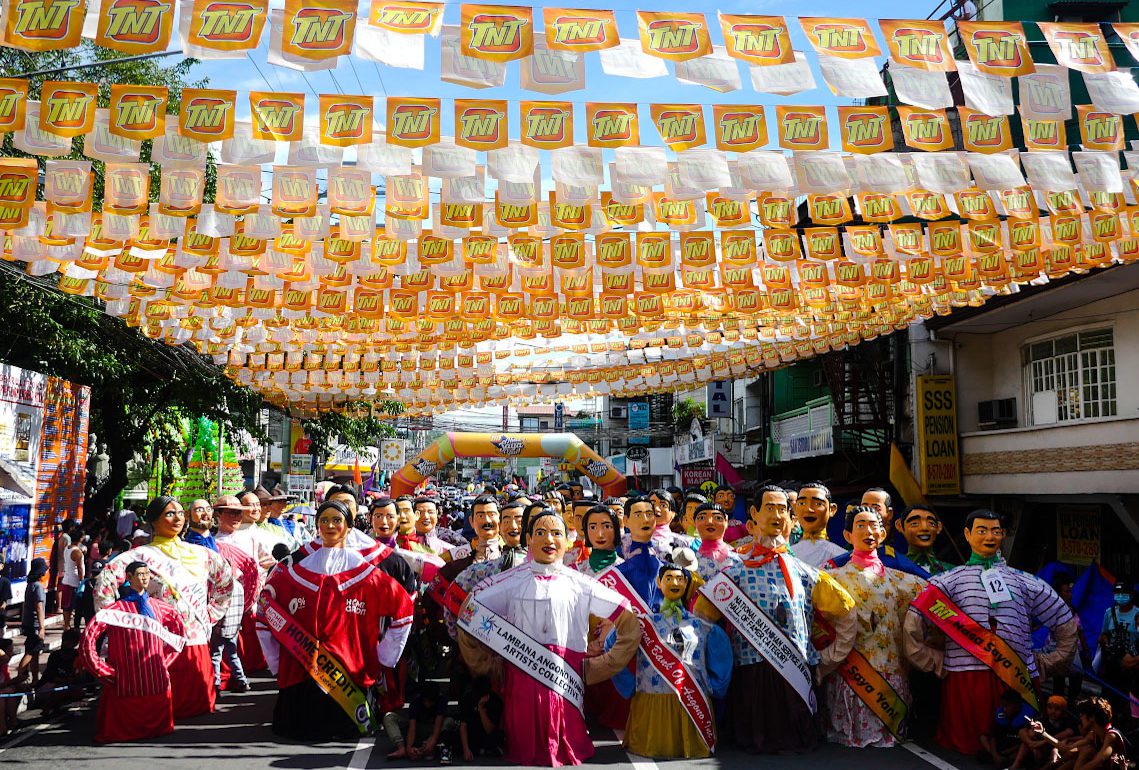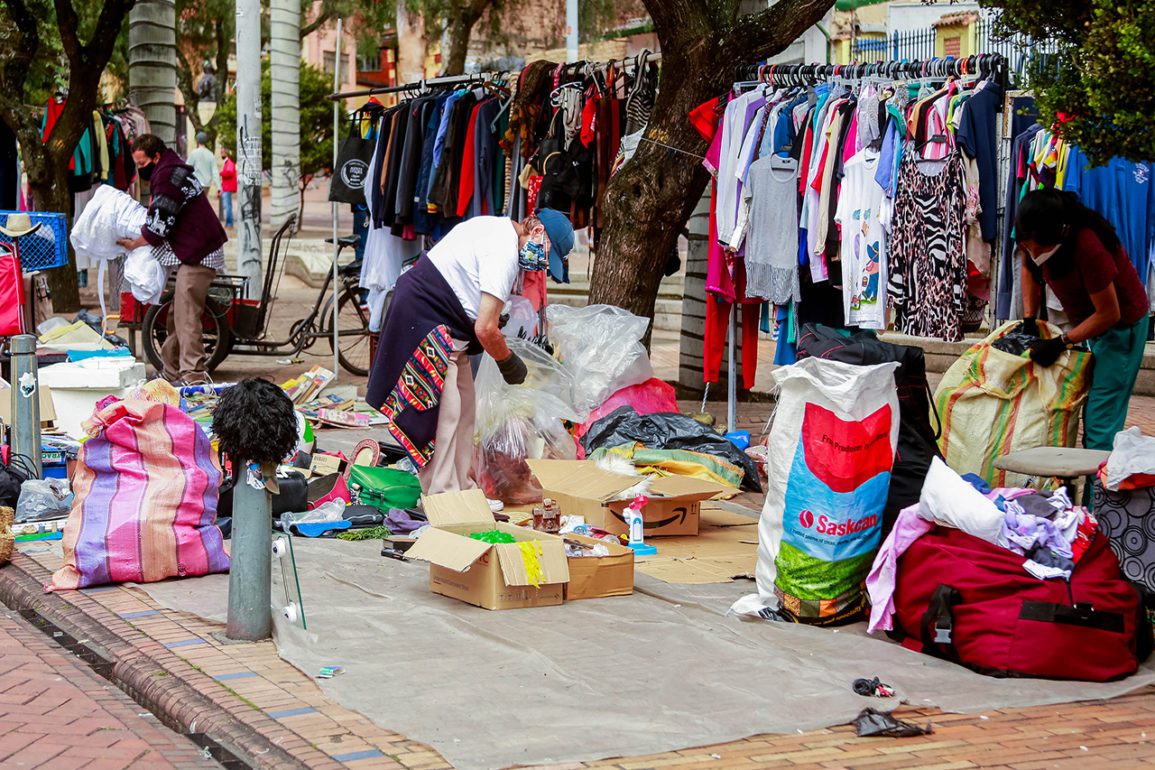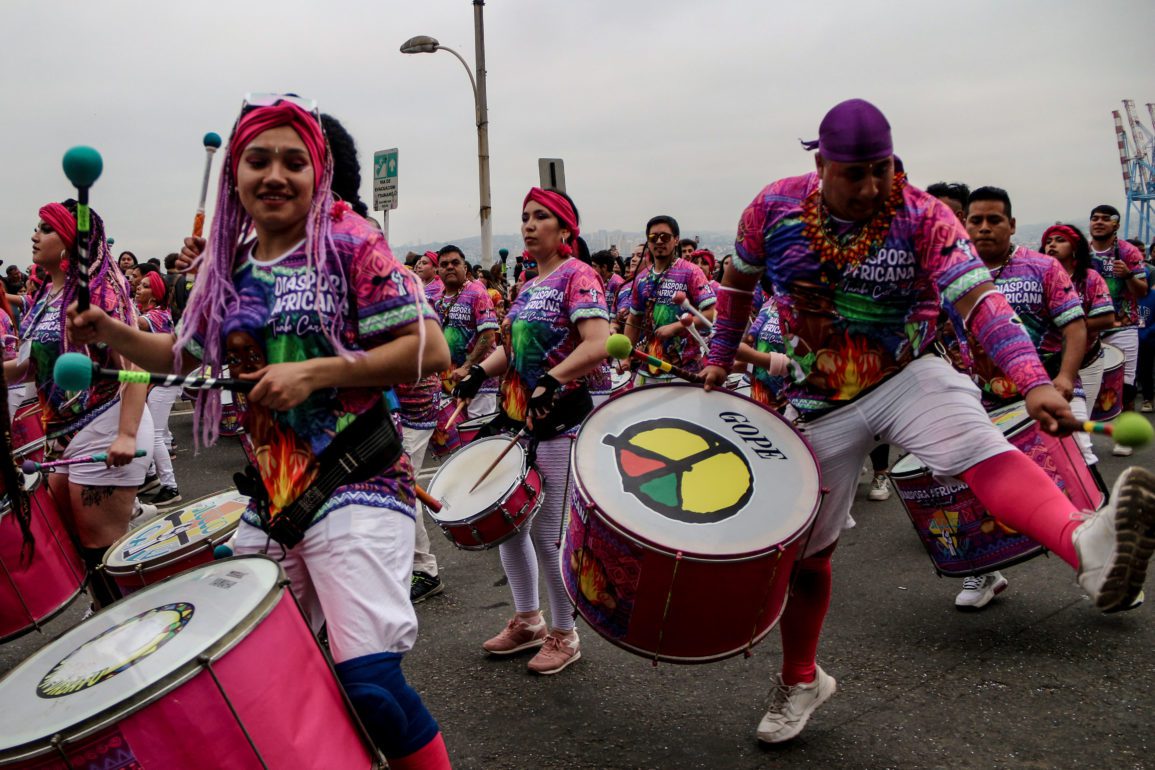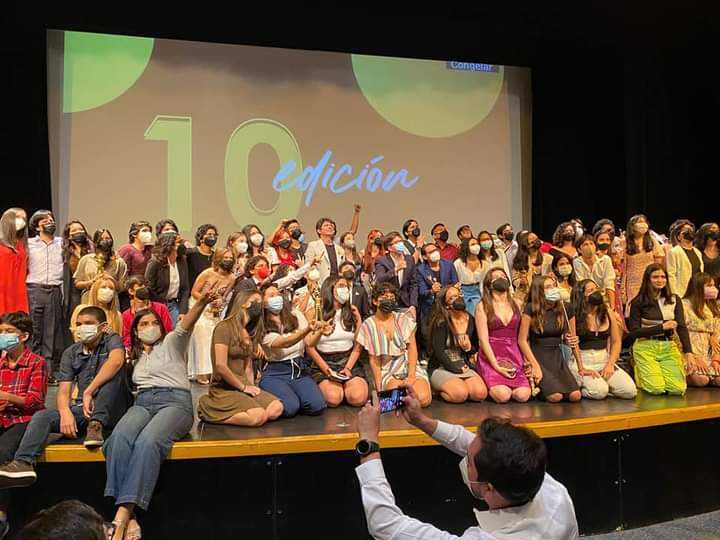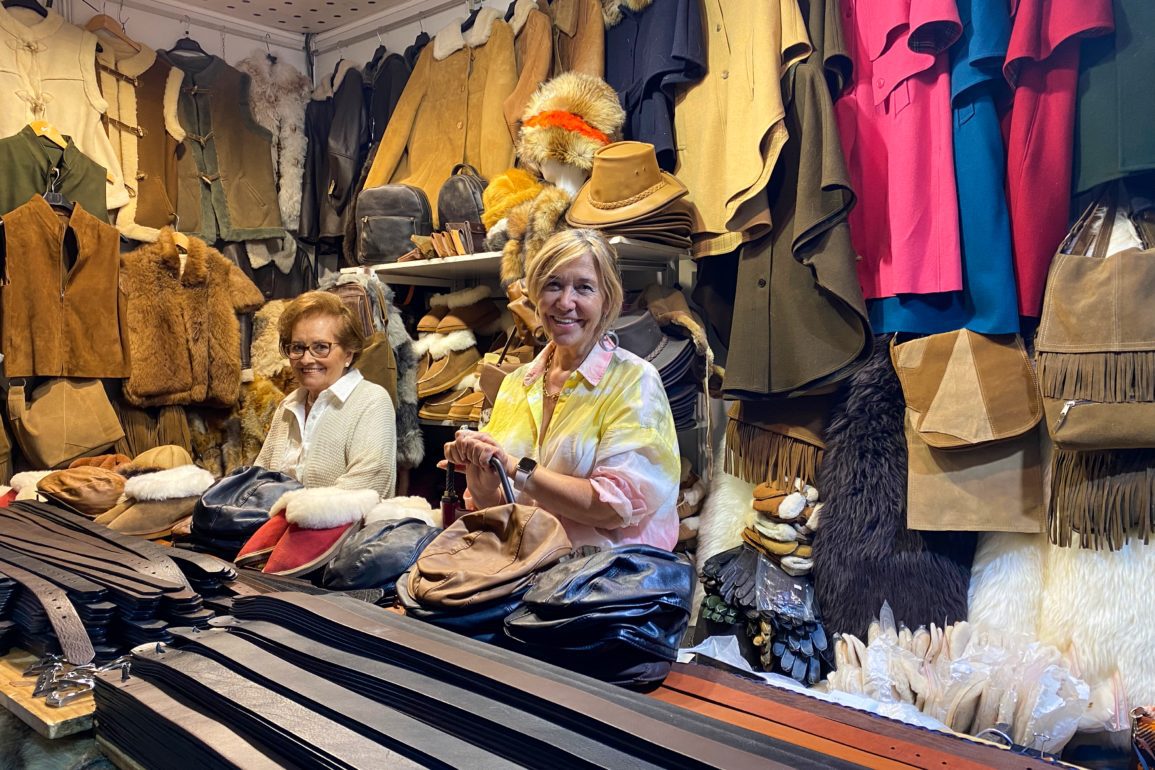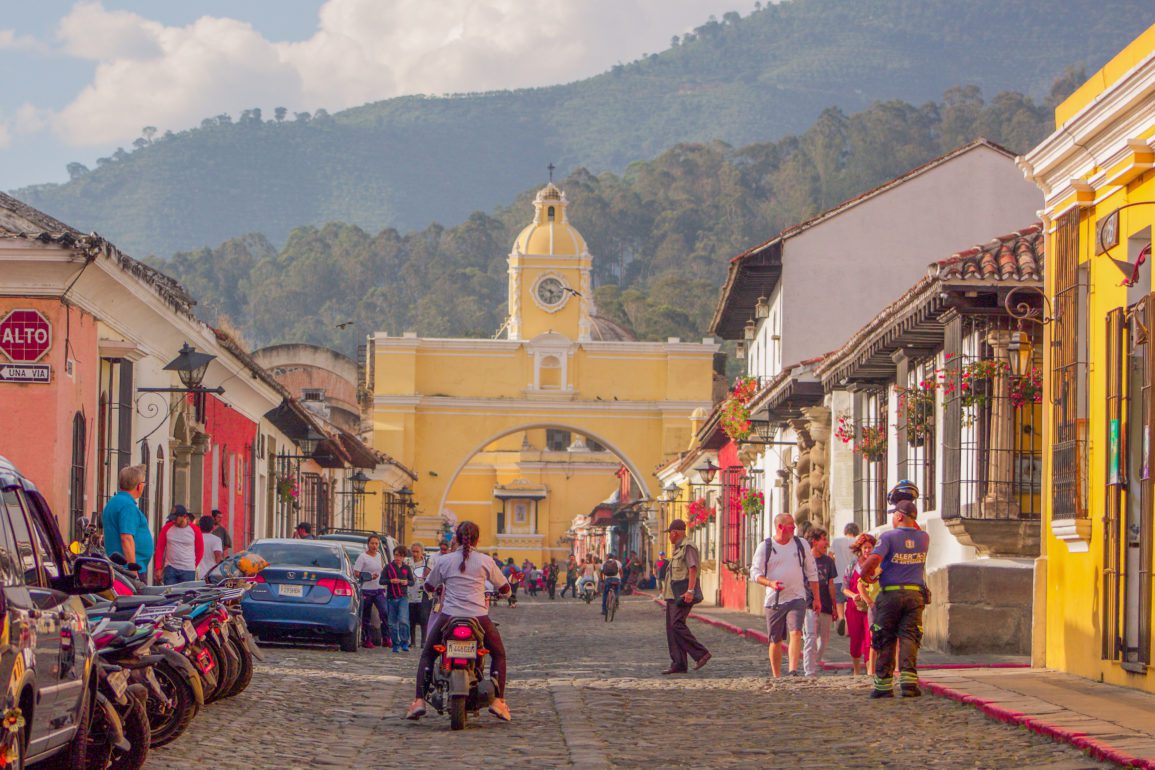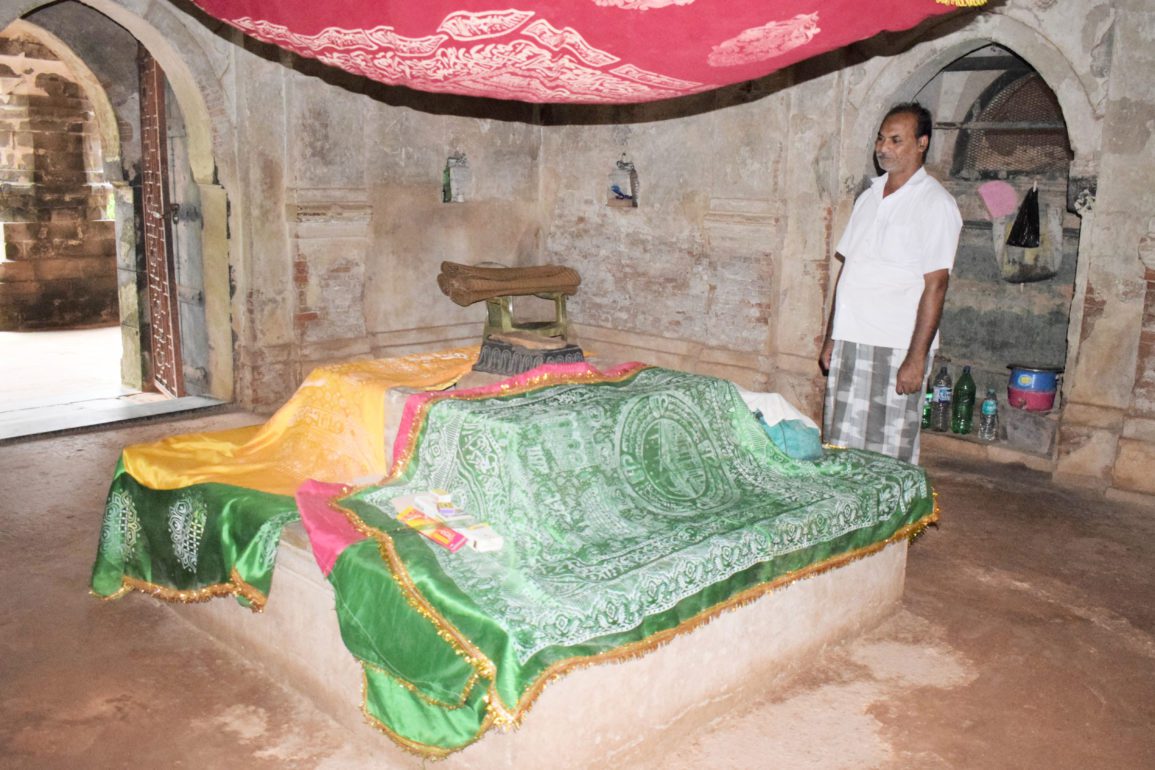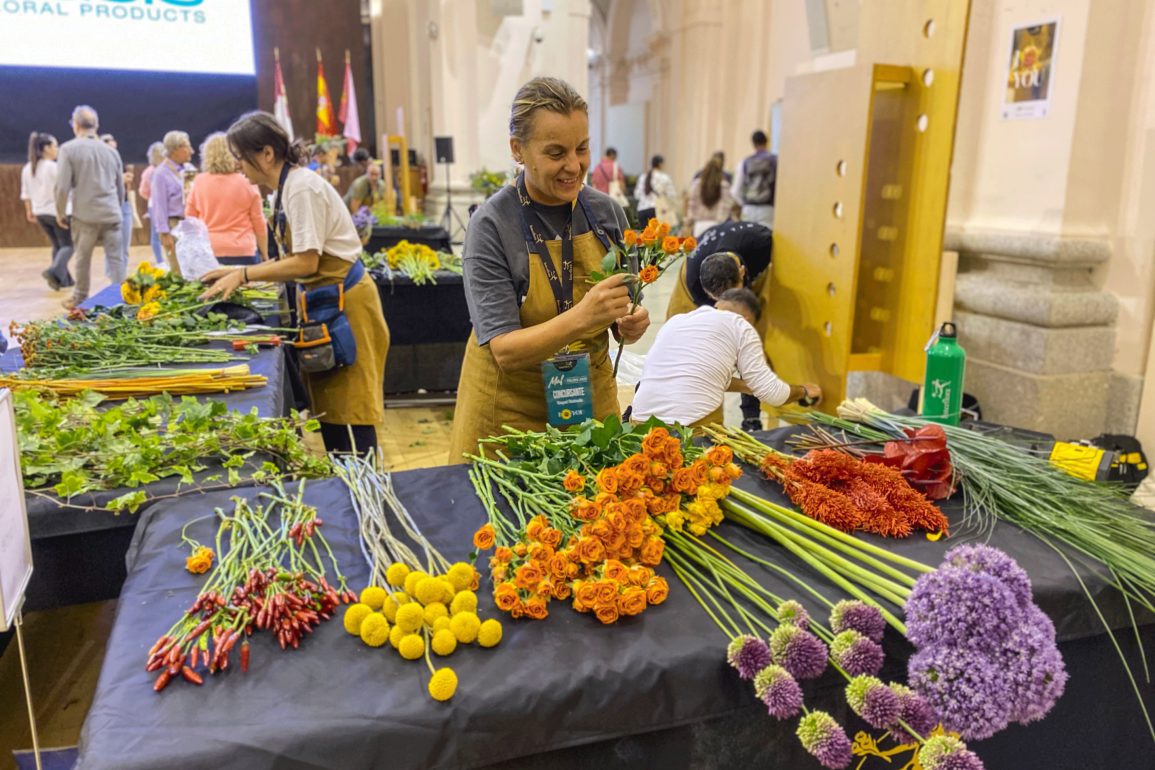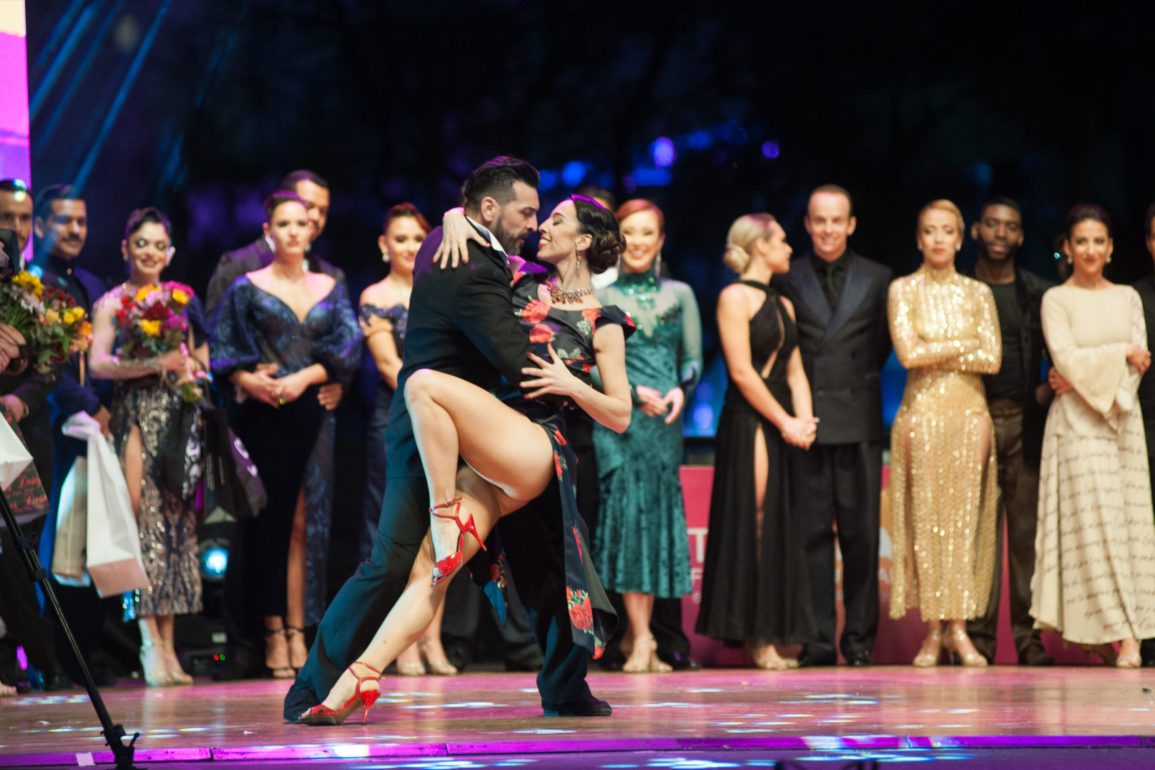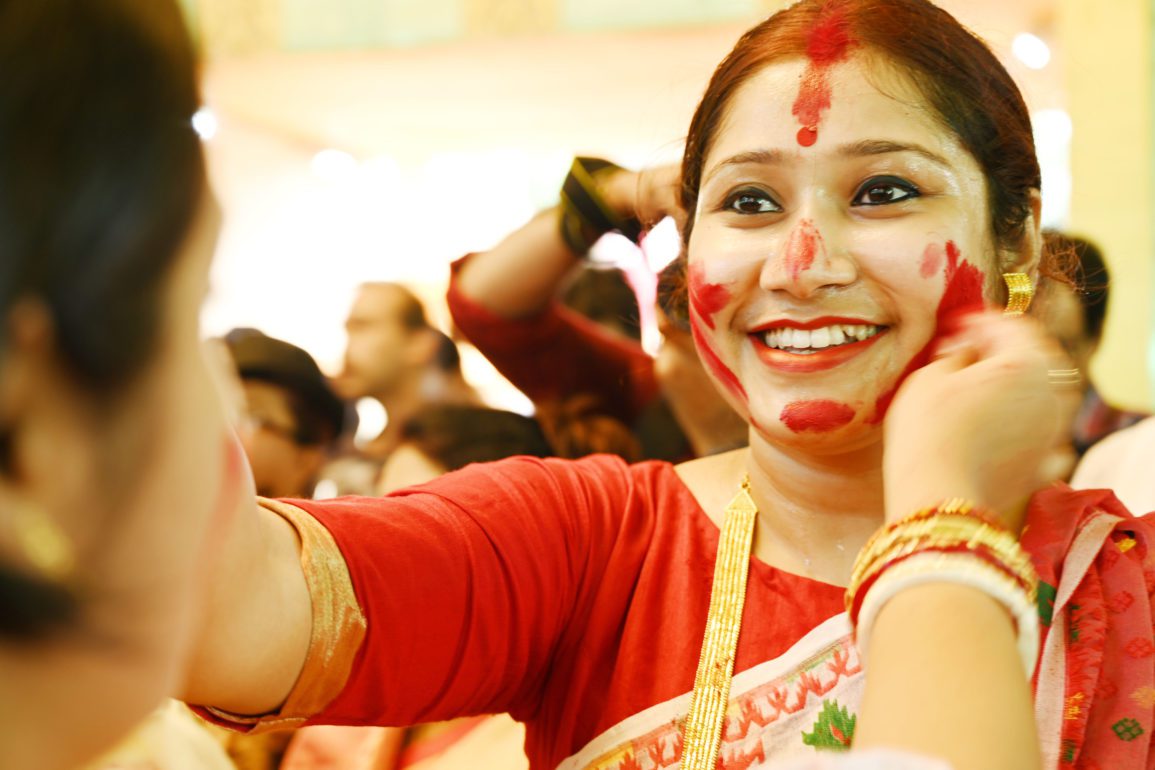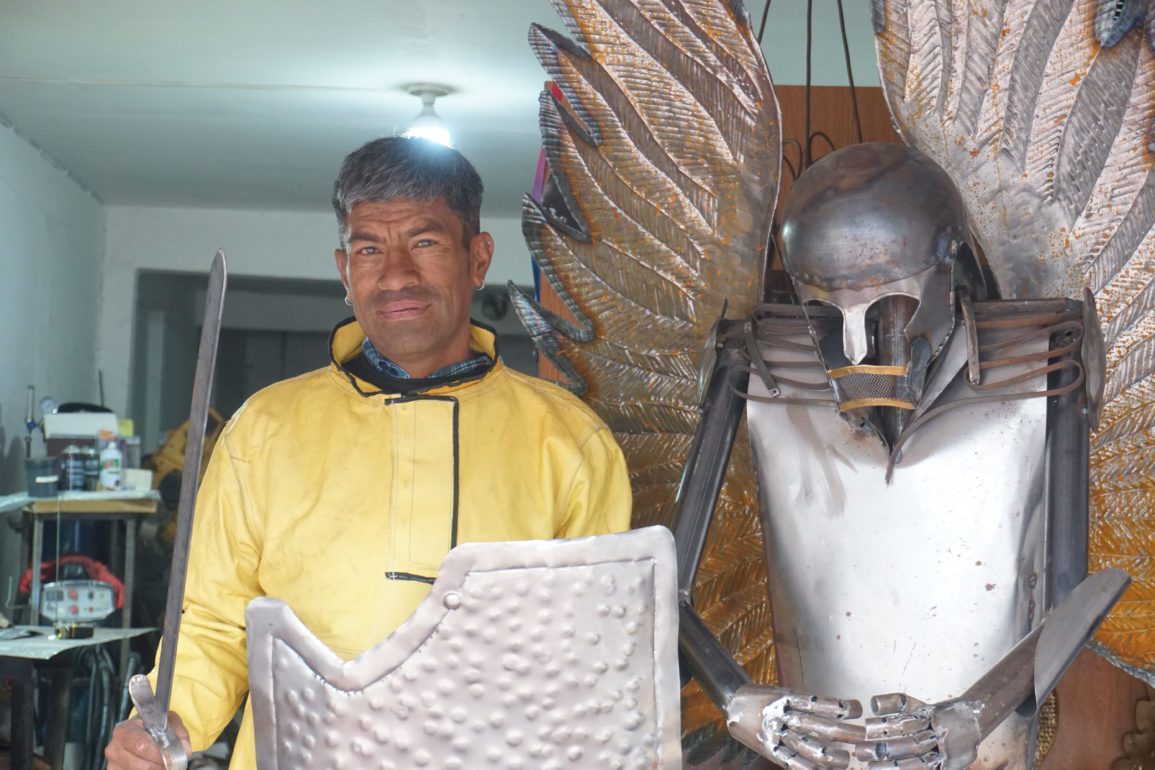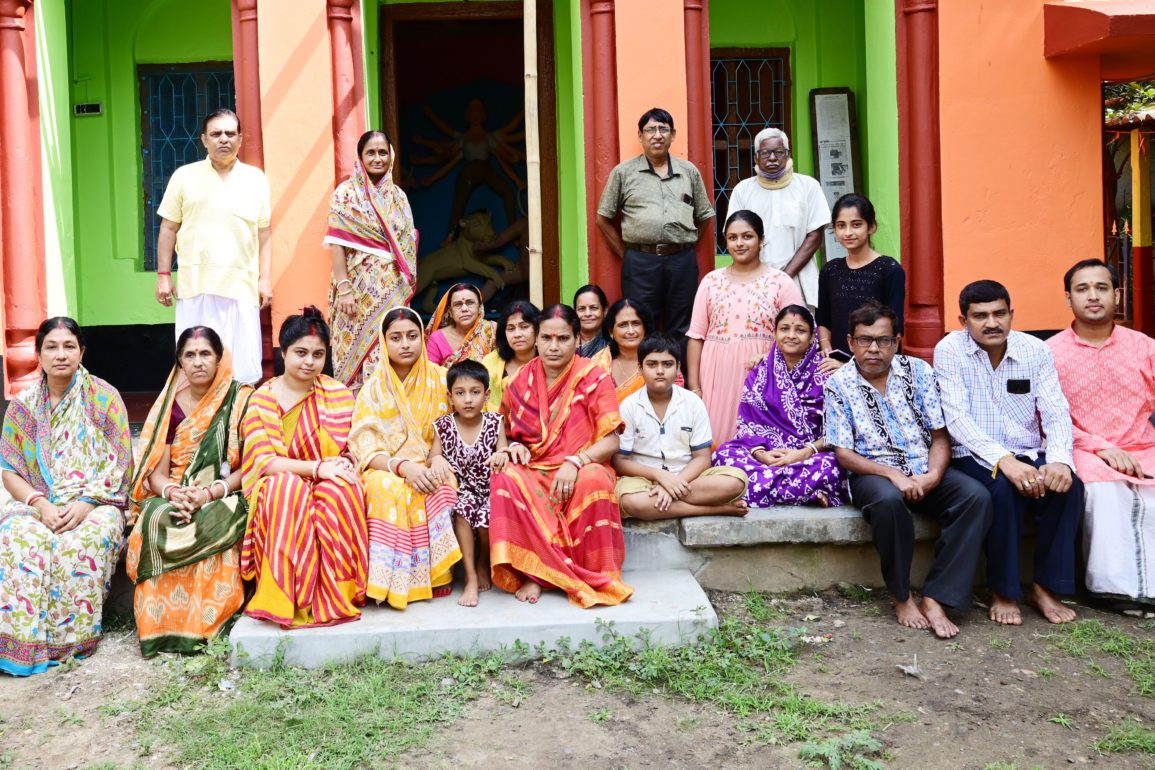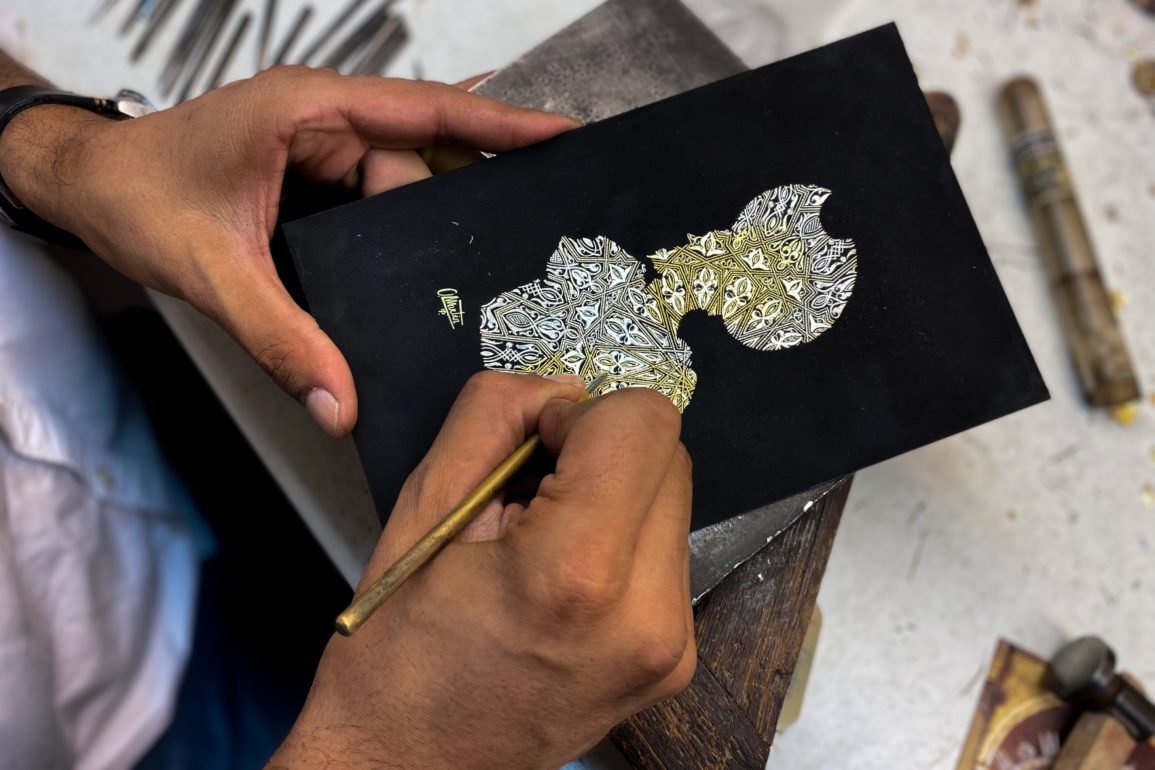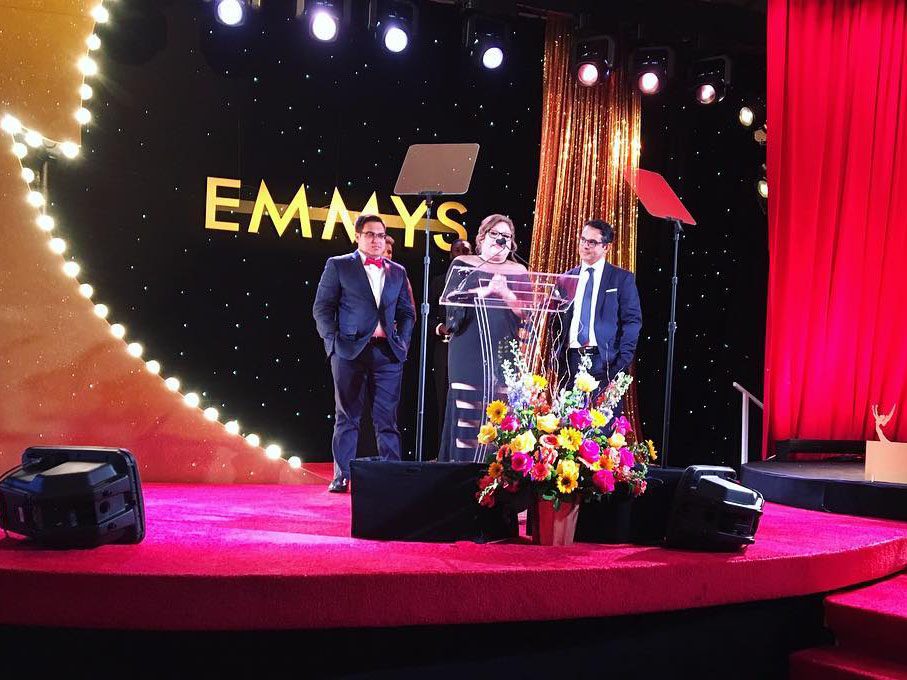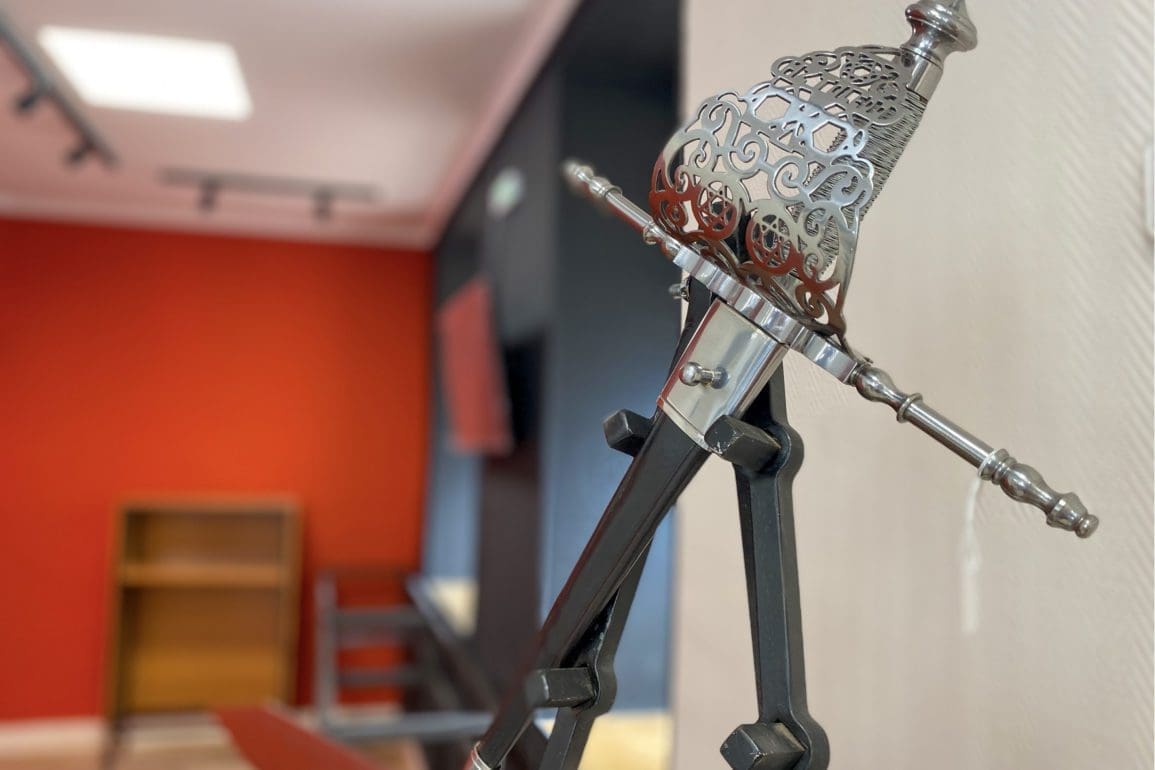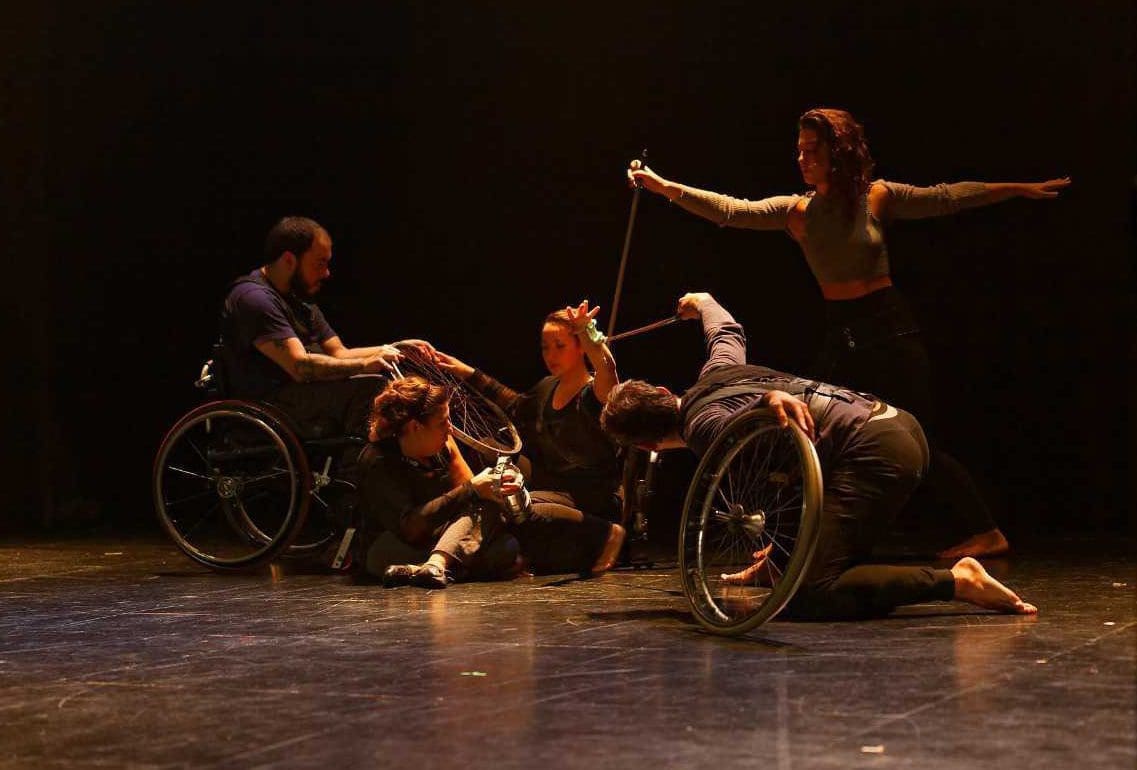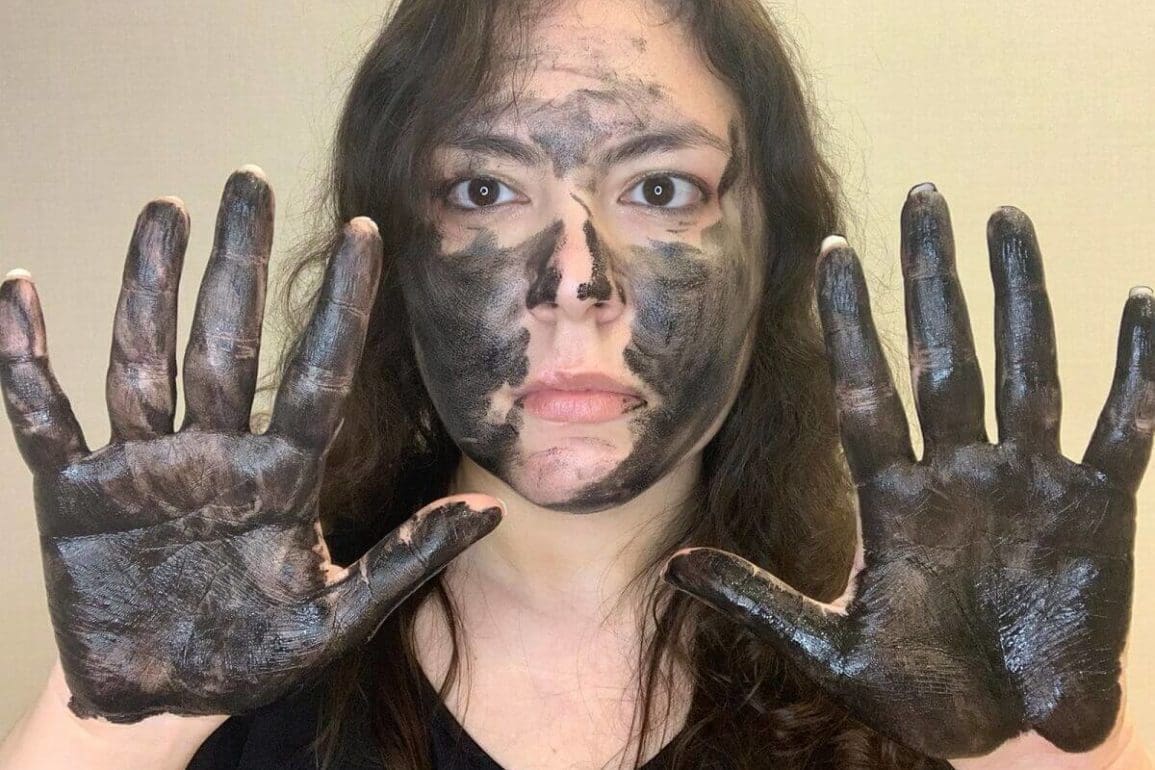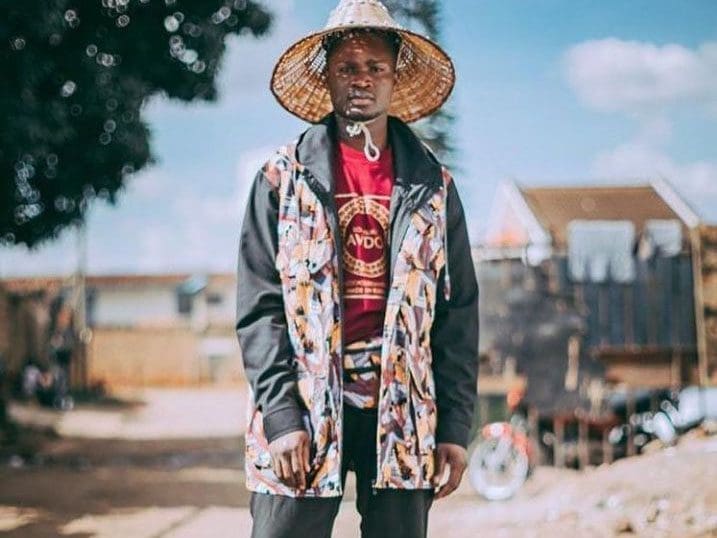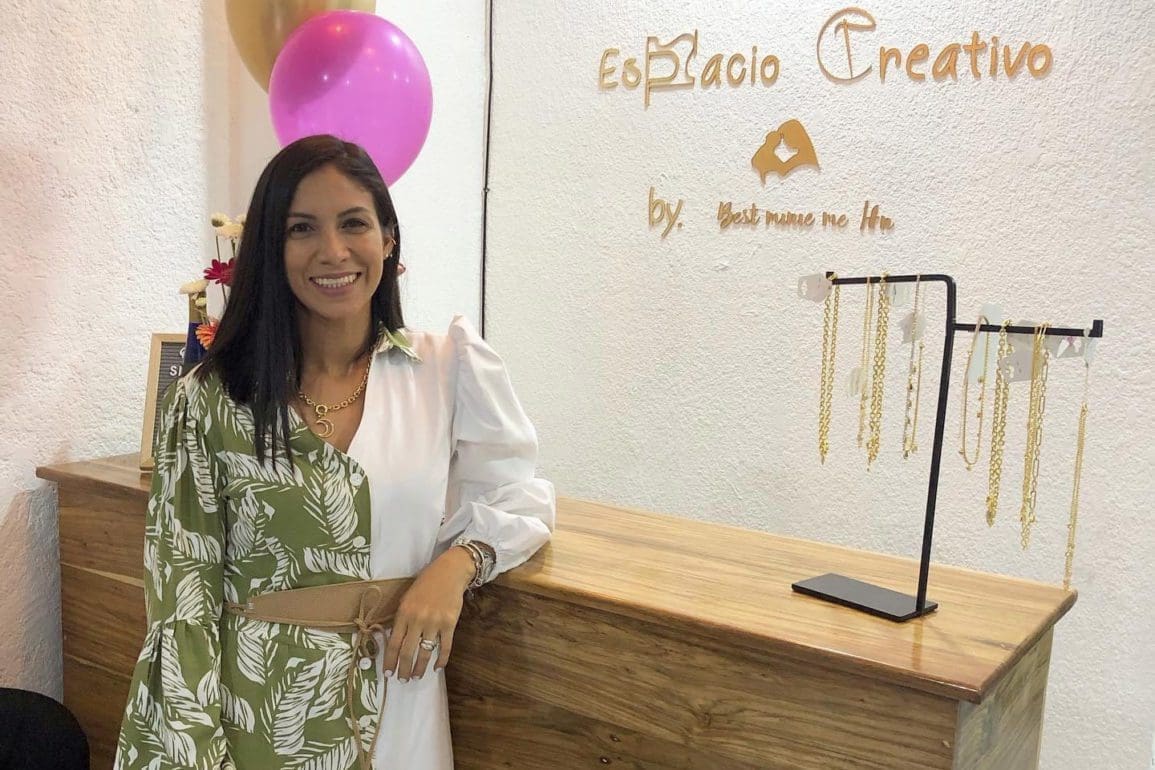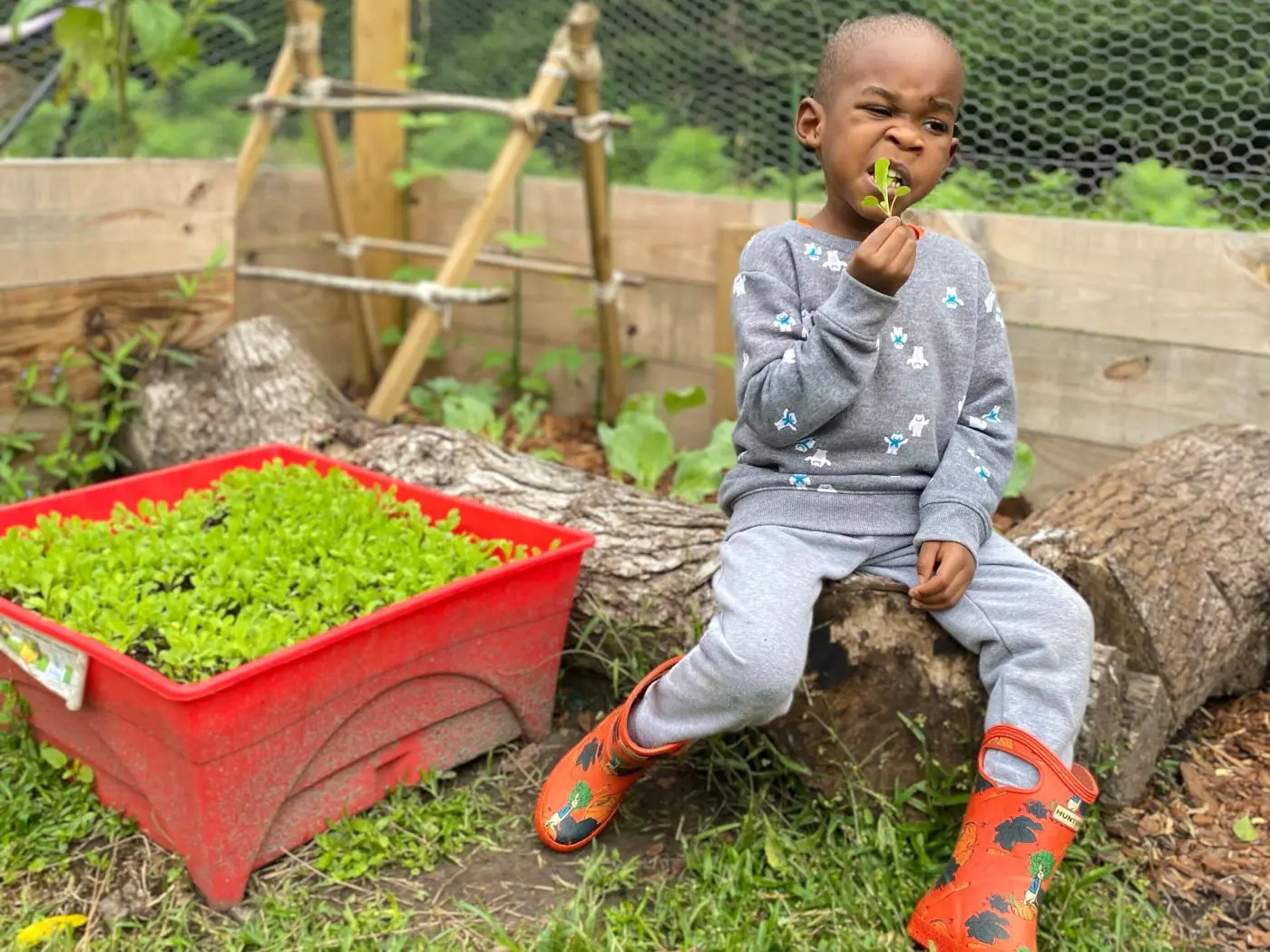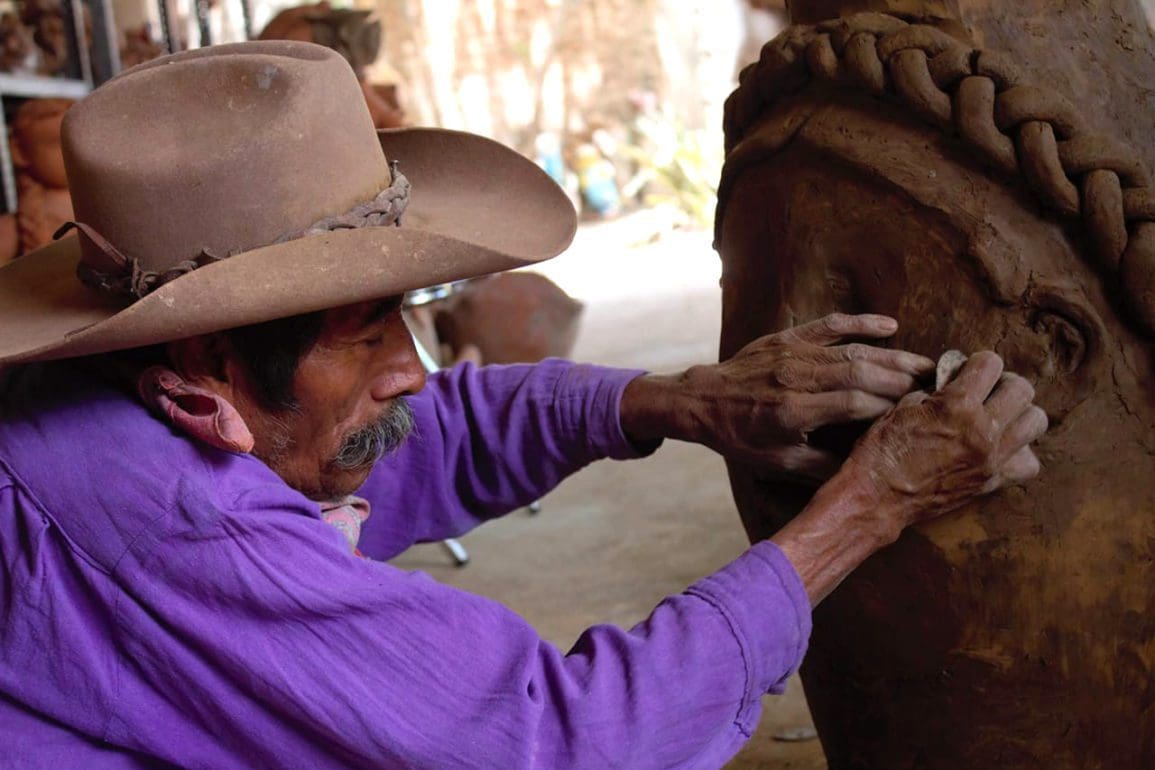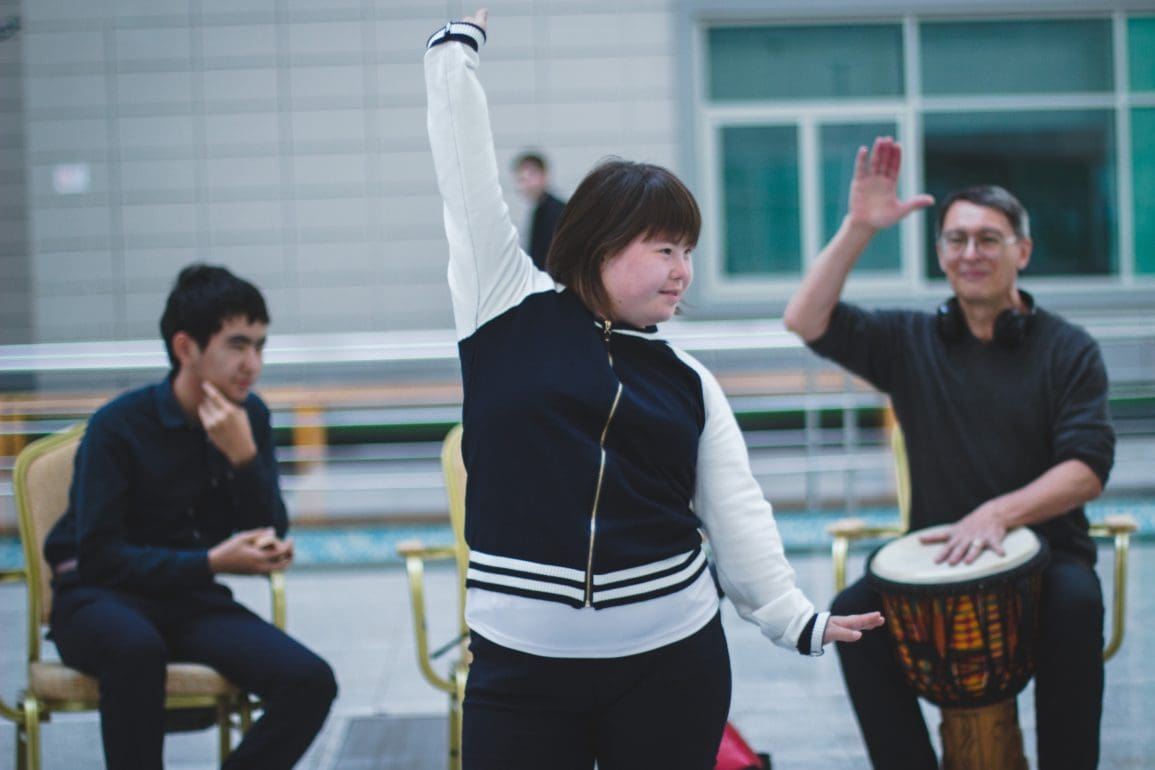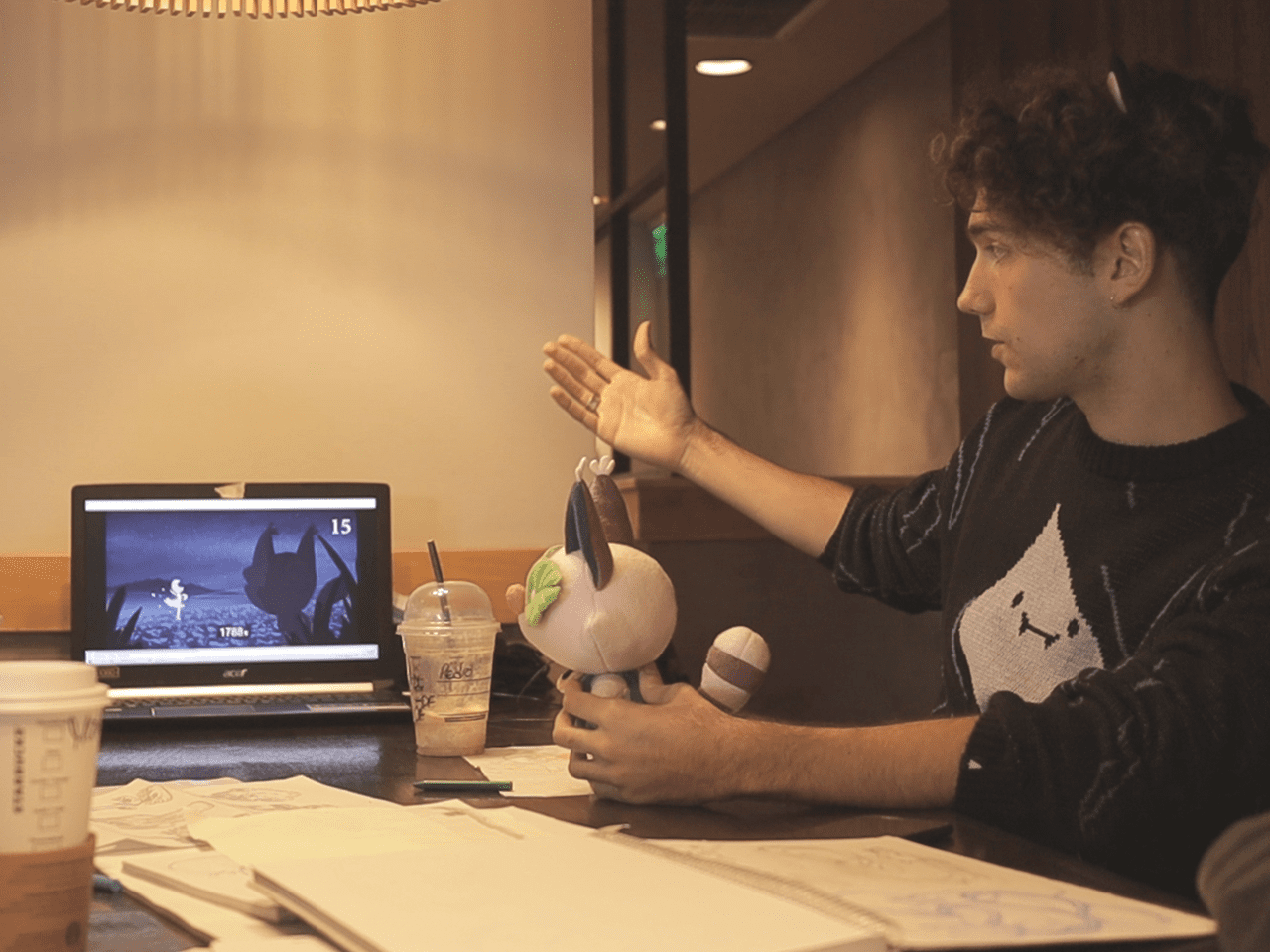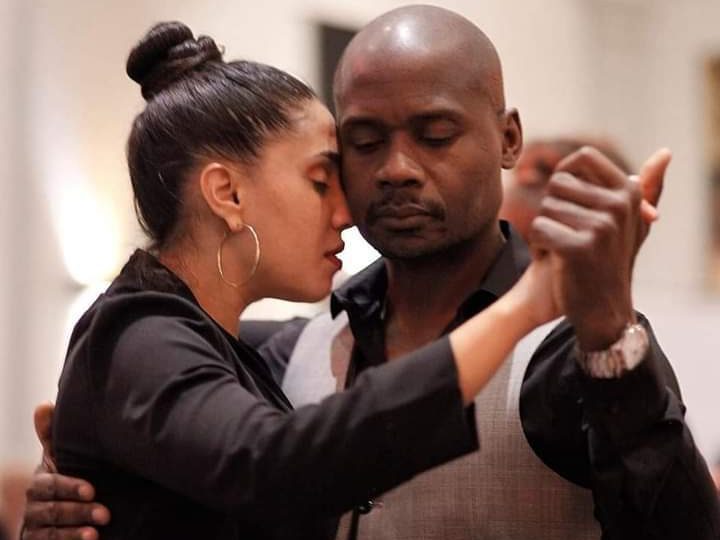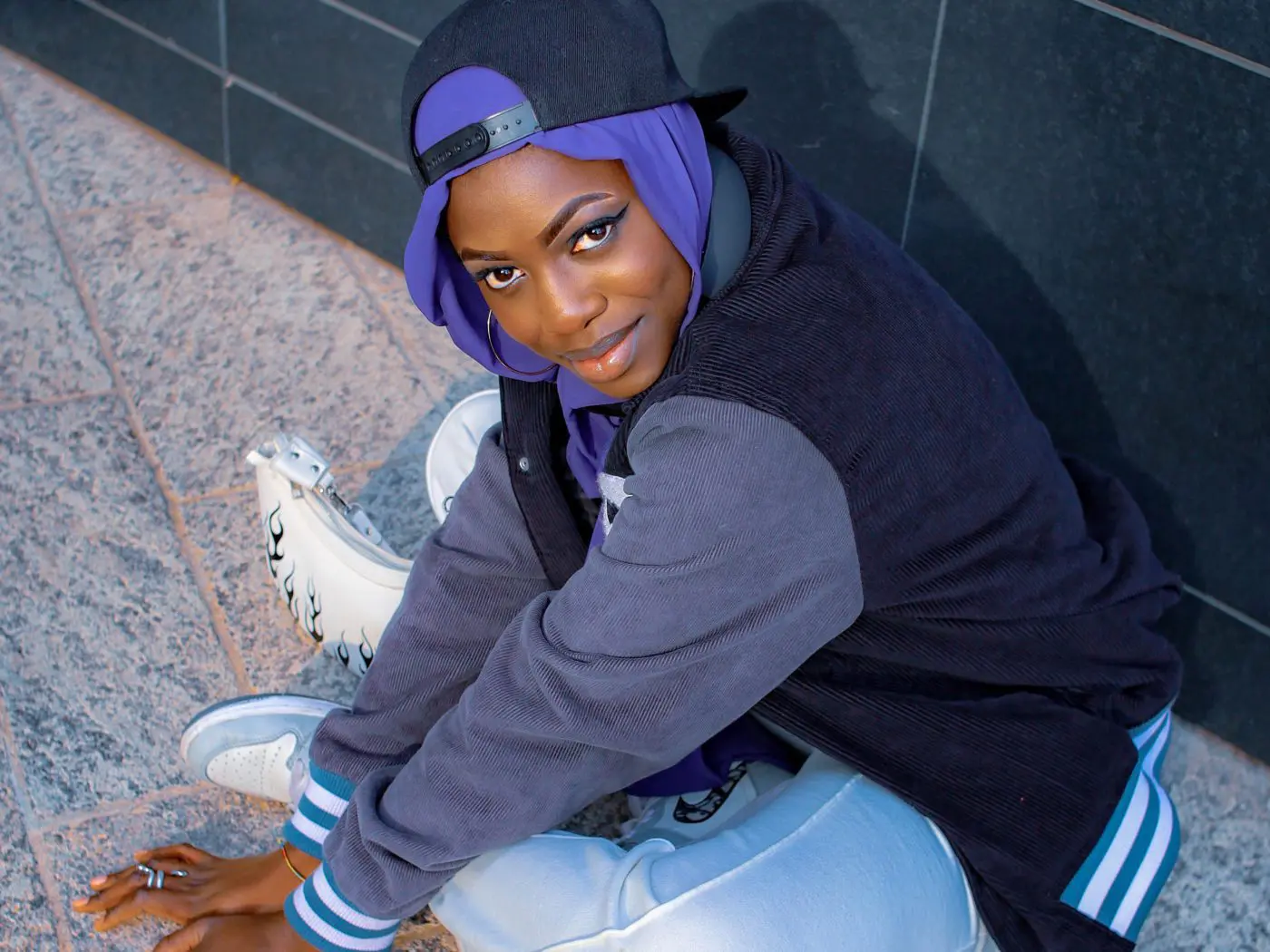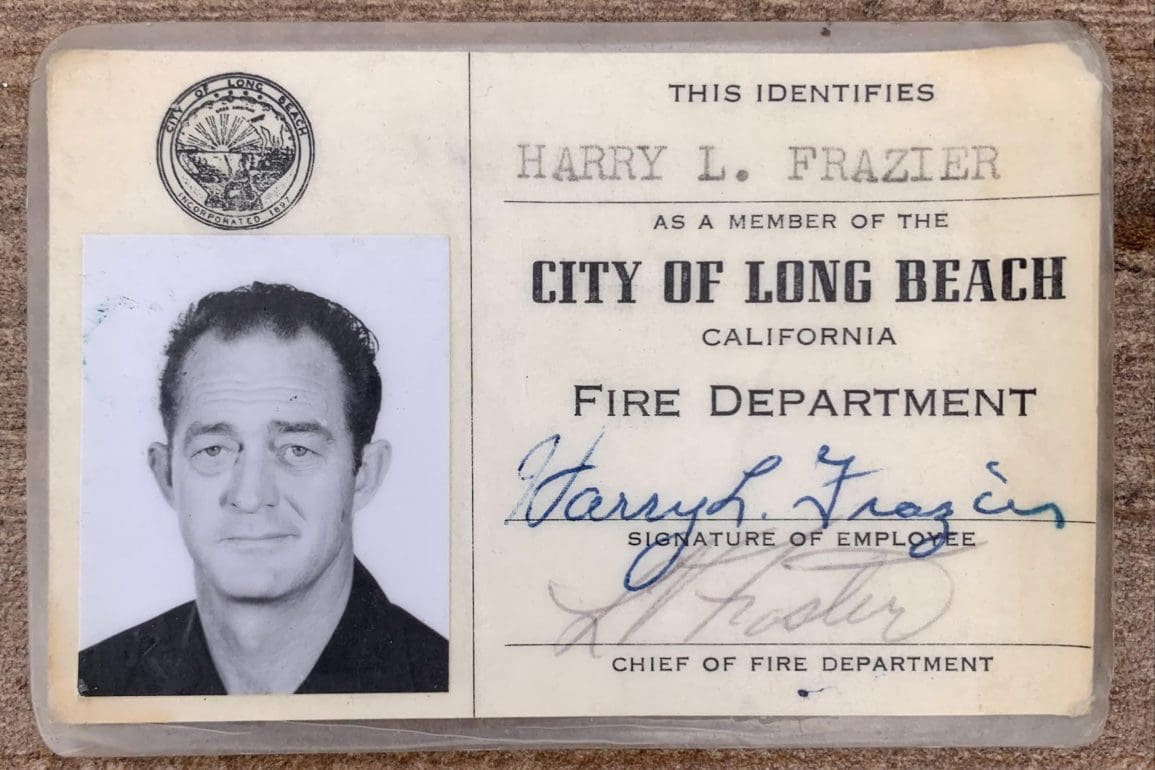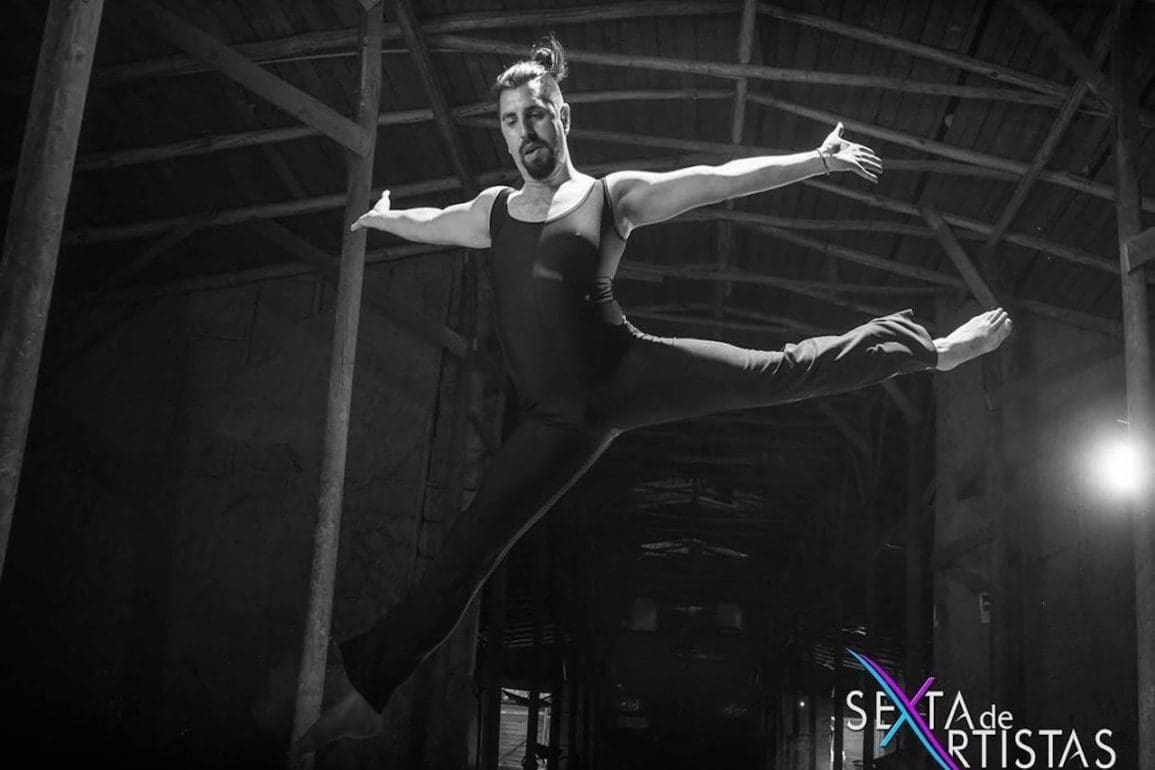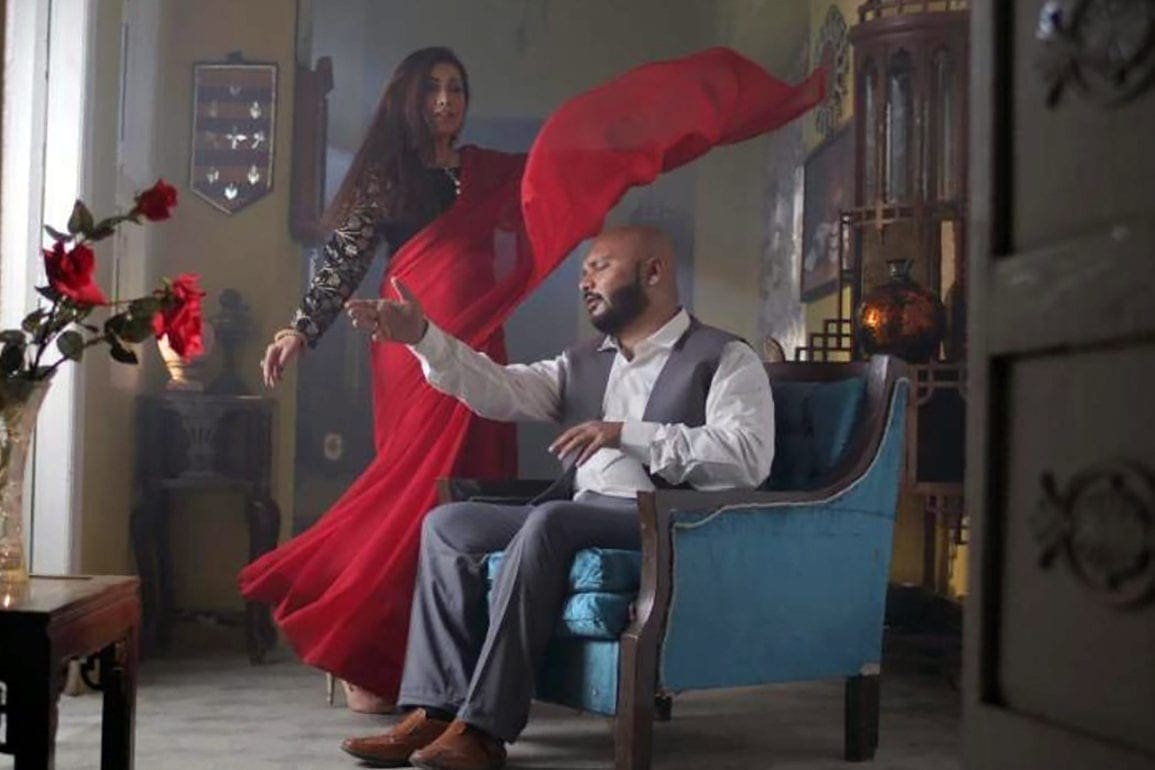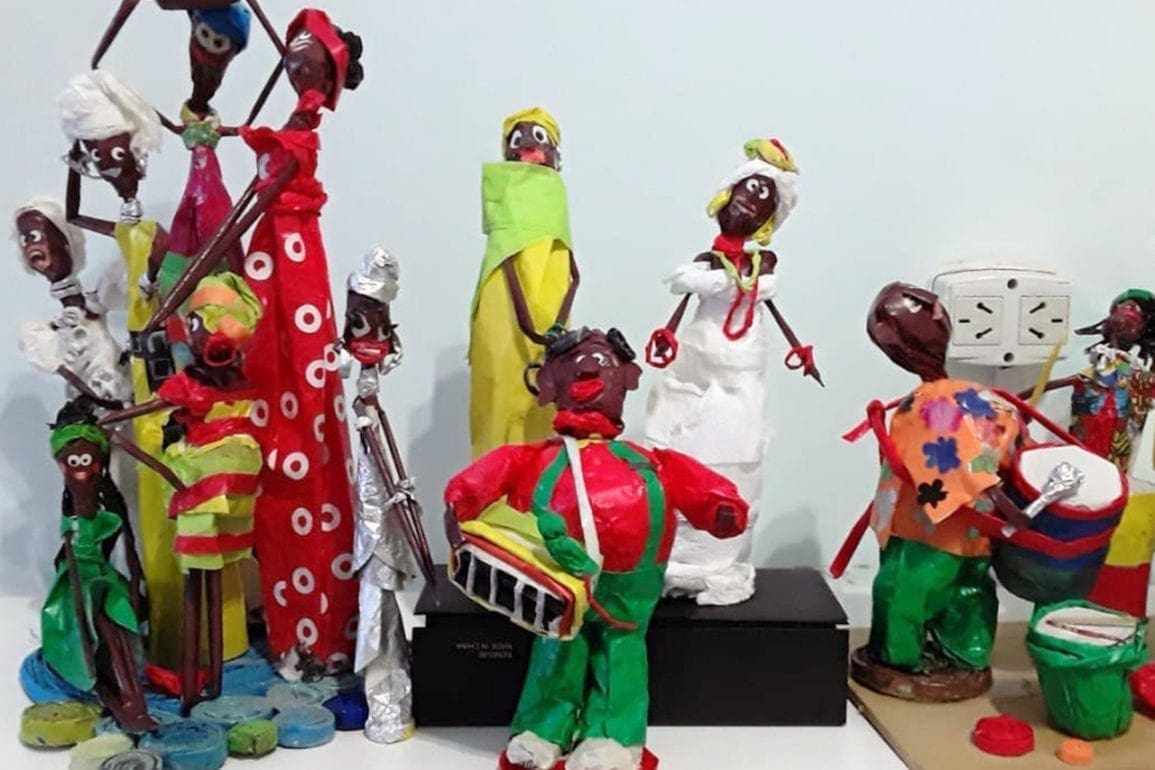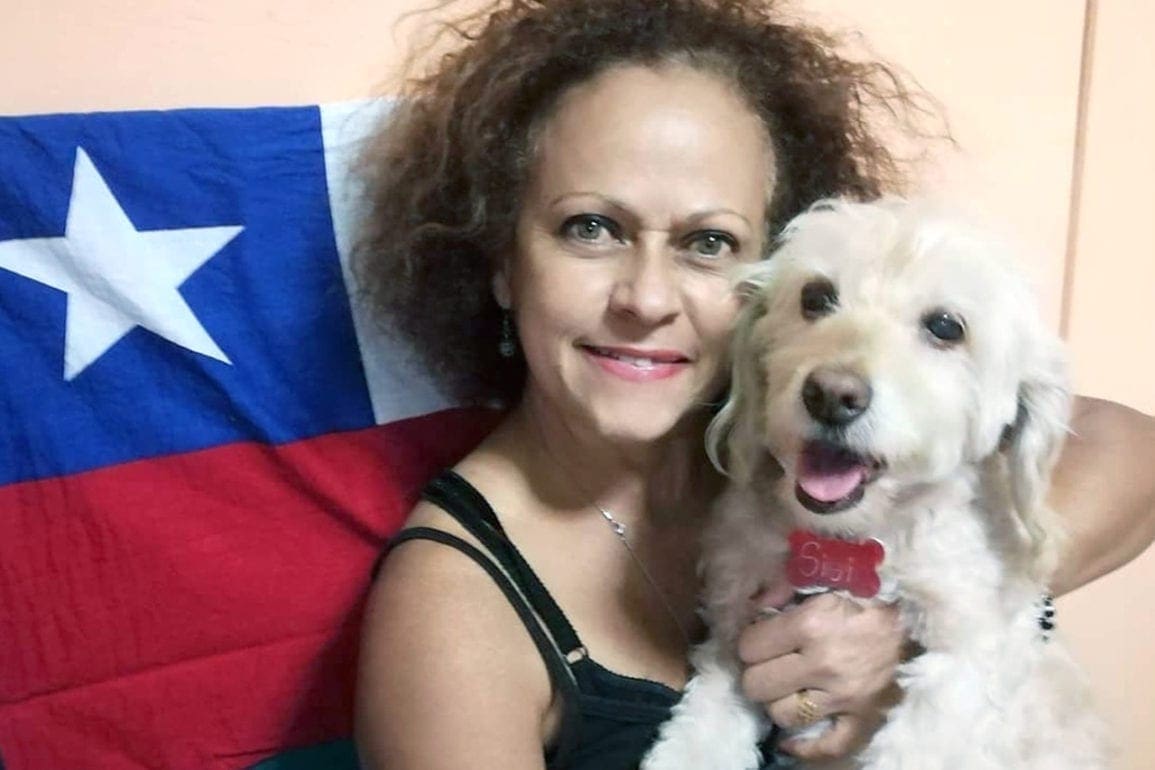Young Peruvian singer pioneers a fascinating new musical movement: Q-Pop
Watching my mother onstage, I saw a superhero radiating immense power. When she spoke to the audience, sharing snippets of her personal story or the meanings behind her songs, she encouraged them to contemplate a different reality. I knew I wanted to do the same, but finding my own voice proved difficult.
- 3 years ago
July 12, 2023
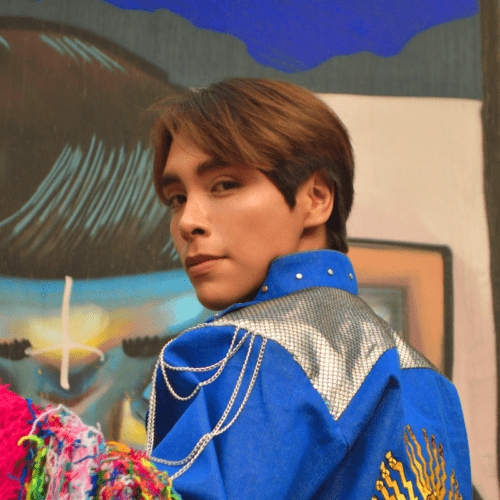
LIMA, Peru — When my university held a singing contest, I performed for the first time in my life onstage. Four hundred and fifty people attended the show. Nervousness took over my body until I remembered my mother’s words: “Being on stage is like a matter of life and death.” I decided to choose life and make the most of it. I adorned myself in sheer fabrics, a jacket, and tight pants. A newfound sense of confidence welled up within me, reaffirming that this was what I was meant to do.
I performed the Andean rendition of a Gloria Estefan song, and to my astonishment, the audience sang along with every word. Powerful energy enveloped the space as if everyone felt united by the performance. At that moment, I understood I no longer needed to fear pursuing my passion. I emerged victorious and took home the trophy. When I shared the news with my mother, she squealed with joy and embraced me, nearly in tears.
Read more stories from Peru at Orato World Media
He tapped into his indigenous roots and became the pioneer of a new musical movement
As I dove further into my art, I made the decision to create my own movement. The Quechua culture holds immense significance in my music. [The Quechua are South American indigenous people living in the Andean highlands from Ecuador to Bolivia.] The movement I created is called Q-Pop, in honor of my people.
Incorporating the Quechua tradition into my music allowed me to stay true to my roots and bring my culture to a larger audience. I can communicate in a more profound way. Quechua offers a language that leaves no room for ambiguity or half-measures. It stirs people’s consciousness.
Whenever I contemplate a musical project, memories of my mother Yolanda Pinares singing Quechuan songs flood my mind. Sher became a renown singer in Peru. It is as if her delicate voice raised me. When I think of the sound something resonates deep inside me, touching my heart and sending shivers down my spine. As a child, she often took me to her shows. I stayed backstage with her trusted friend while she serenaded the audience. When I turned seven, her career began to soar.
I assisted her in the production of concerts, sketching costumes she sent off to the designers. Eventually, she granted me the freedom to develop my own creativity. At fourteen, I helped direct one of her music videos. I began to aspire to offer others the same feeling and connection through song my mom gave them.
From bullying to a true sense of belonging, his confidence grows
Watching my mother onstage, I saw a superhero radiating immense power. When she spoke to the audience, sharing snippets of her personal story or the meanings behind her songs, she encouraged them to contemplate a different reality. I knew I wanted to do the same, but finding my own voice proved difficult. At school, my physical stature and withdrawn nature attracted bullies. Growing up with just my mother and me, I yearned for friends and found it hard to accept that people seemed not to like me at school.
I often cried myself to sleep and avoided making eye contact. Then, one day, I saw a group of girls dancing and laughing. Intrigued, I approached them. They were listening to K-Pop, a genre of Korean pop music I never heard before. The girls welcomed me into their circle, and we began talking, sharing songs, and learning choreographies together.
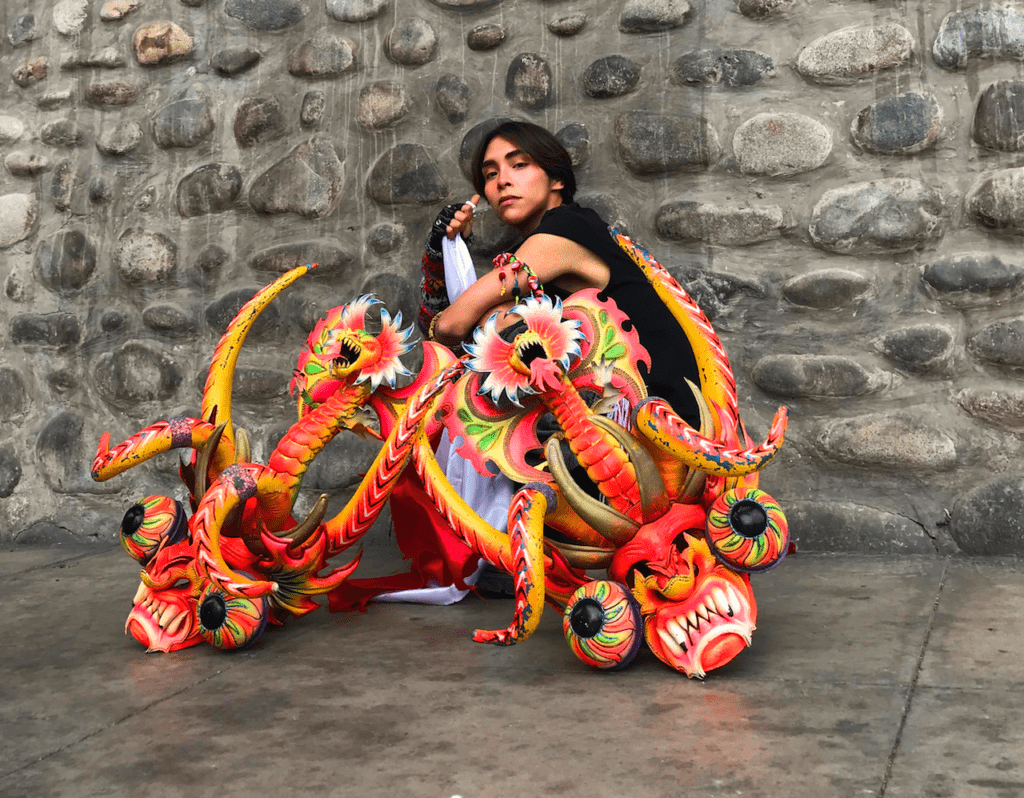
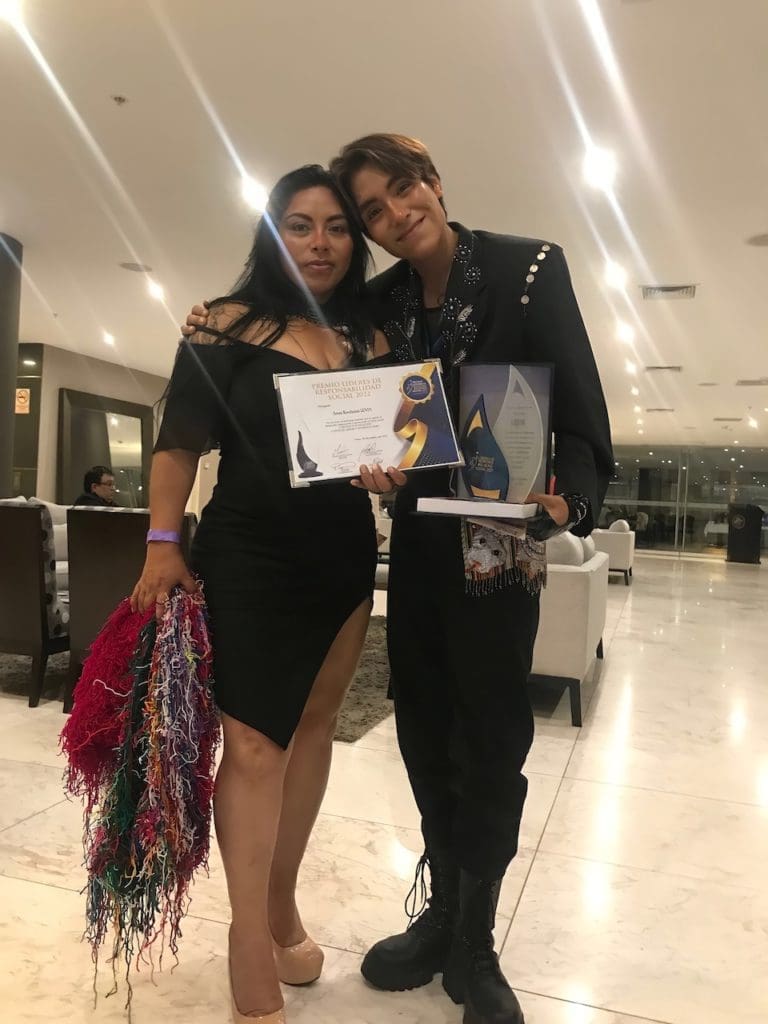

For the first time in my life, I felt like I belonged. We forged a sense of community. It started out being about friendship, but soon I found myself drawn to the artistic expression apparent in K-Pop. Going to school no longer felt like a painful experience. A sense of excitement arose inside me knowing, after school, we would gather at friend’s house to watch videos, listen to songs, and dance.
We spent hours immersed in our shared passion. Every day, as I made my way back home, I felt reborn, filled with happiness. As a result, I began opening for my mother at her shows. Still, I yearned to create something of my own. I began to contemplate merging the influence of K-Pop with my cultural origins to convey a fresh message.
As my music garnered more and more attention, I led the way in Q-Pop
One day, I met someone who owned a recording studio. Inside the booth, I recorded my song Tusurikusun, which became my first TikTok upload. The response felt incredible. I first envisioned my style as neo-Andean until someone likened it to Quechua K-Pop, proposing the label Q-Pop. I felt in love and adopted the term as my own.
My Quechua culture and language became an integral part of the music, allowing me to convey the right message while expressing my heritage. As my music made waves in my country, a sense of pride invaded my being. Today, I transmit a message of love and freedom with Quechua as the banner I fly.
Quechua remains more than just a language. It serves as the gateway to an ancient culture. I hope more artists embrace it in their music, and I believe, absolutely, that Q-Pop will grow into a significant cultural phenomenon.
Someone must pioneer this path, and I feel equipped with strength and creativity necessary to lead the way.










